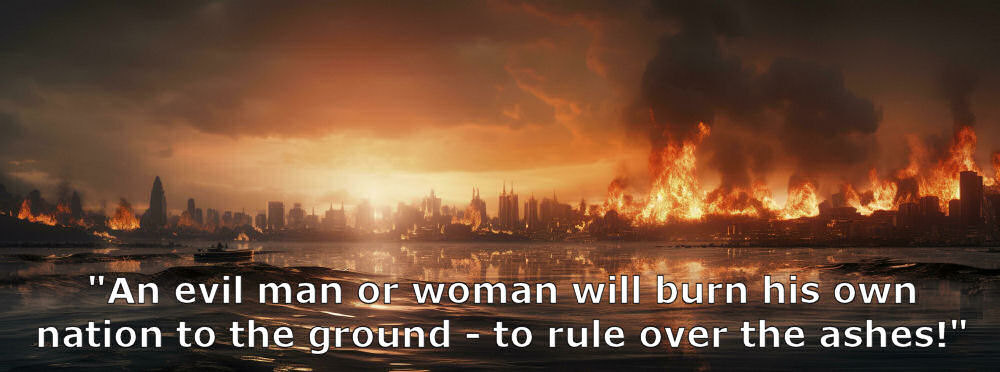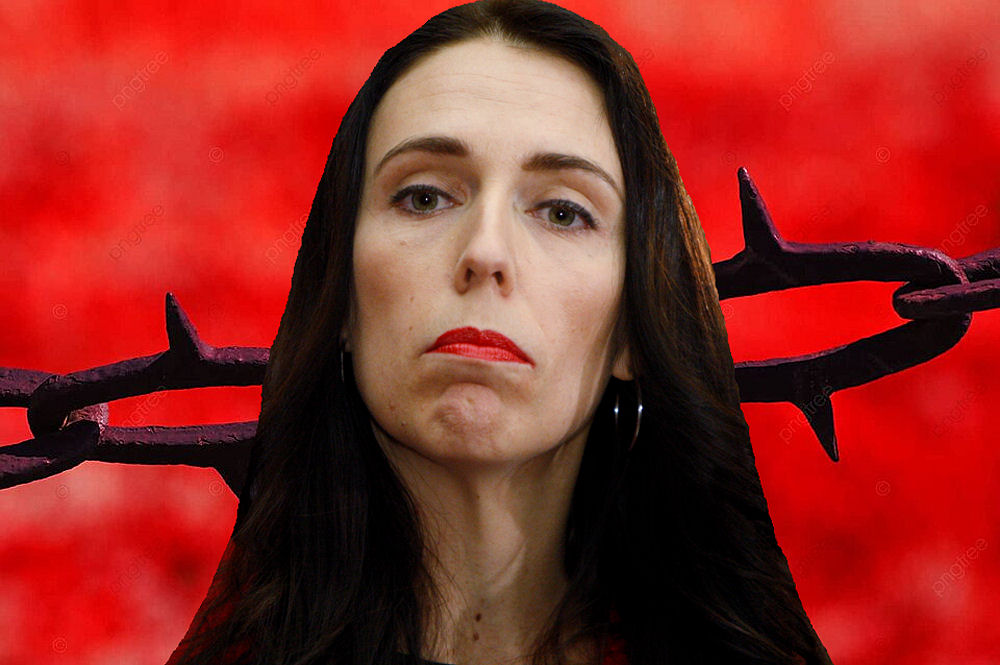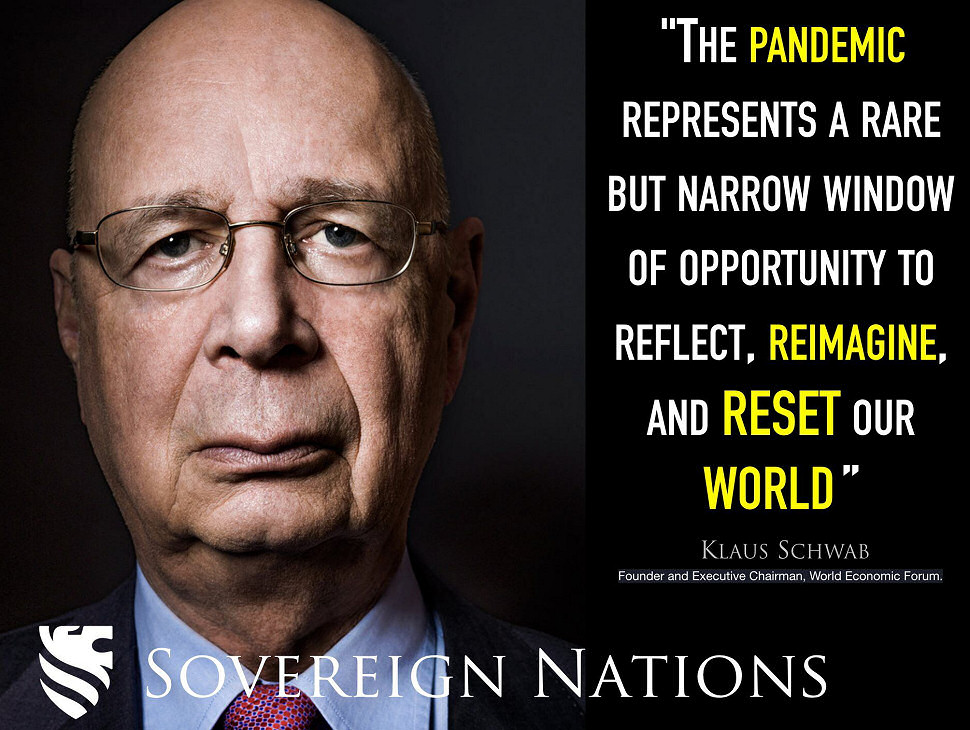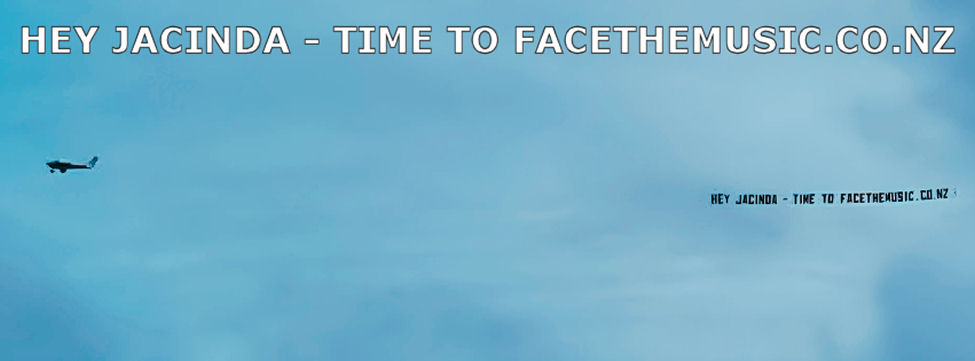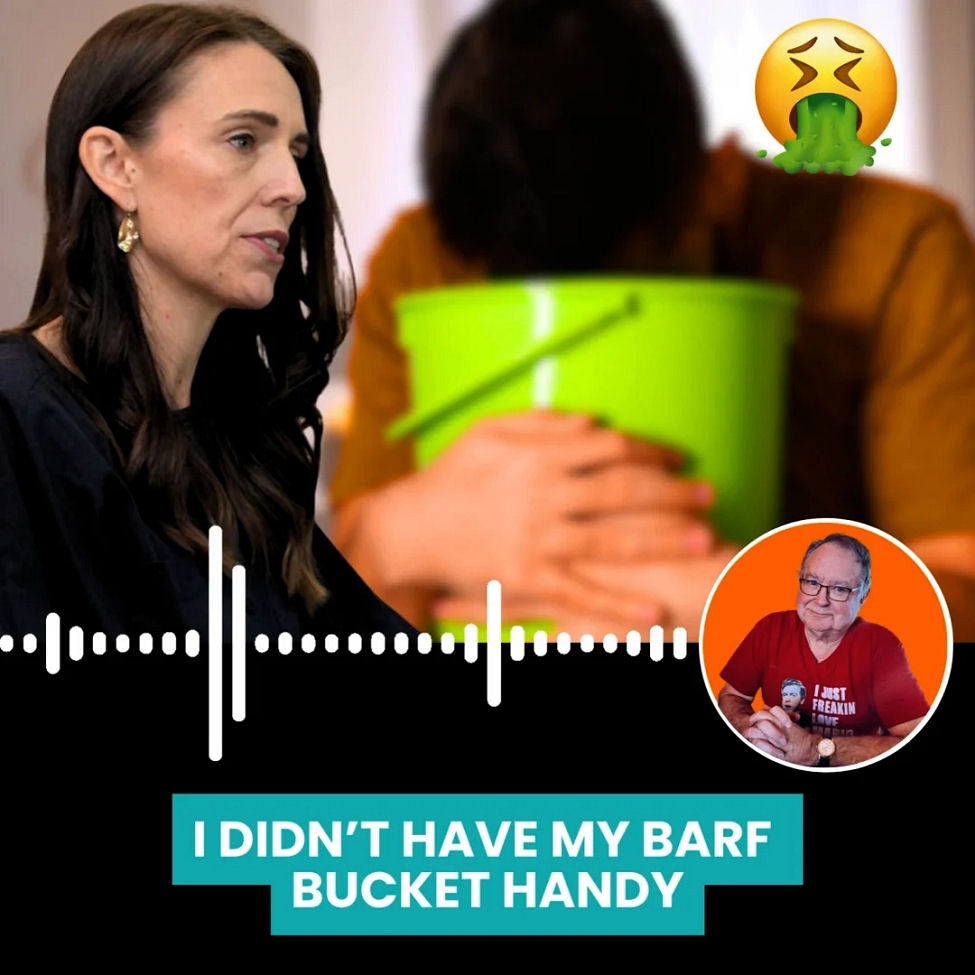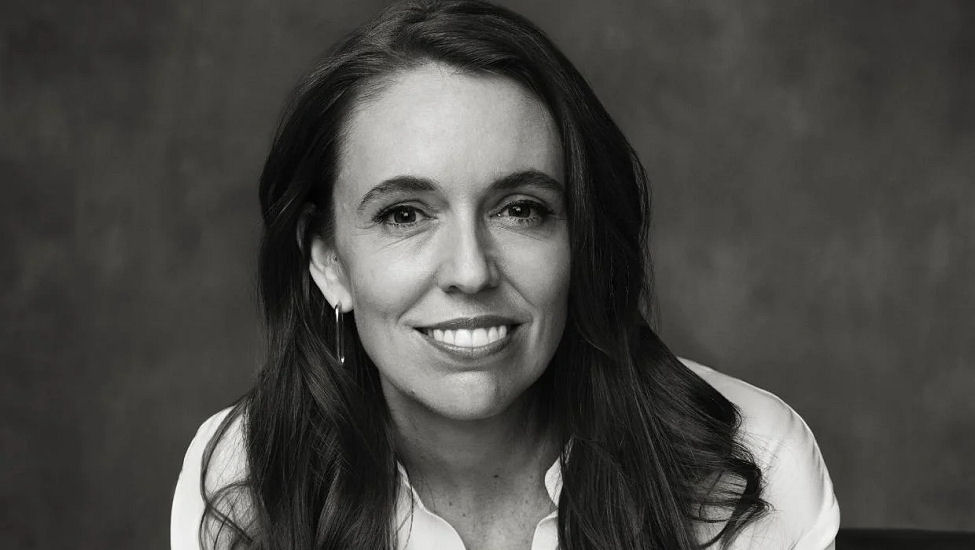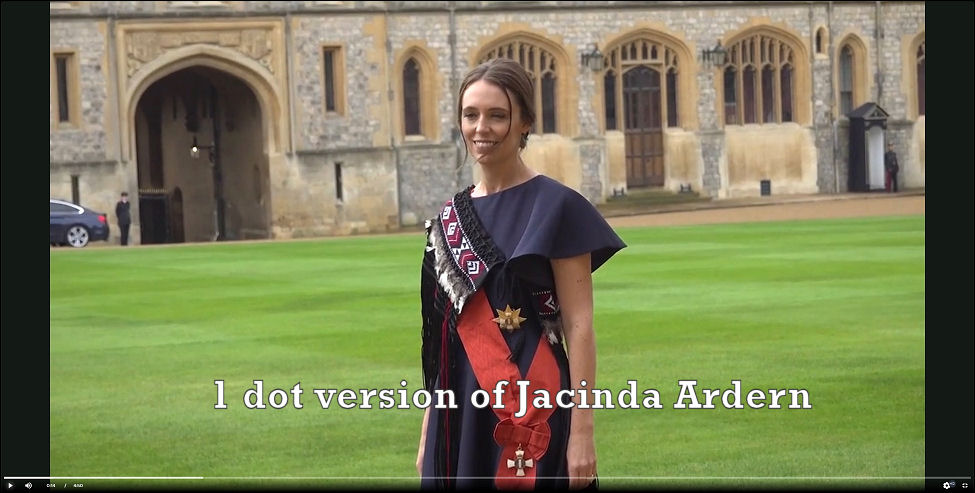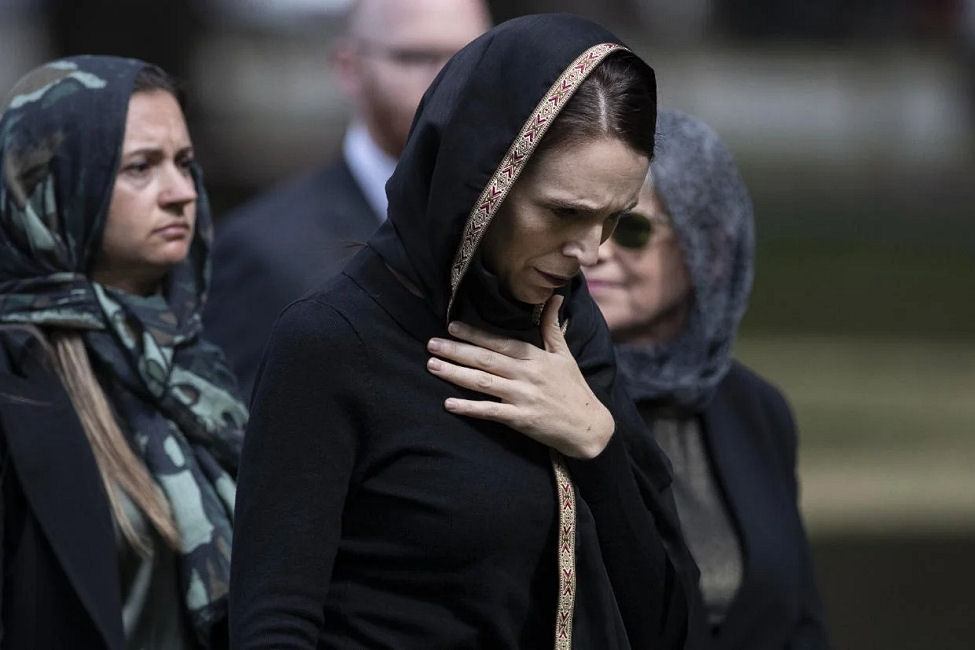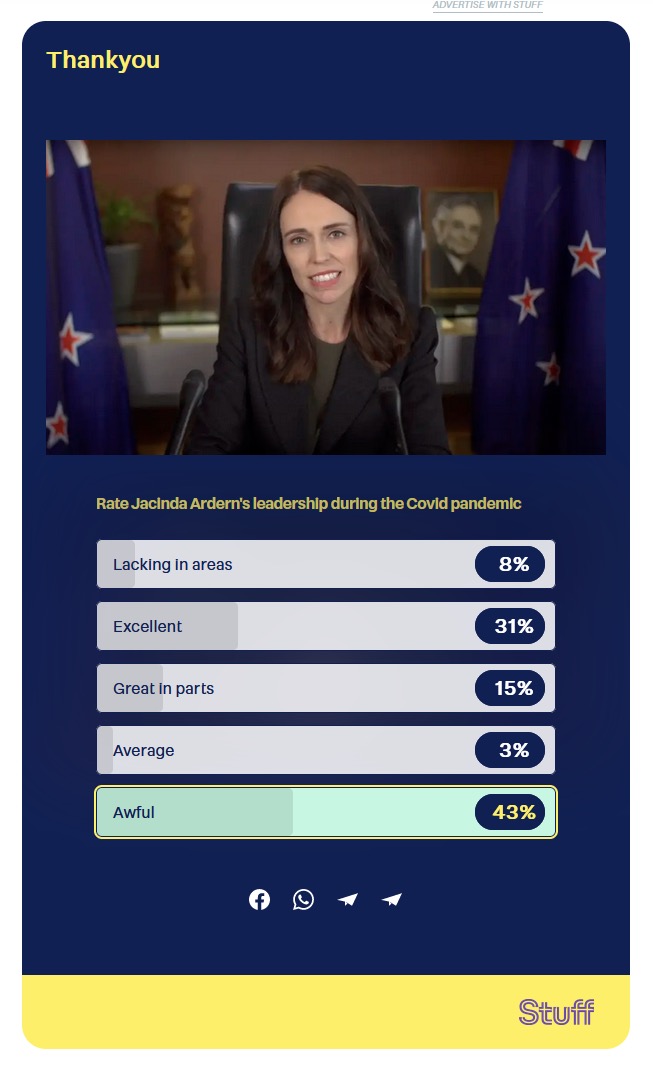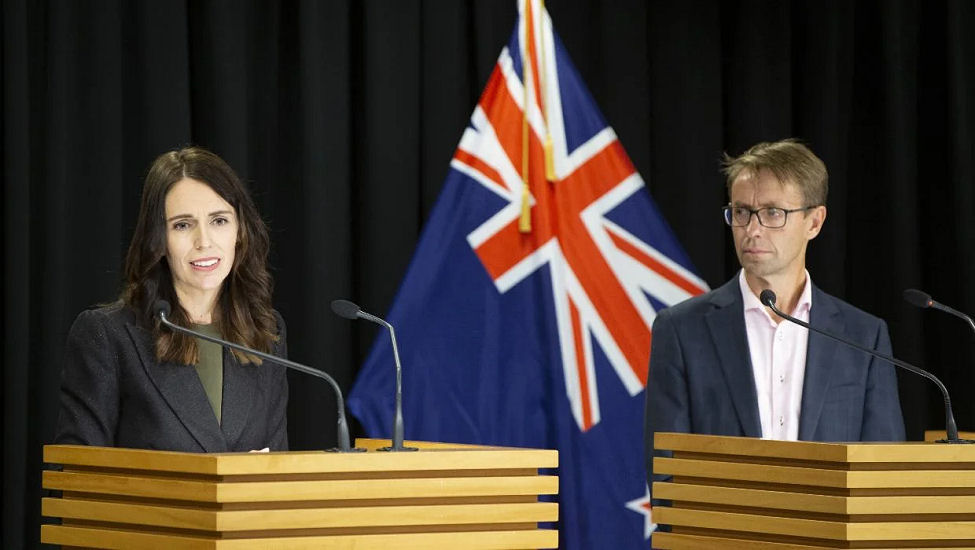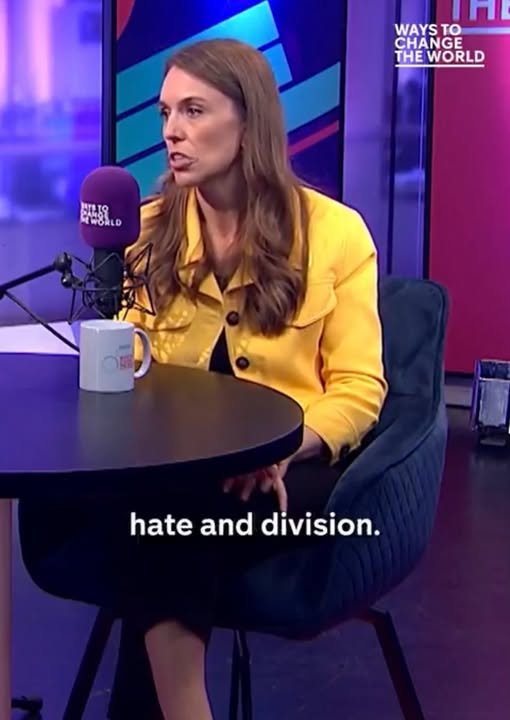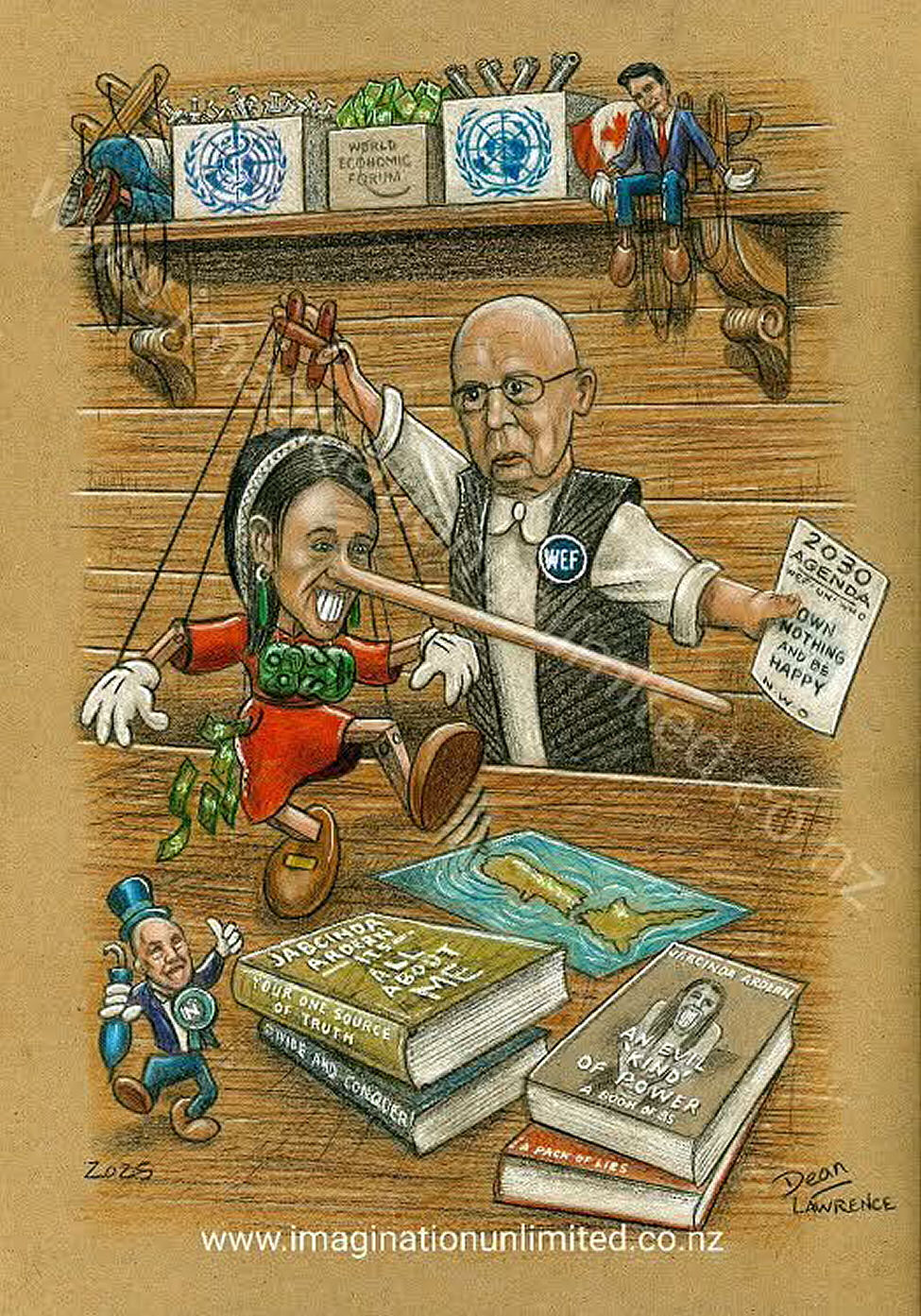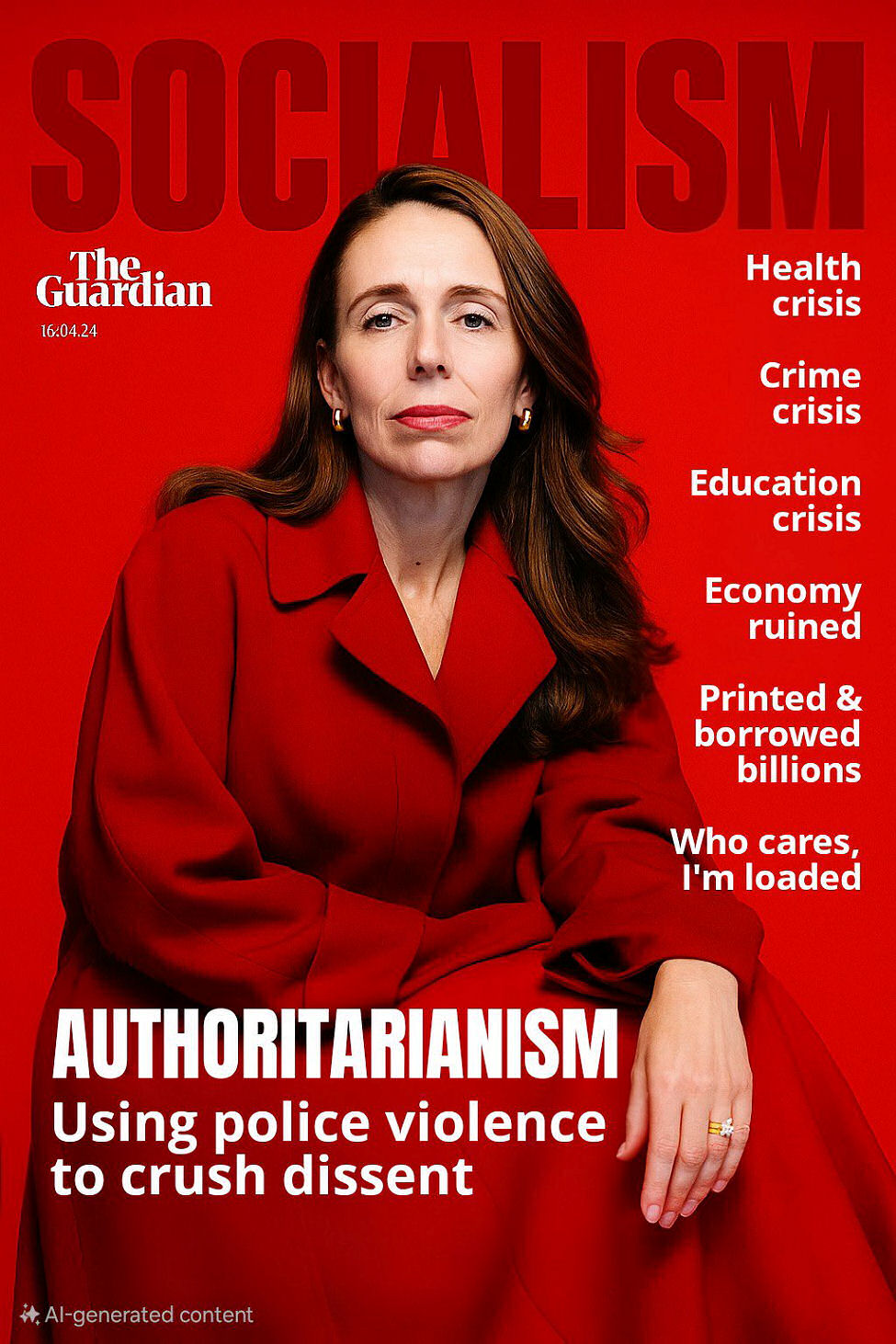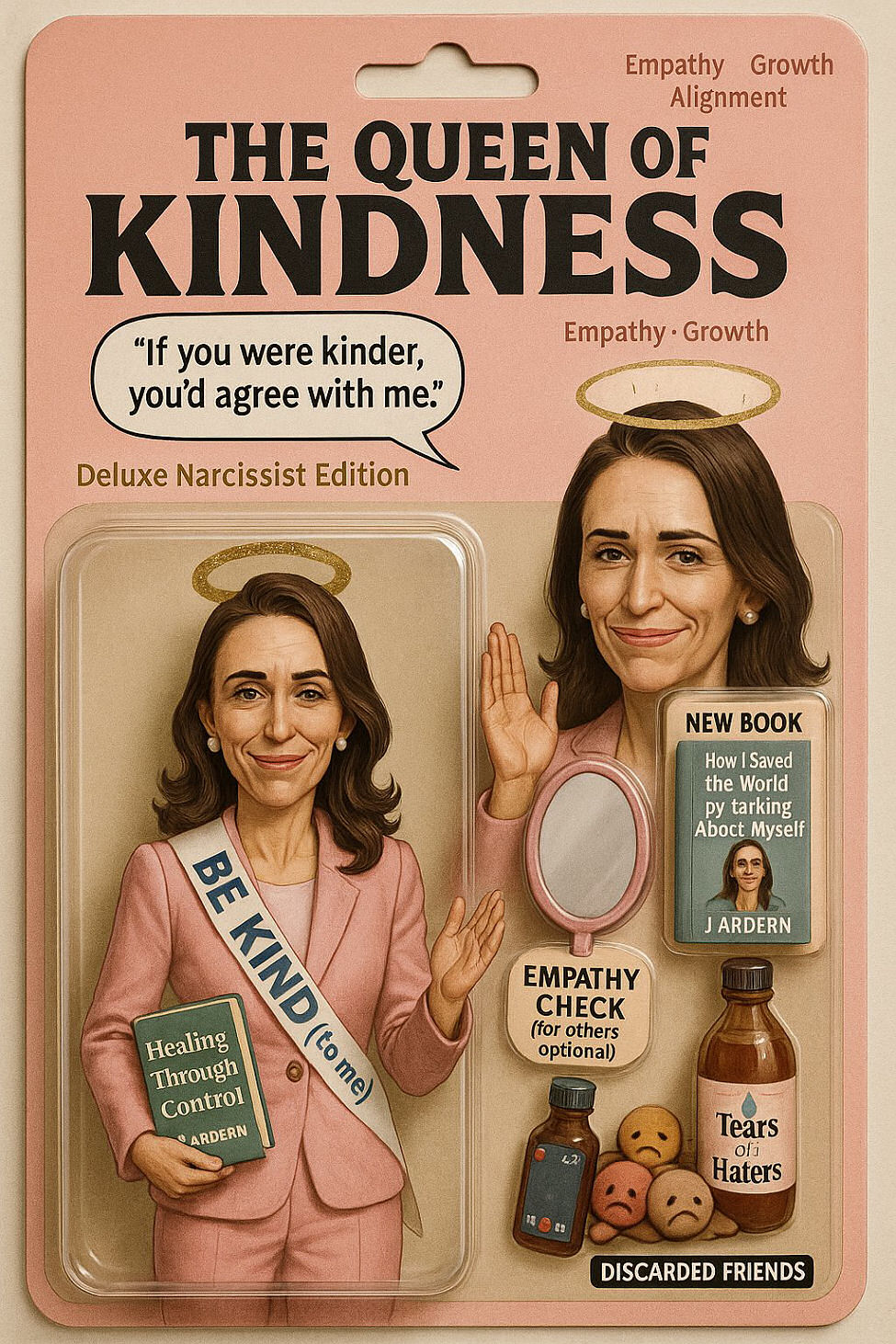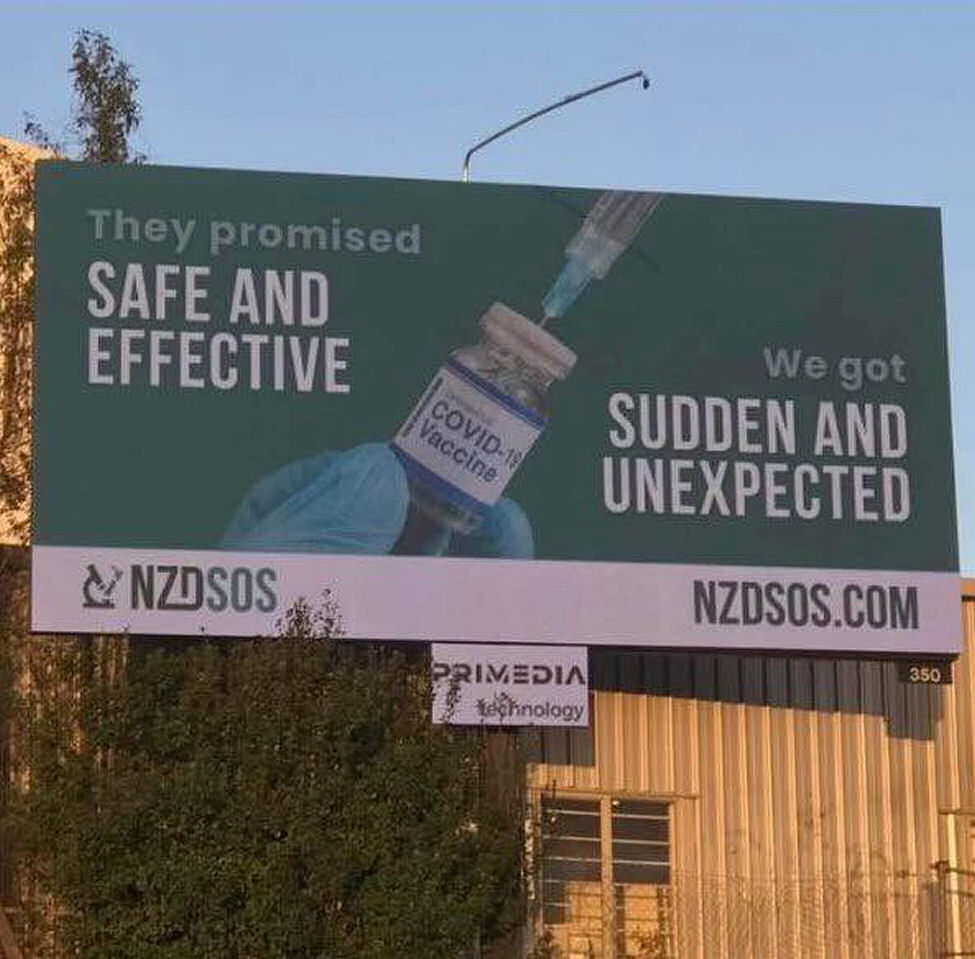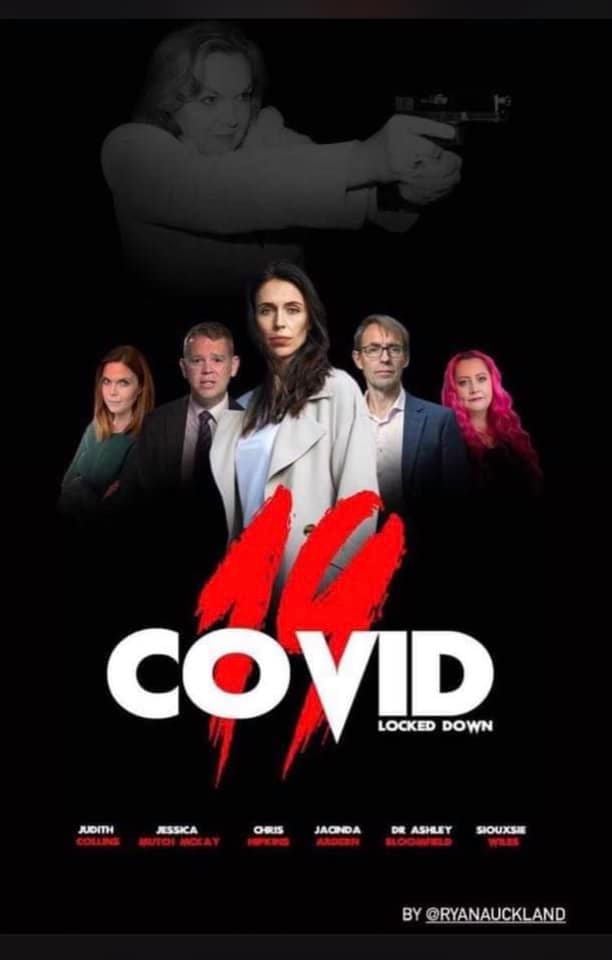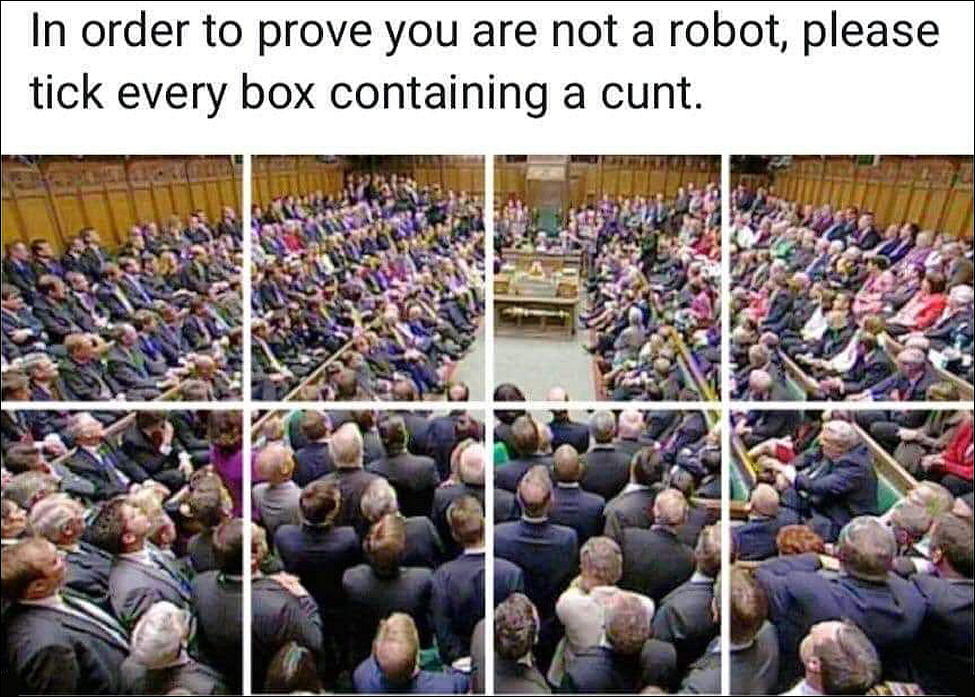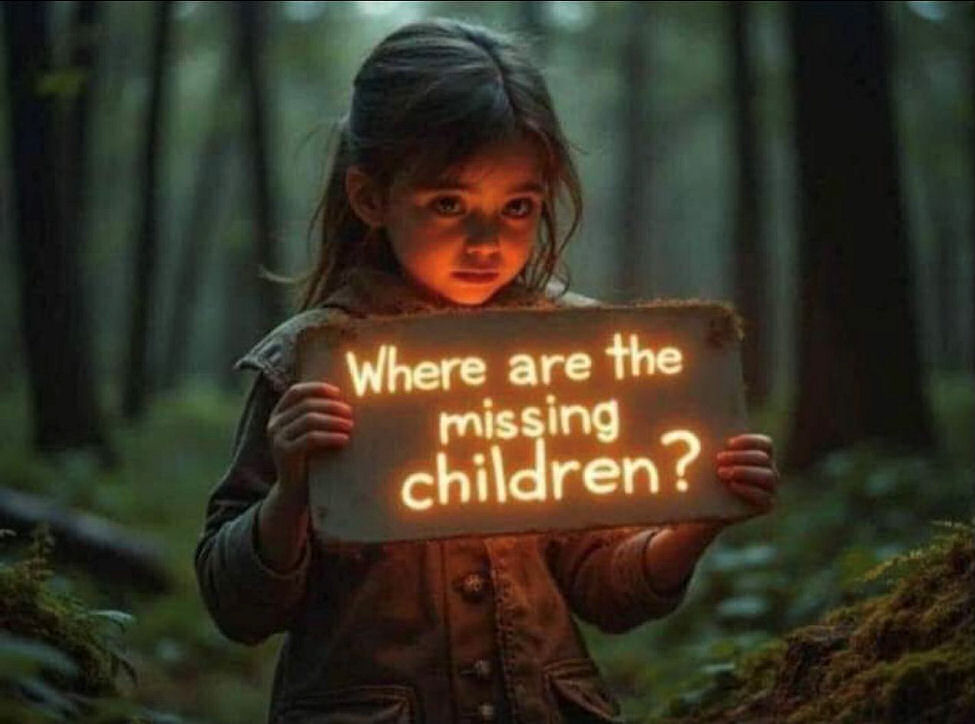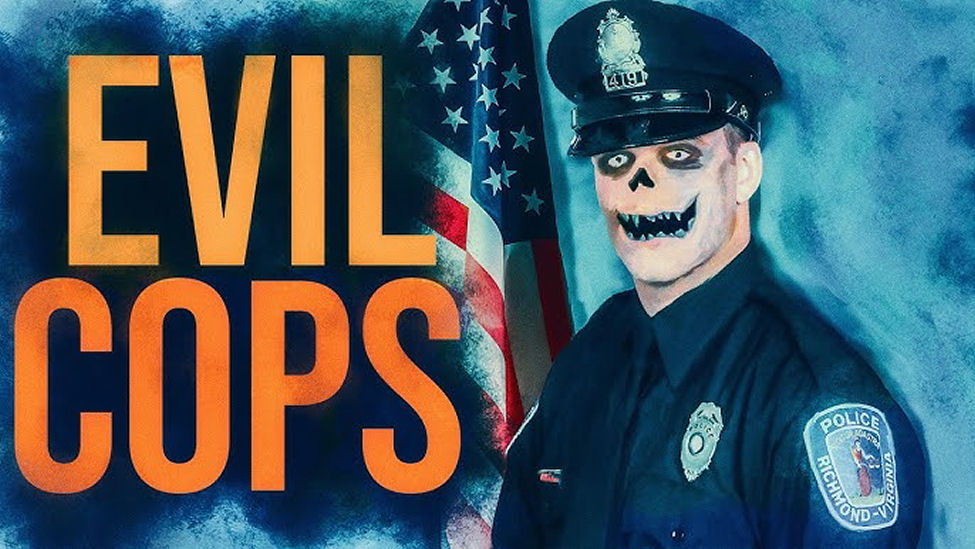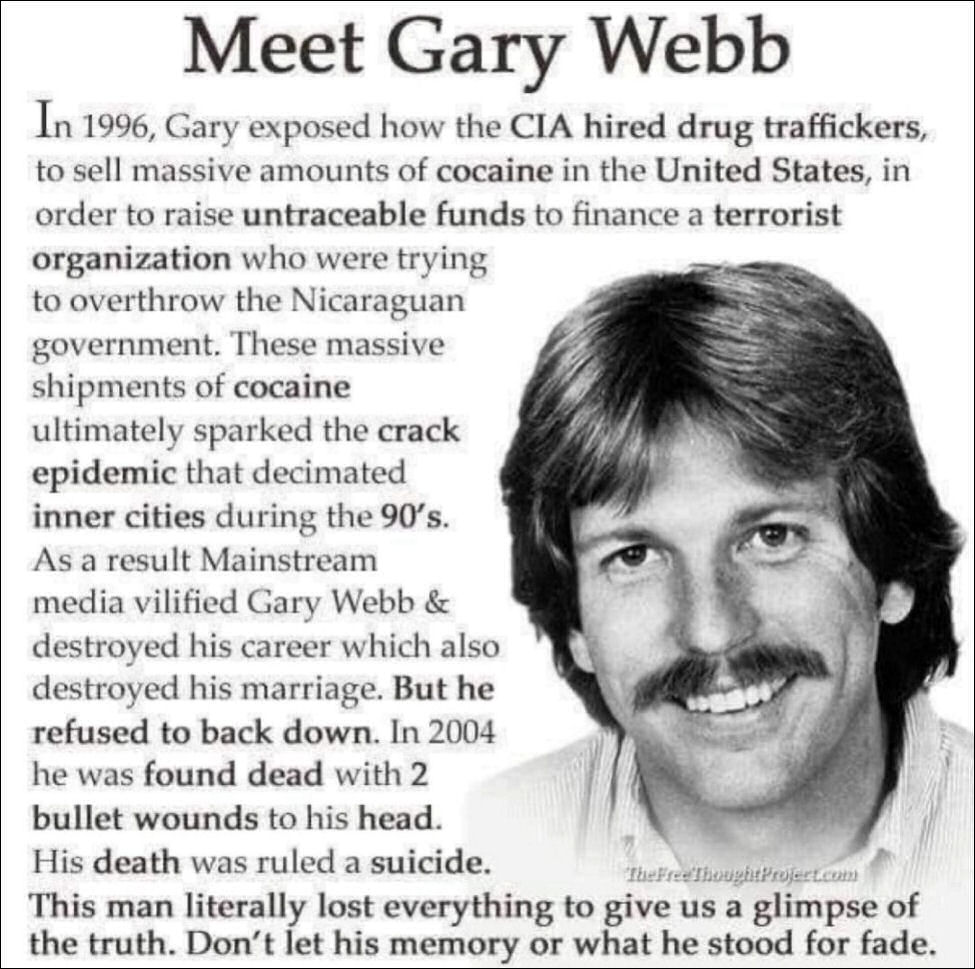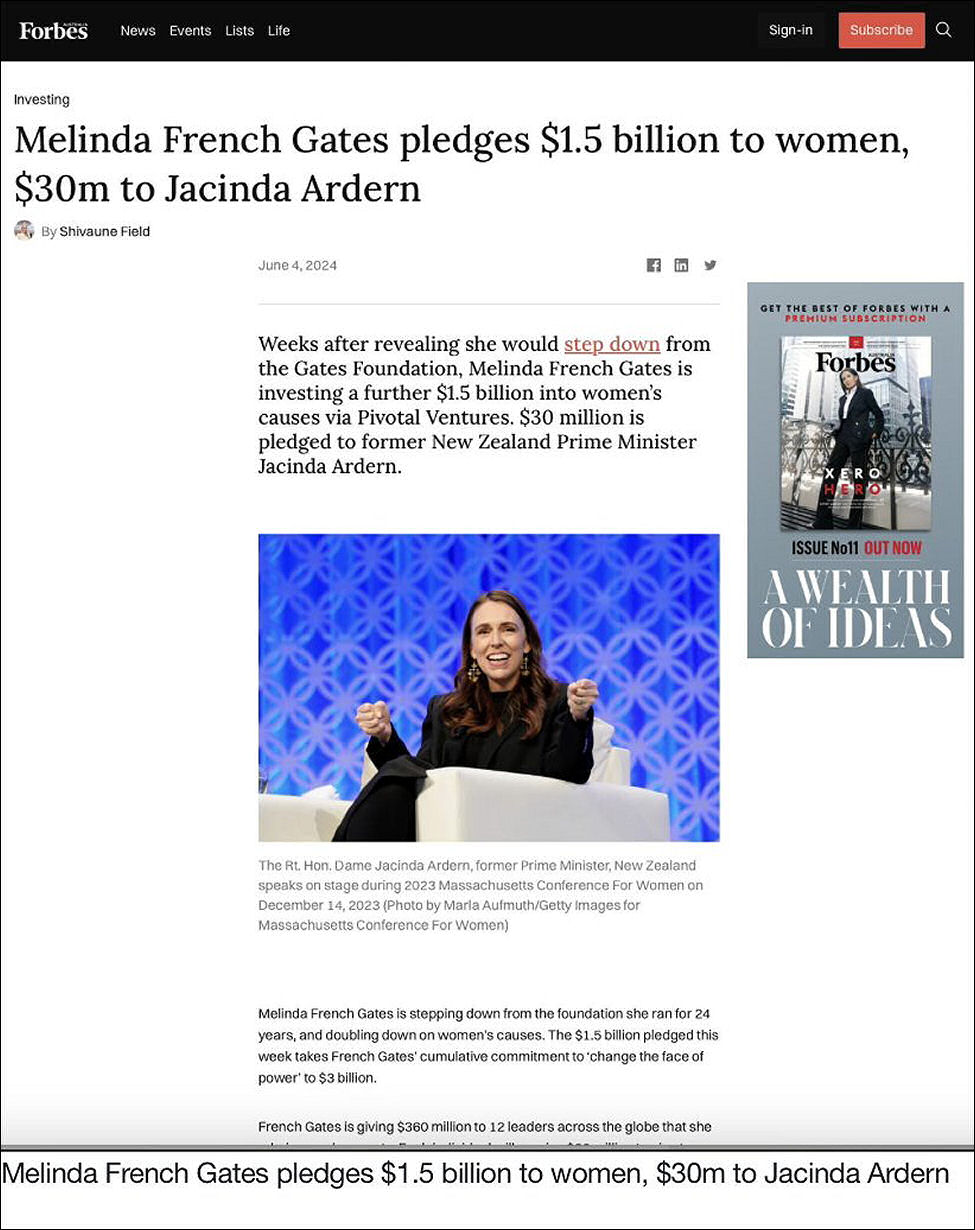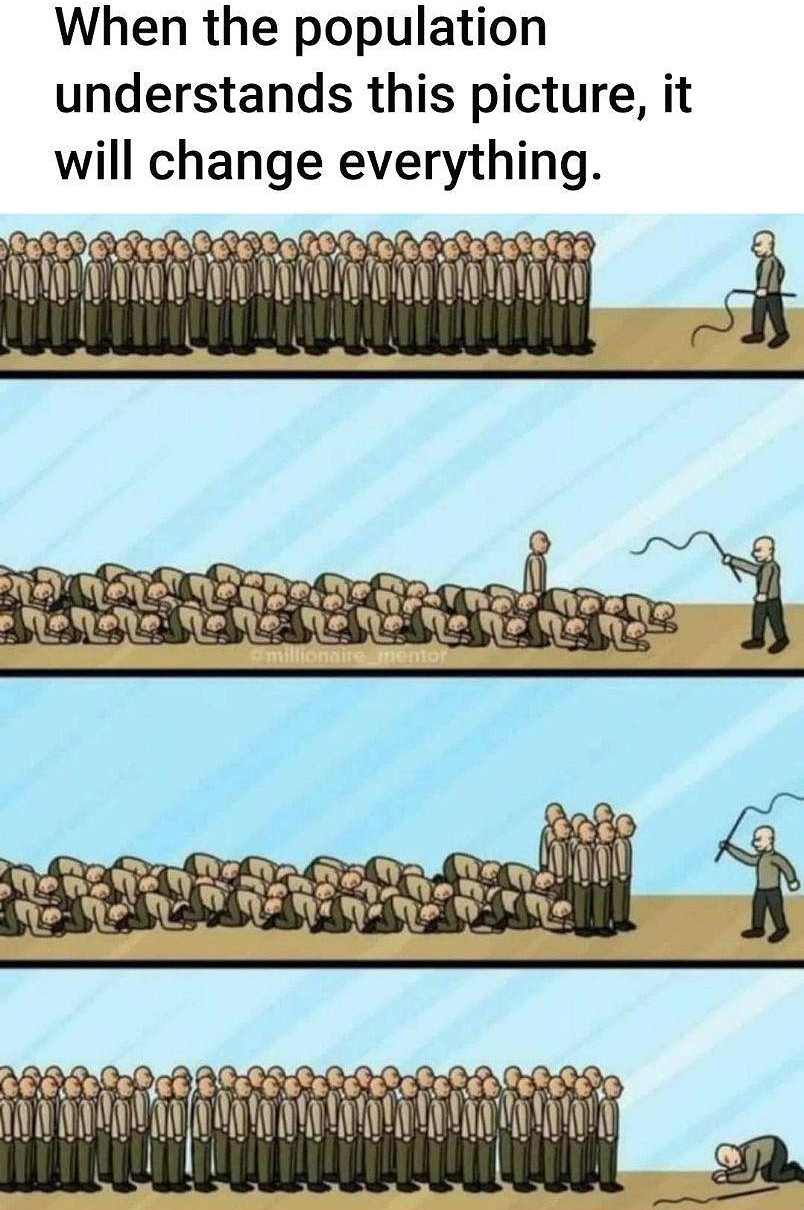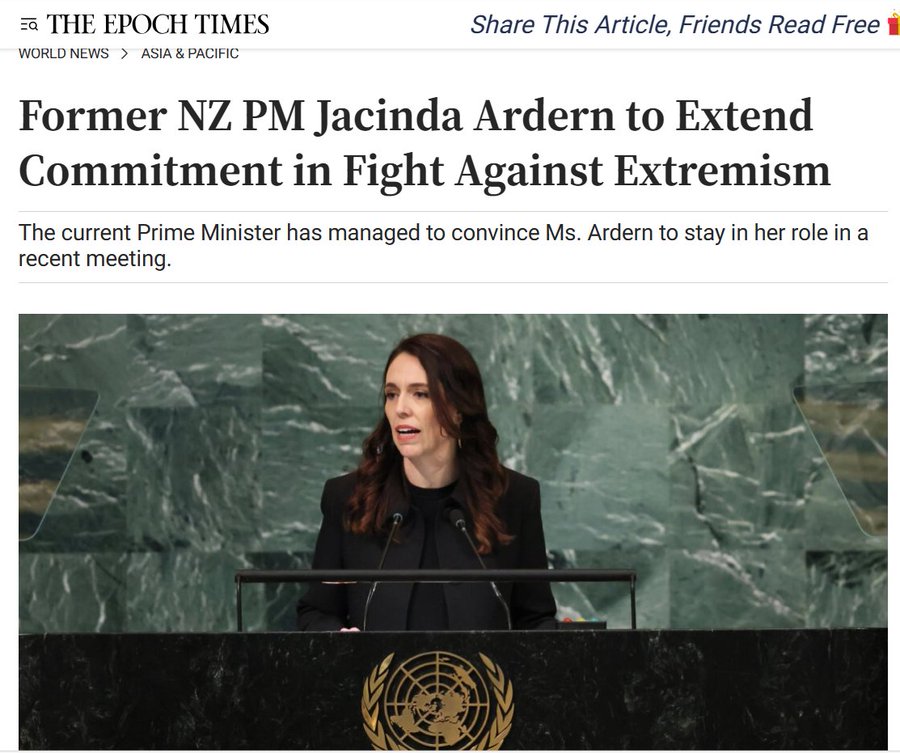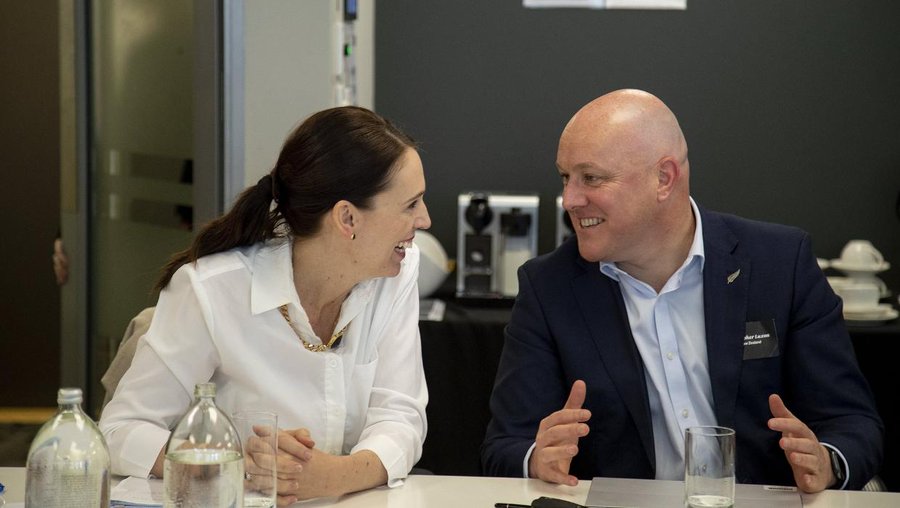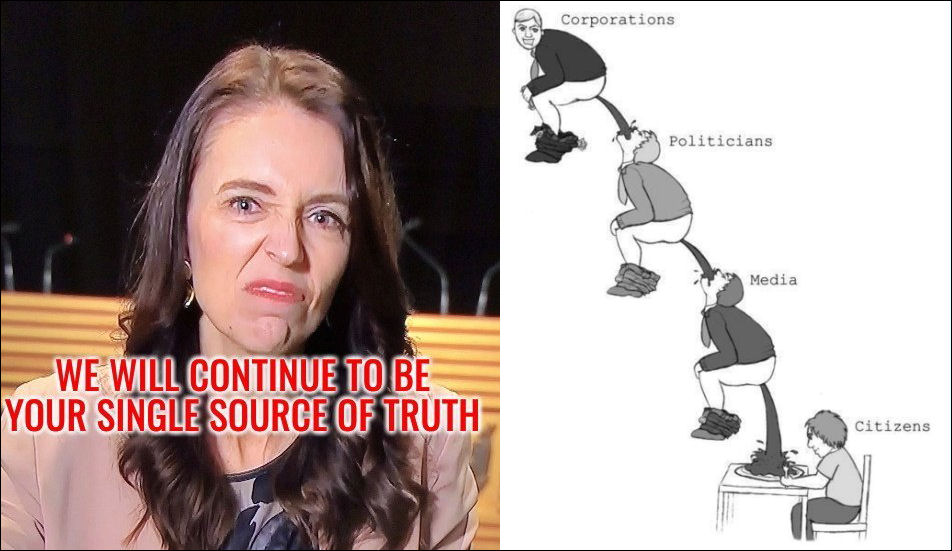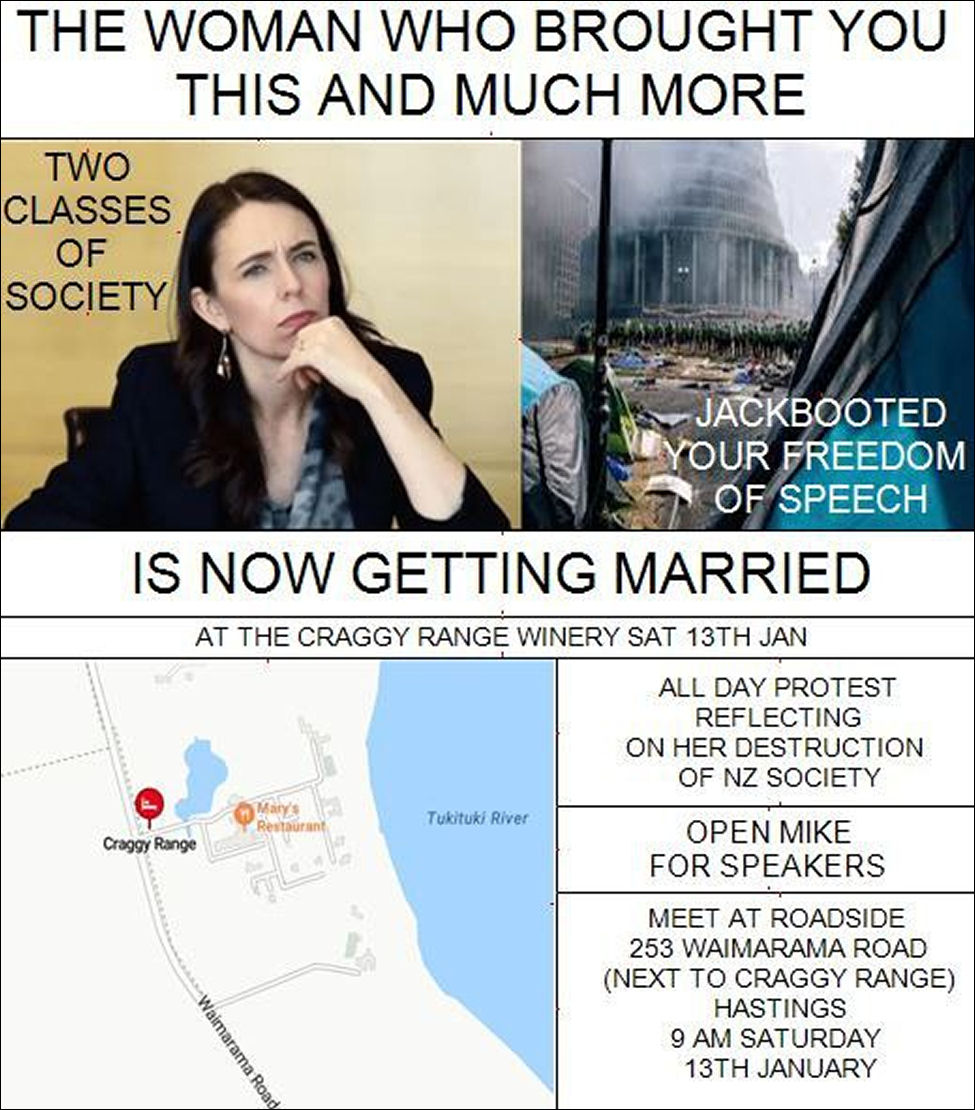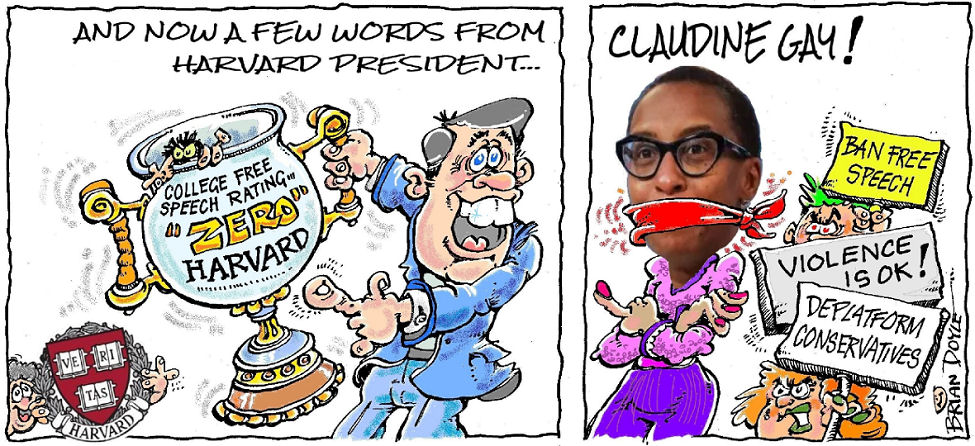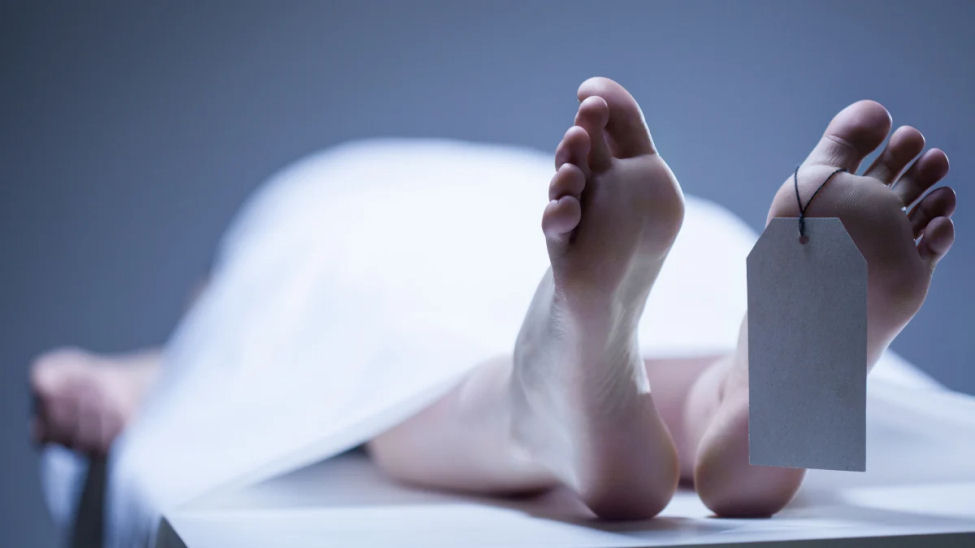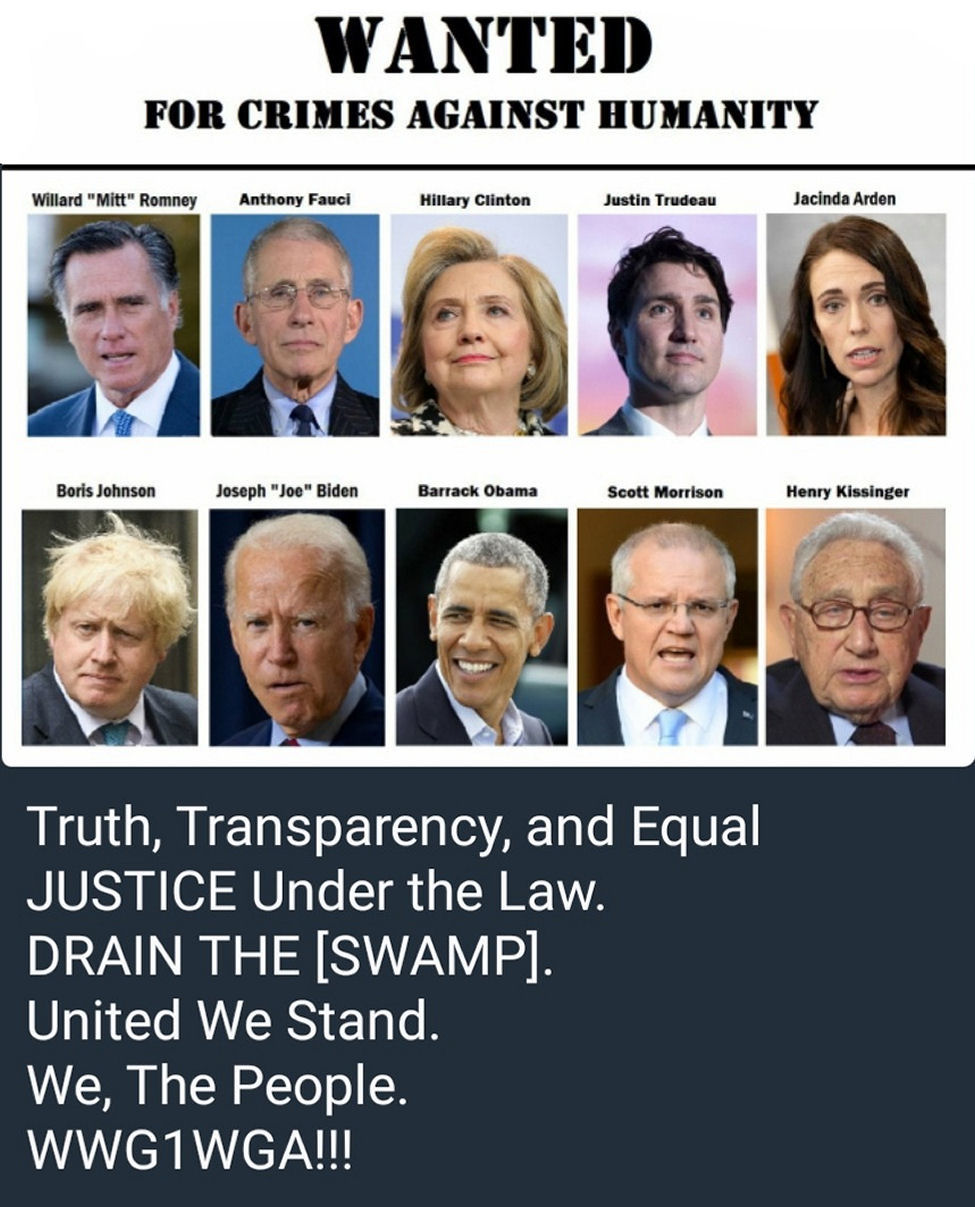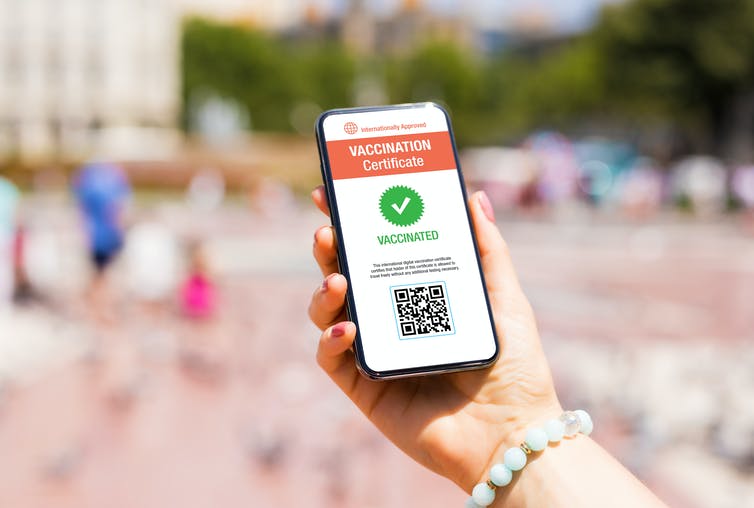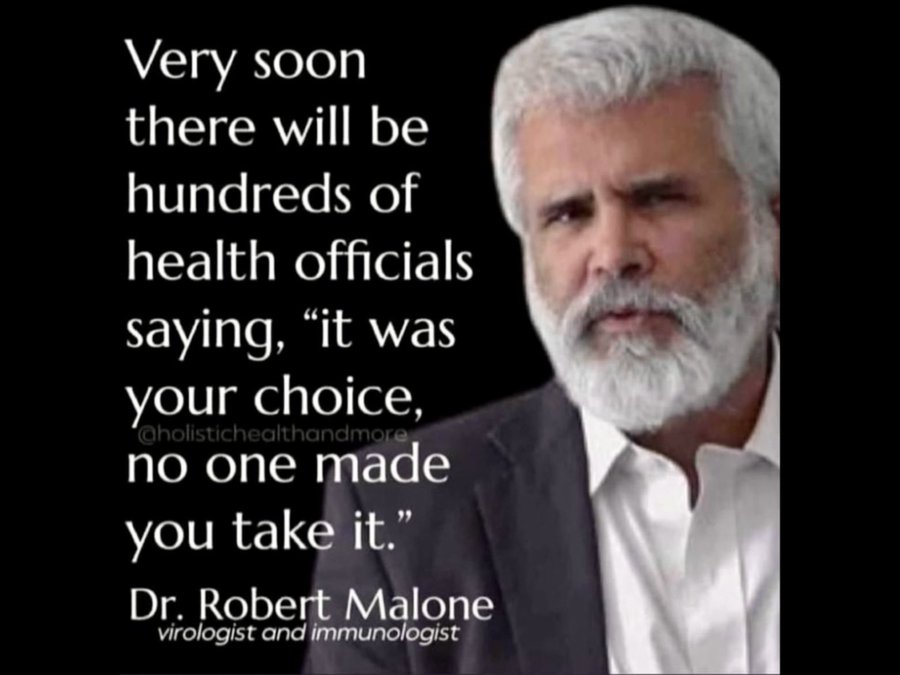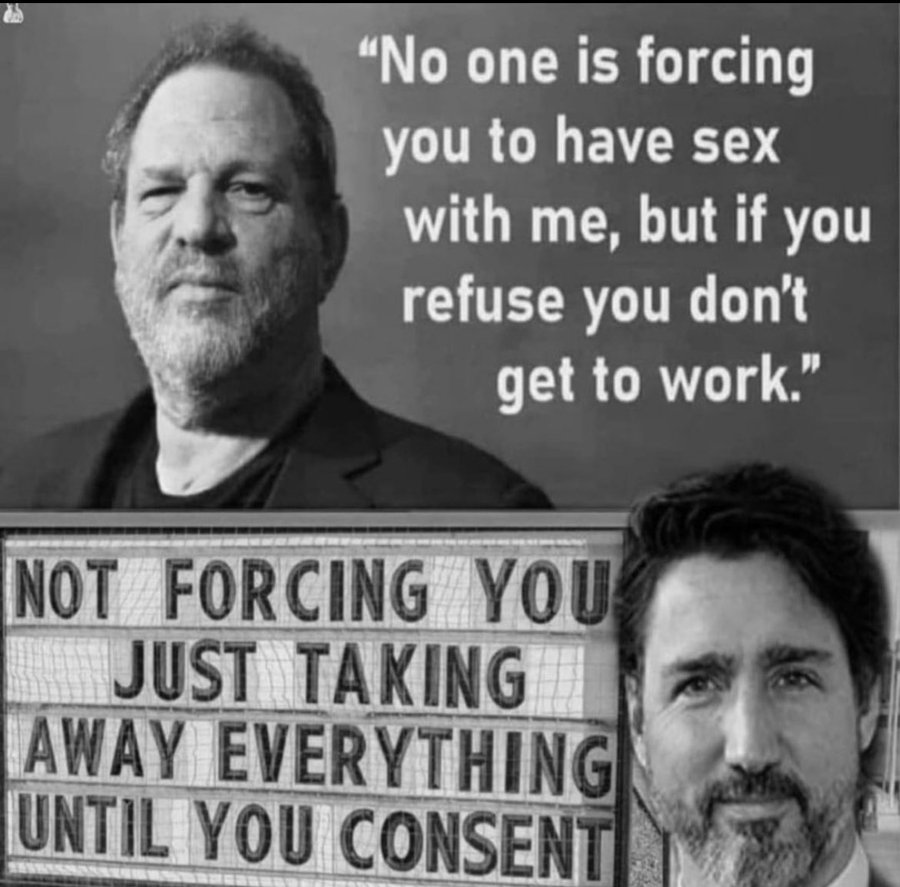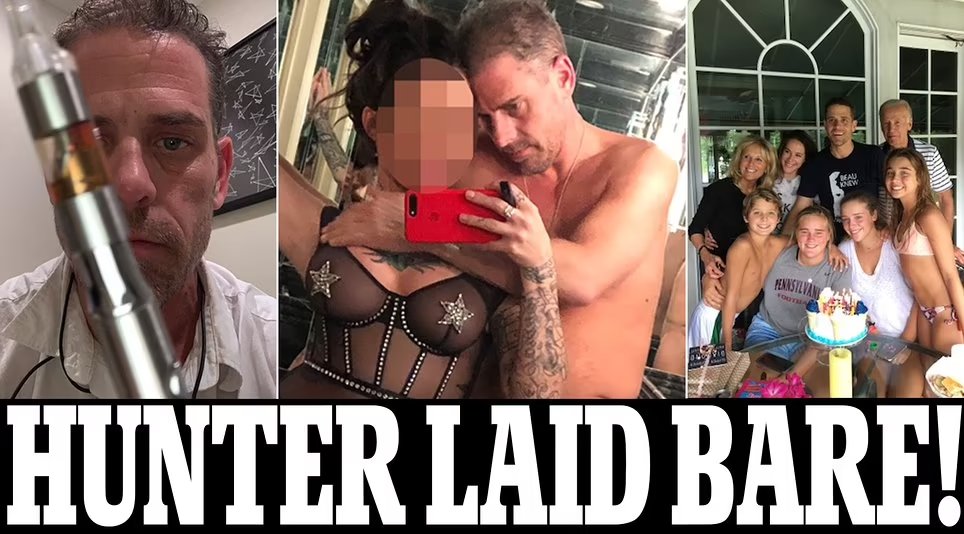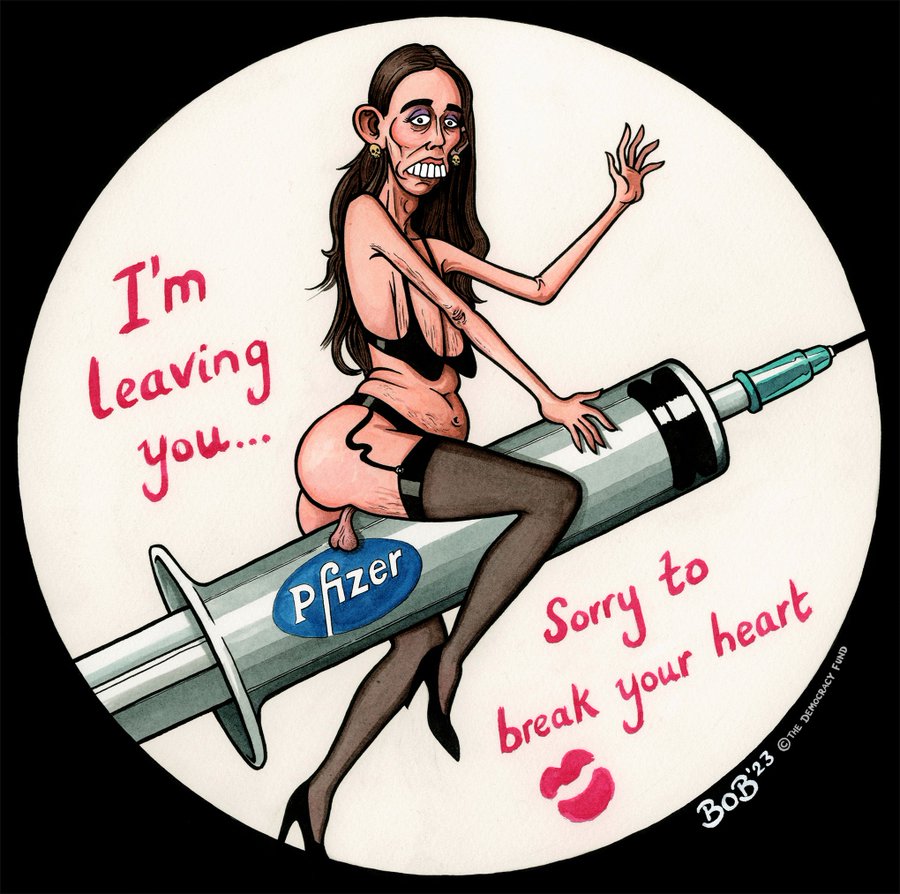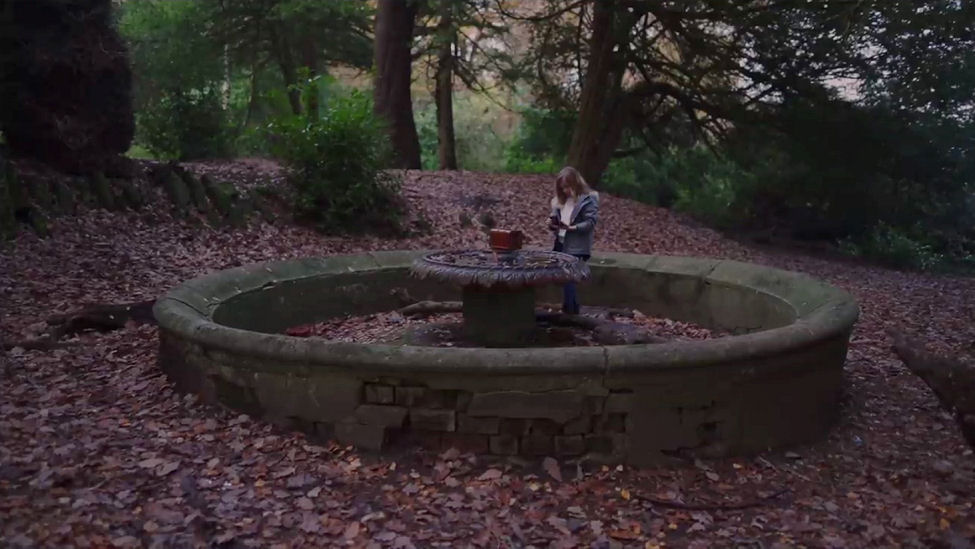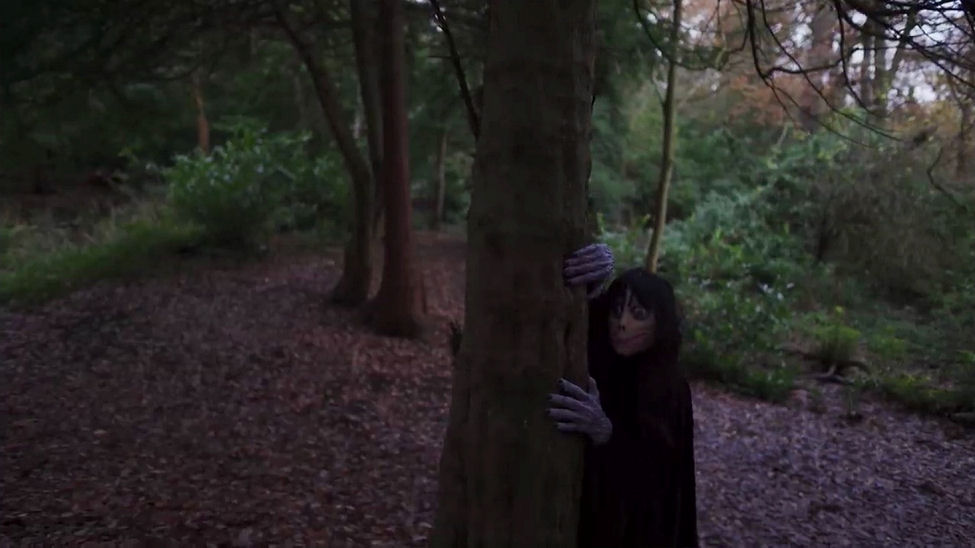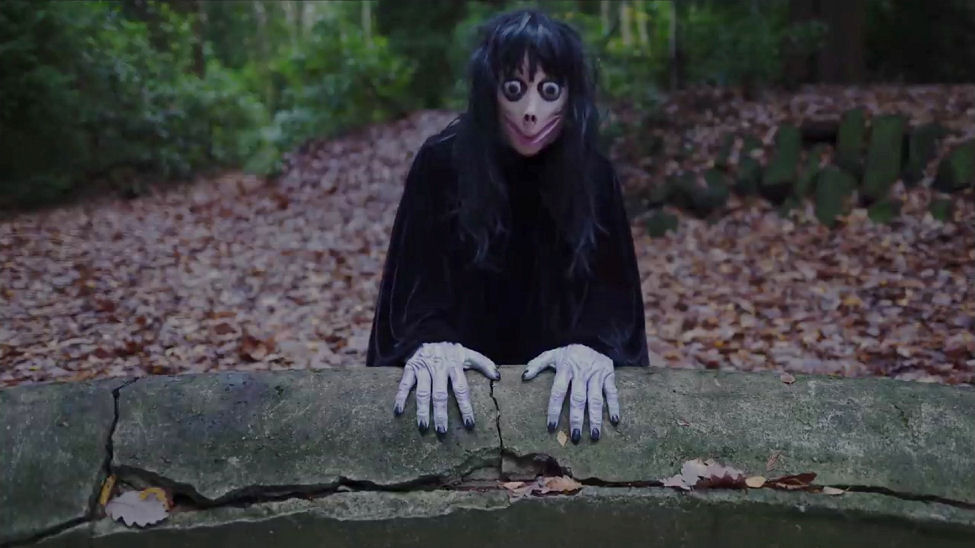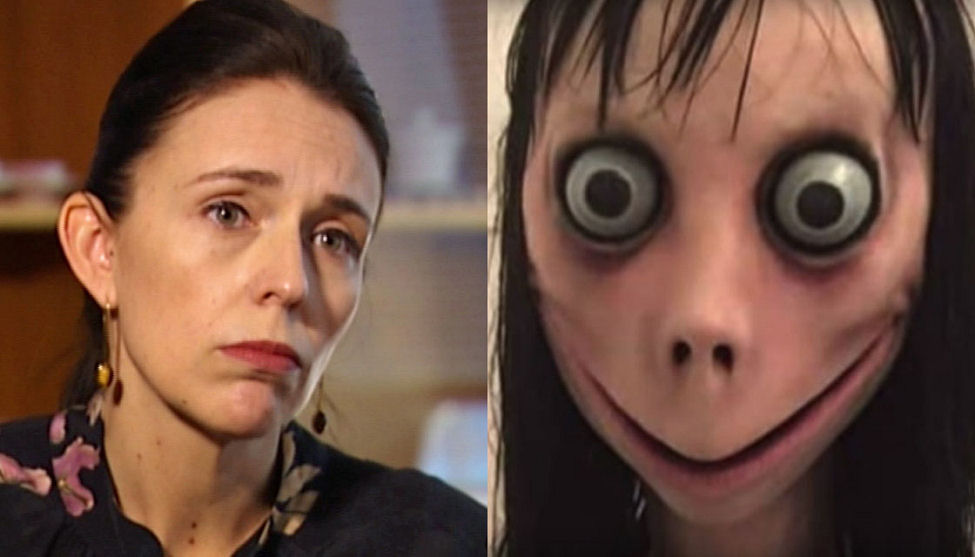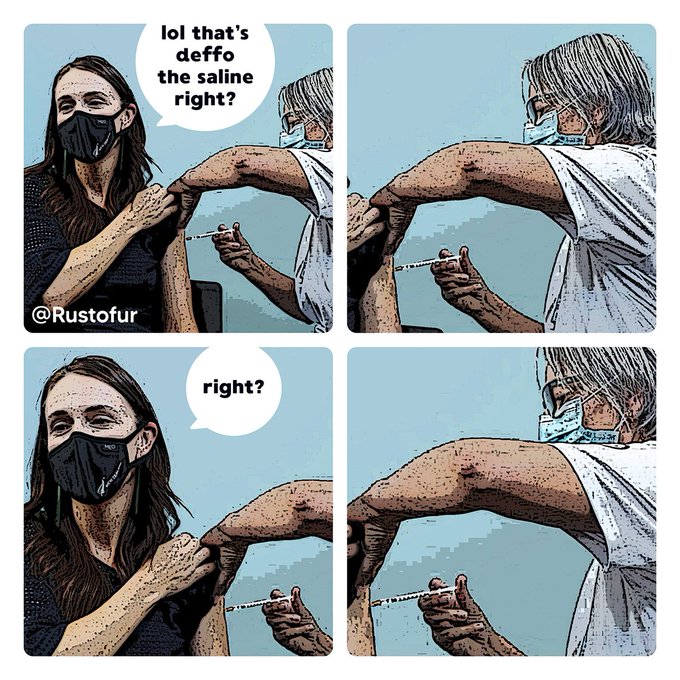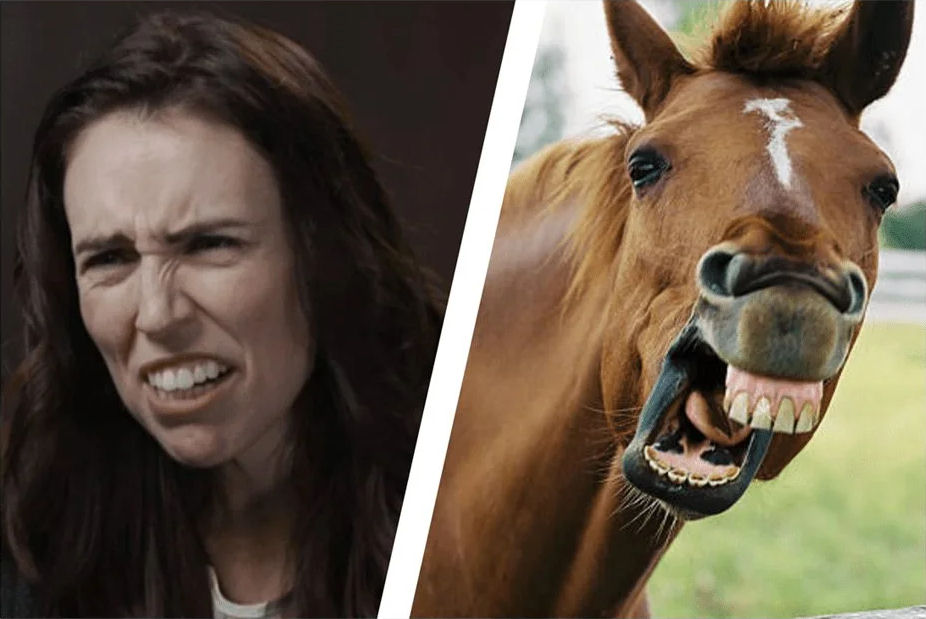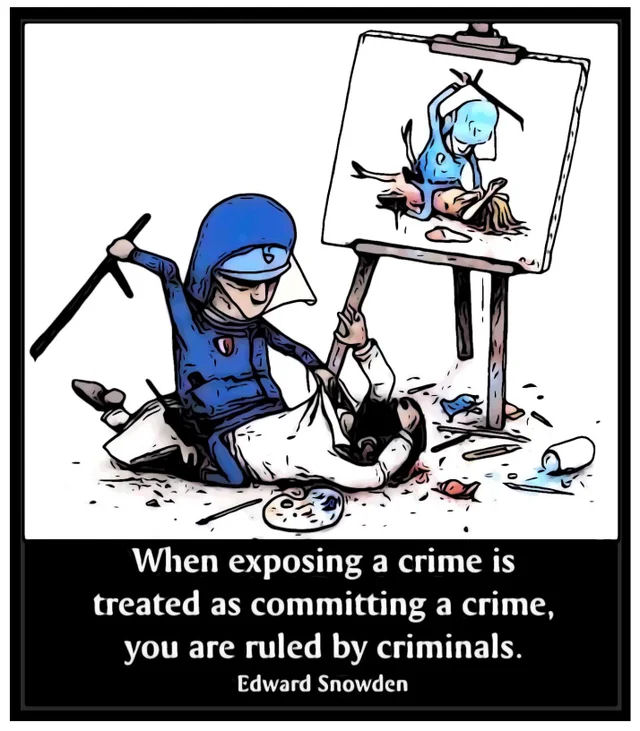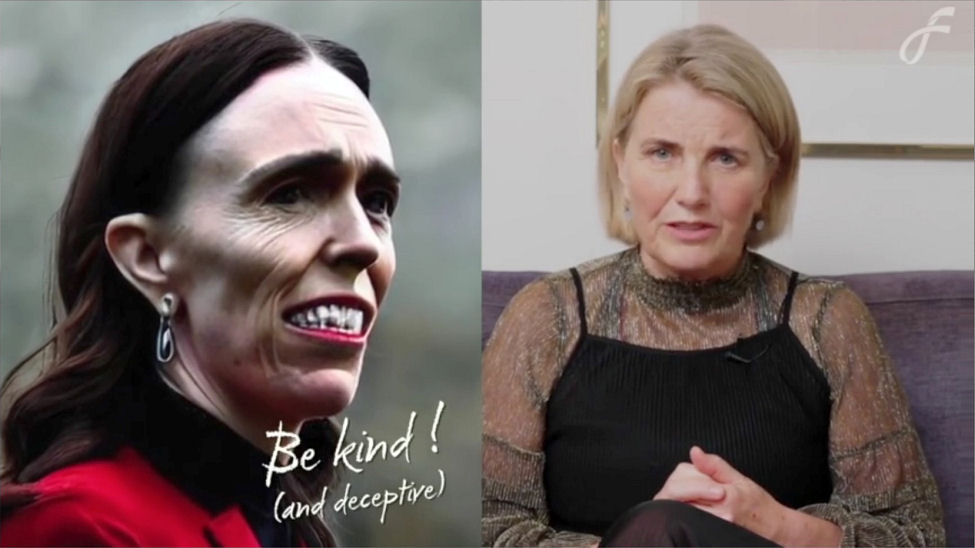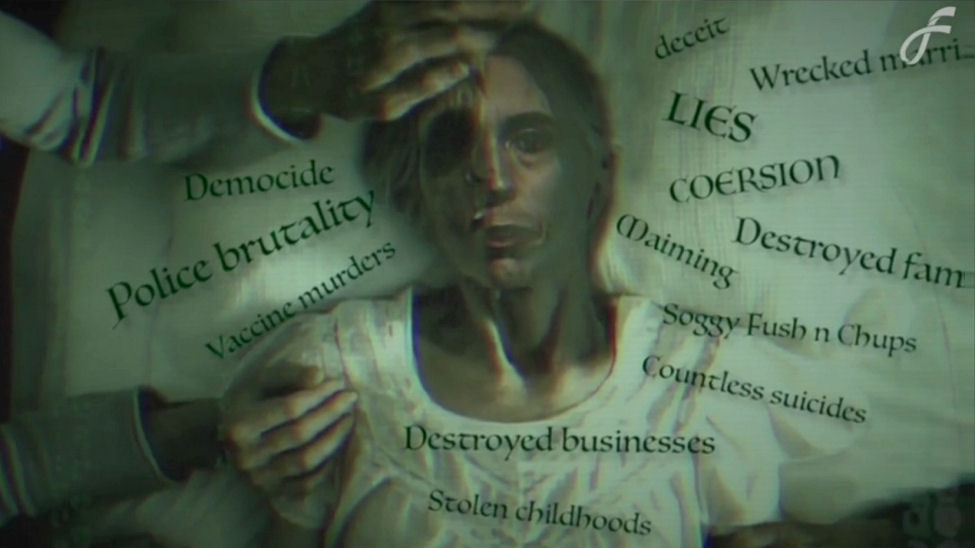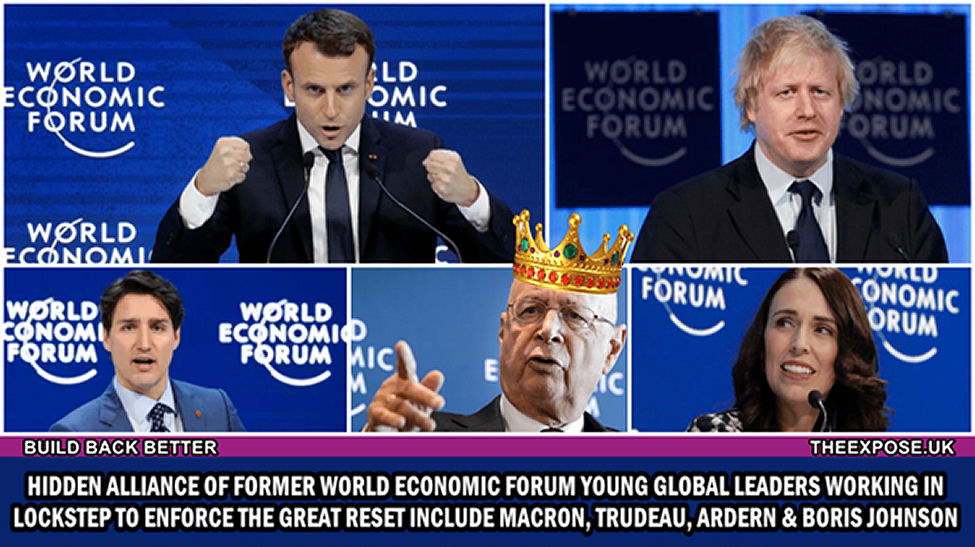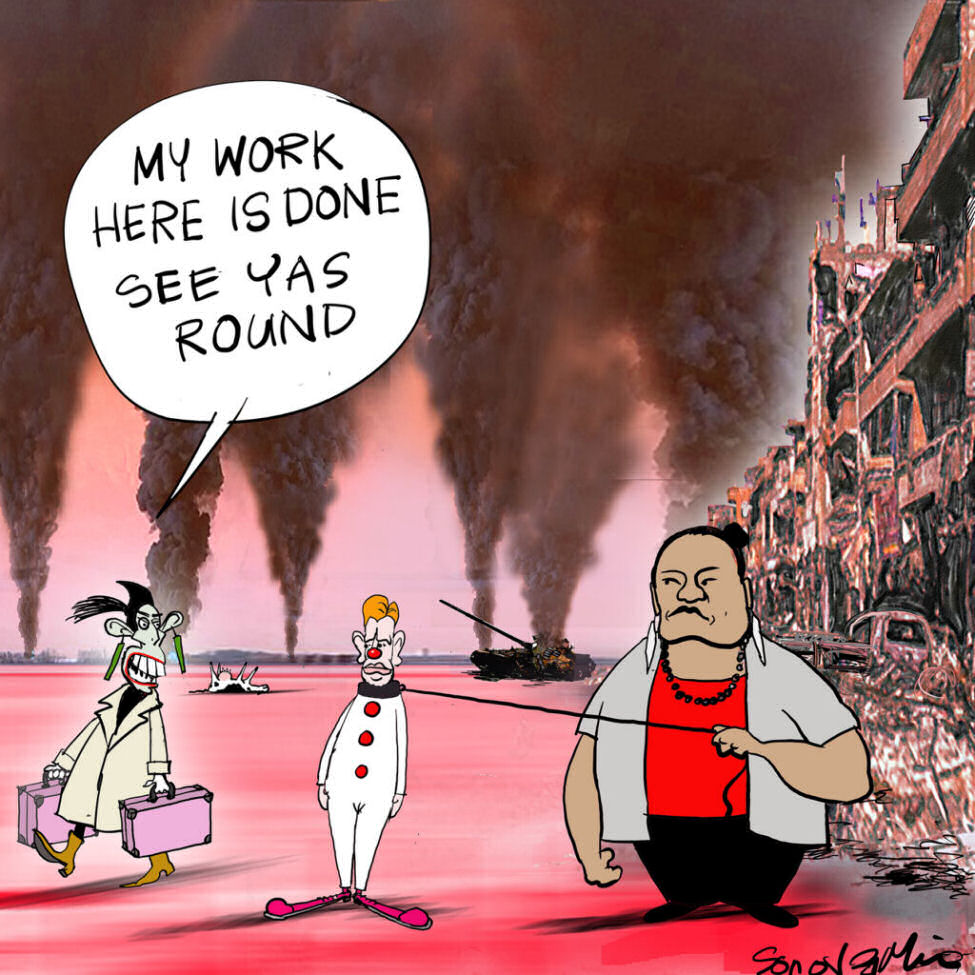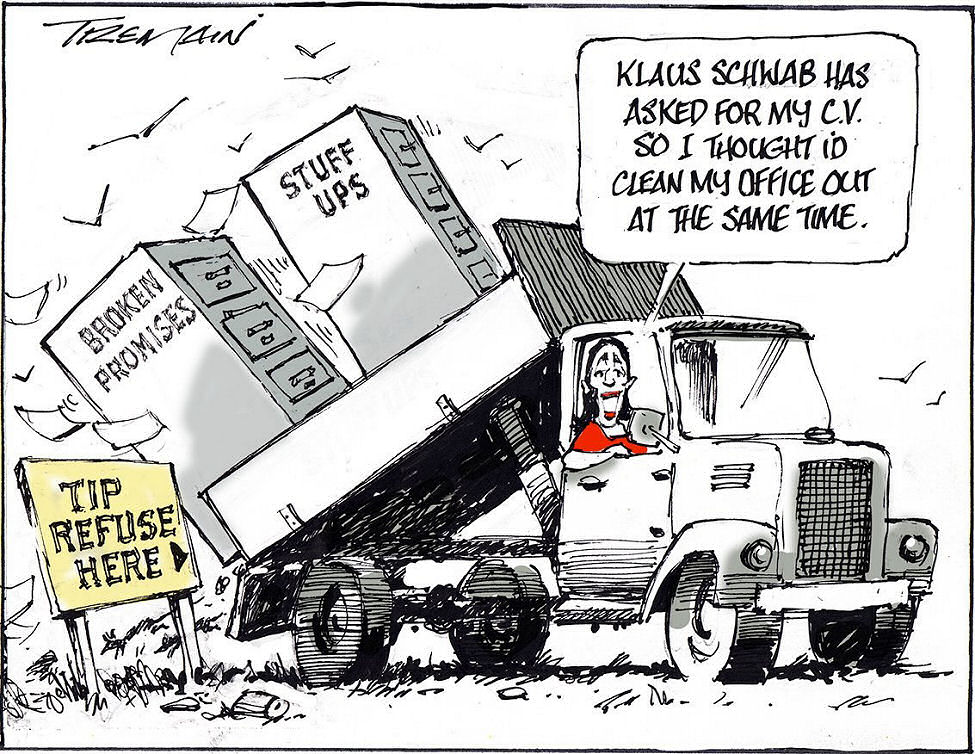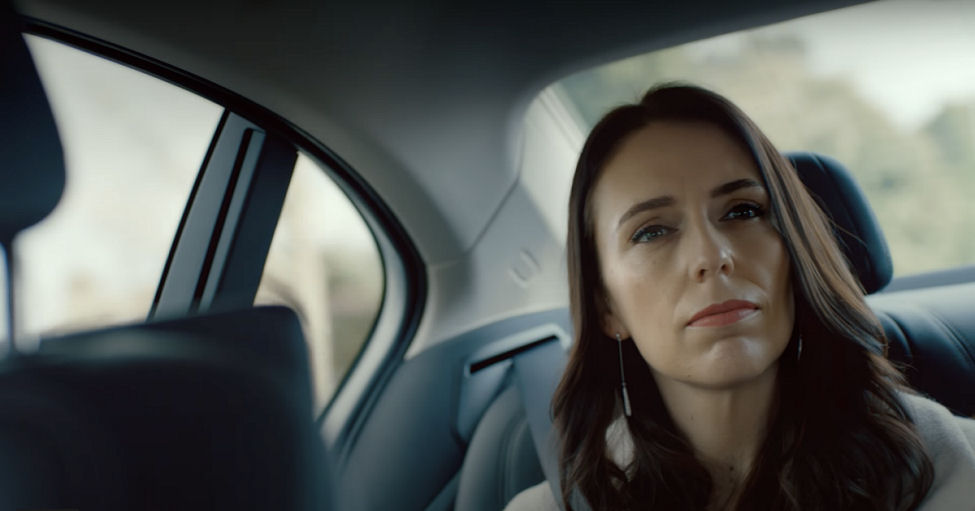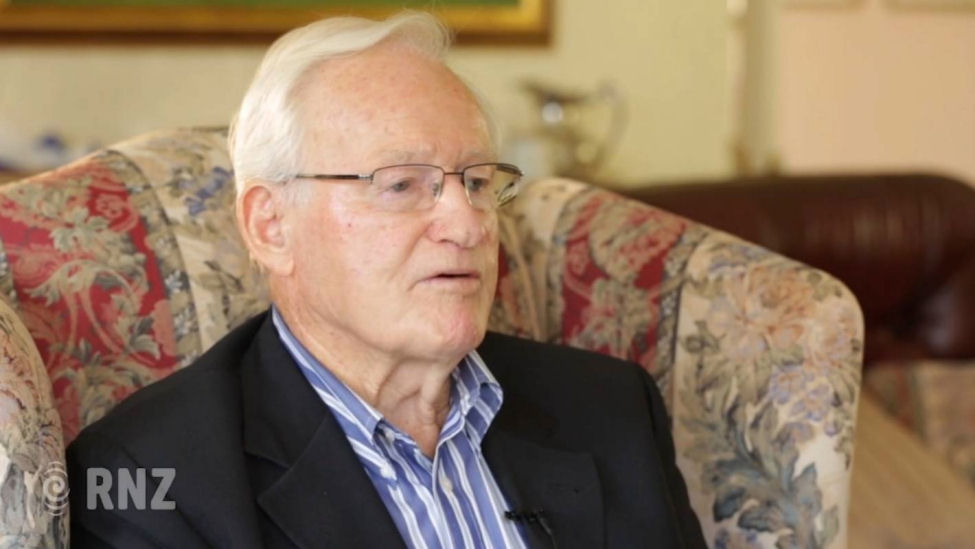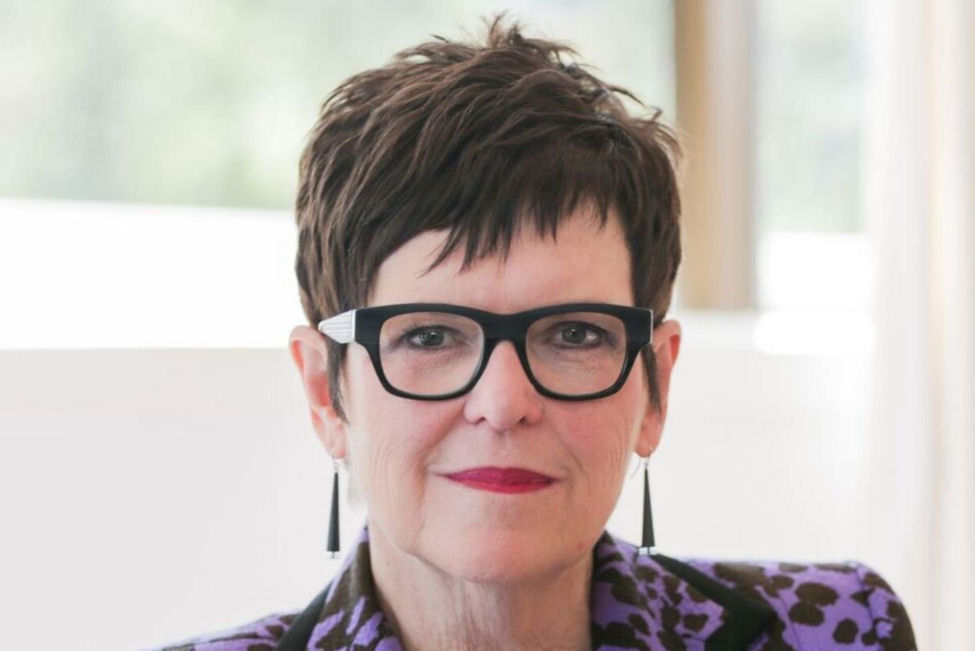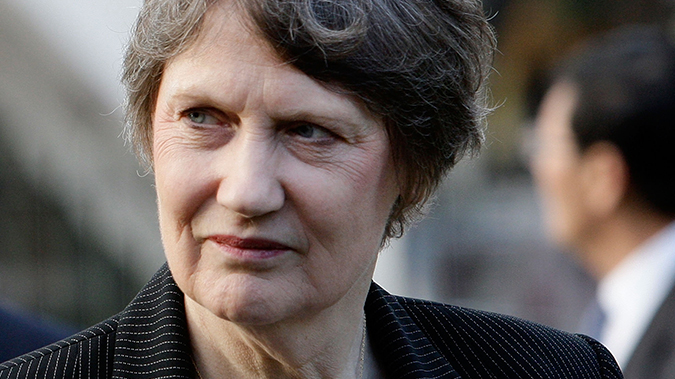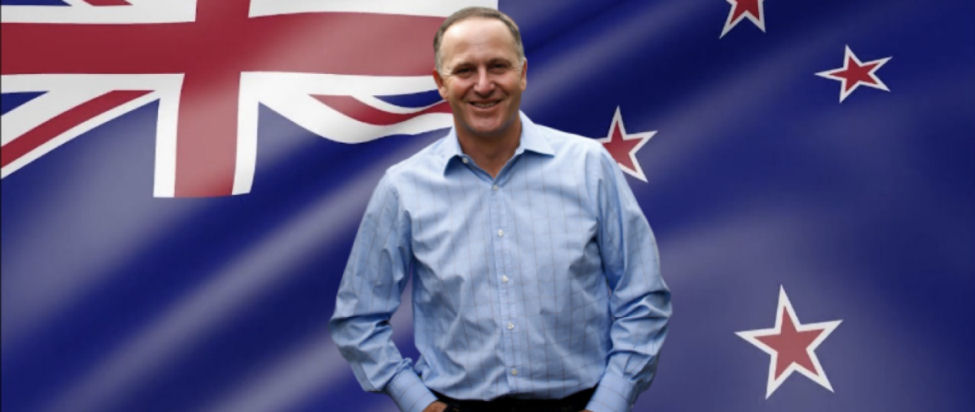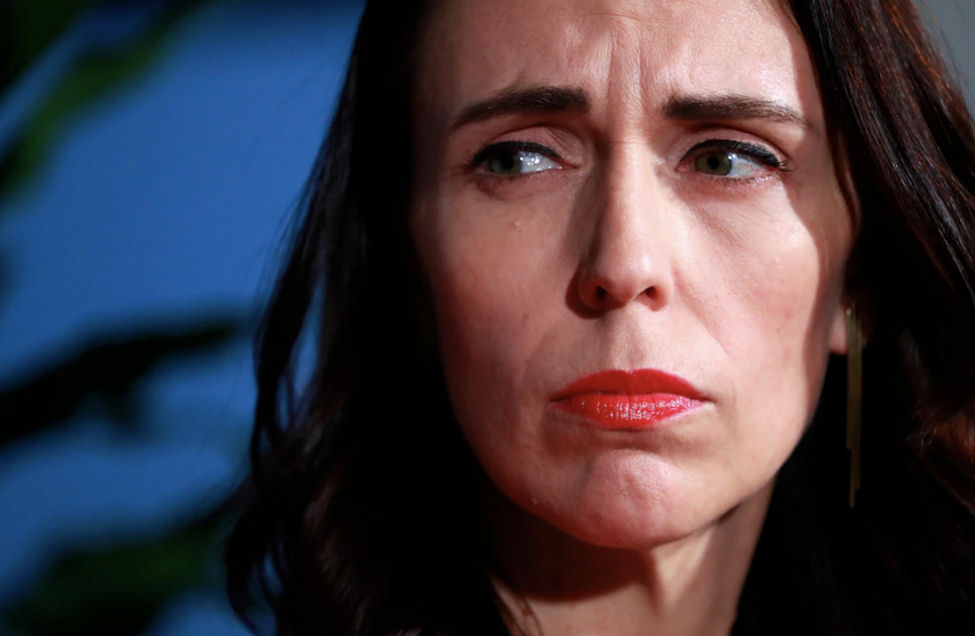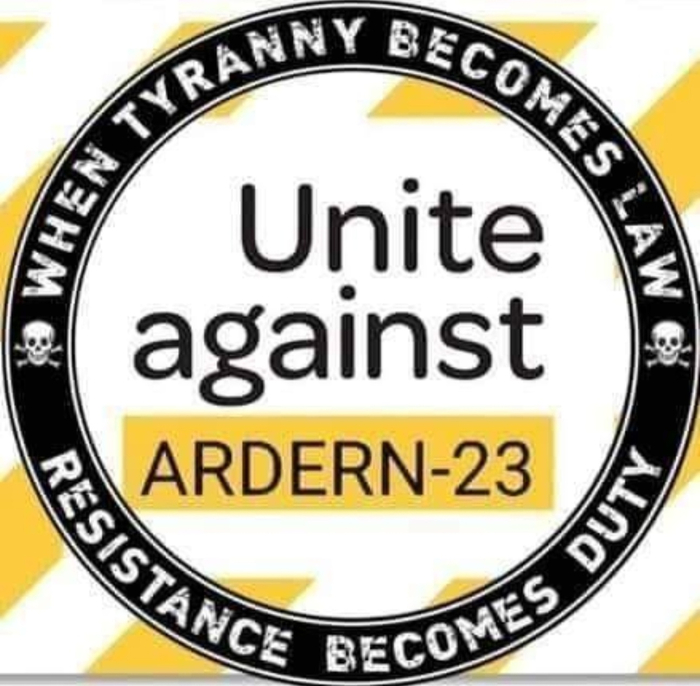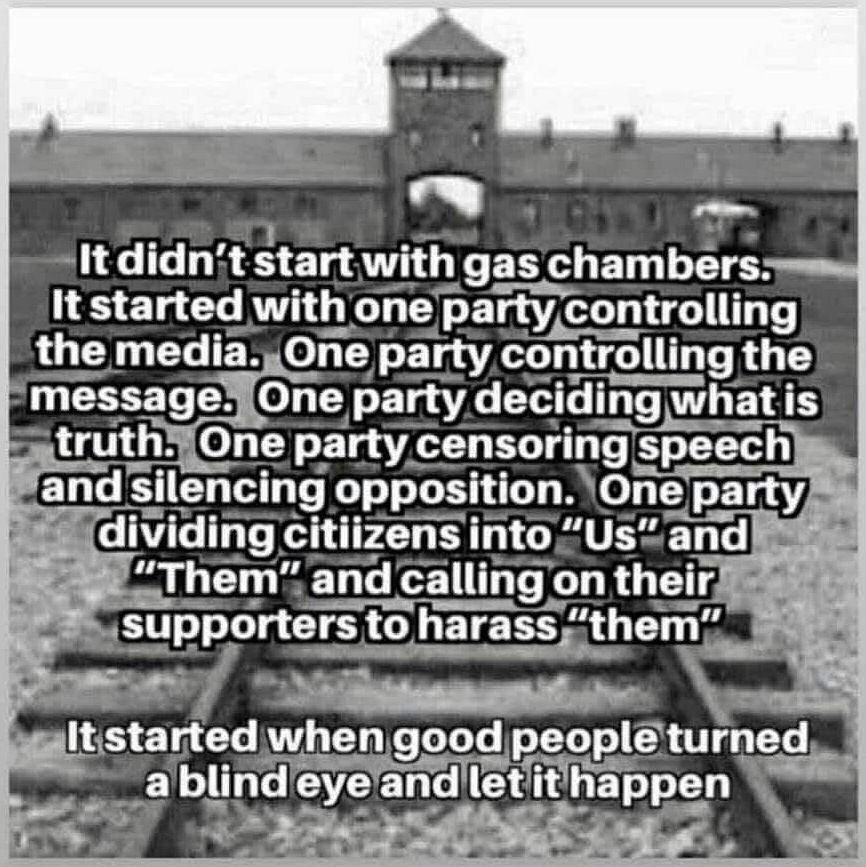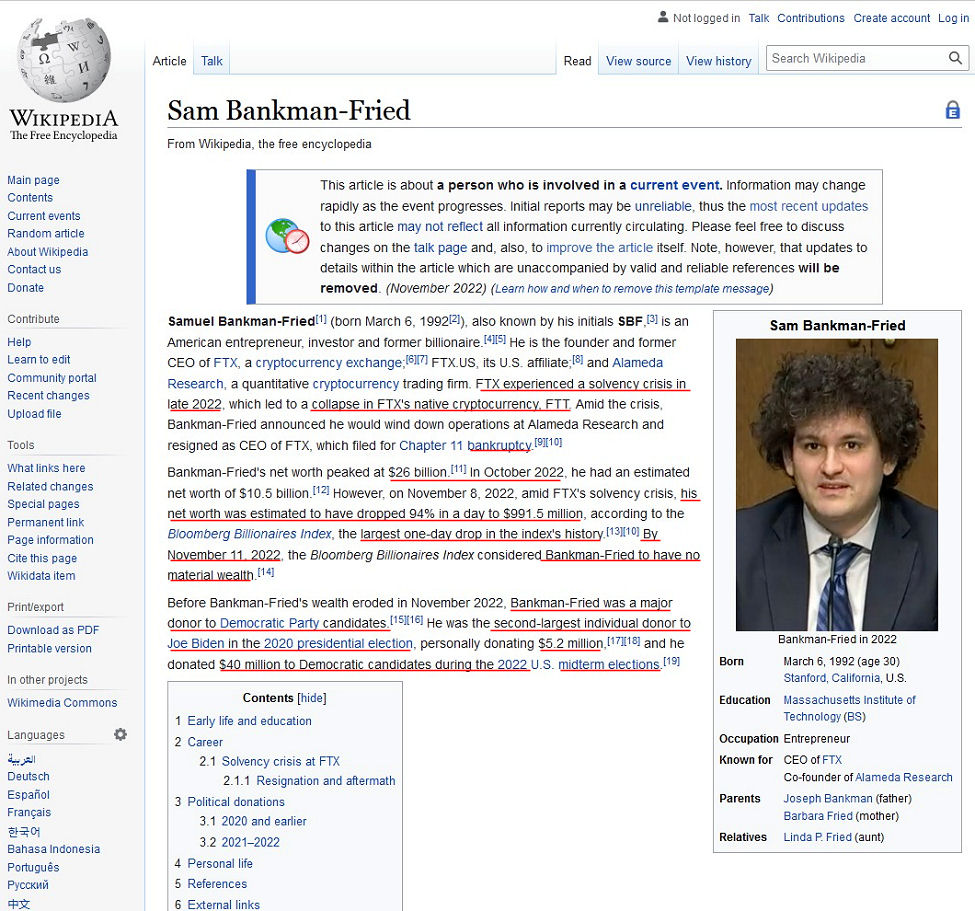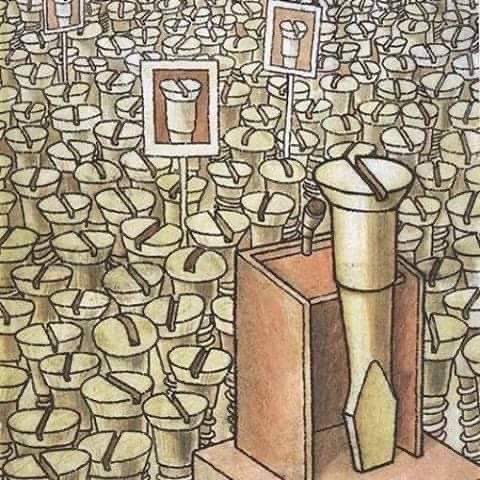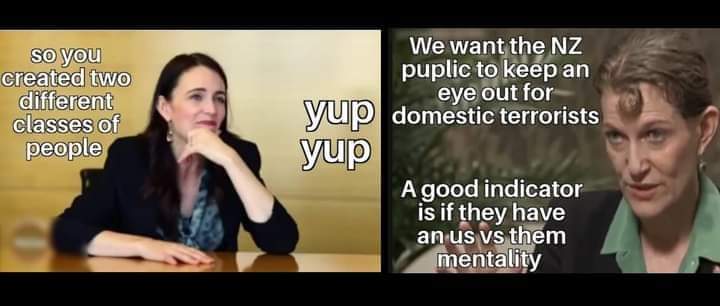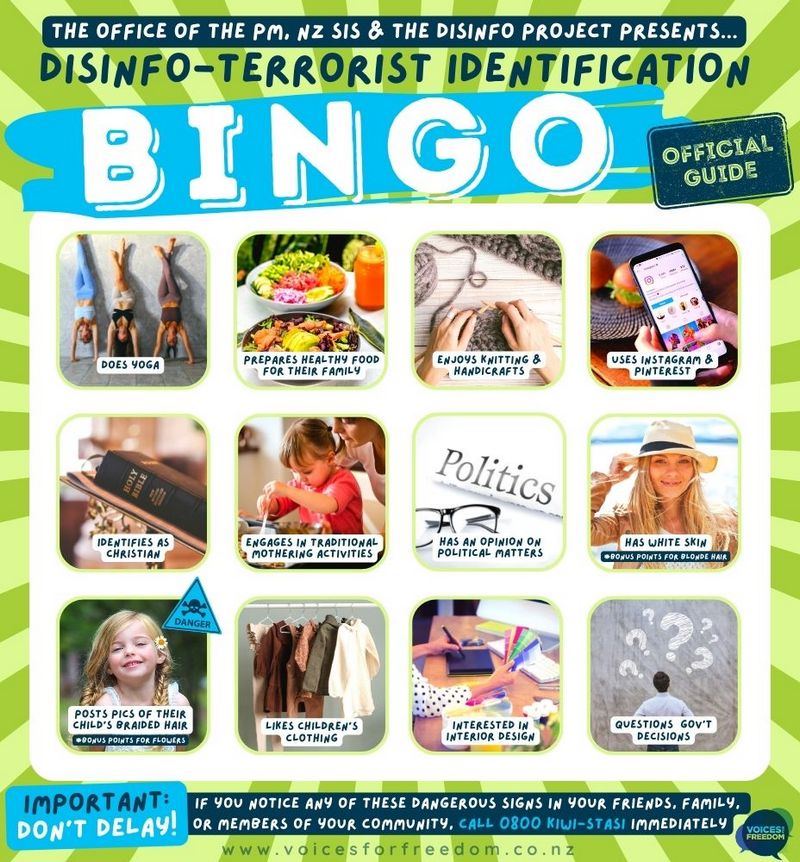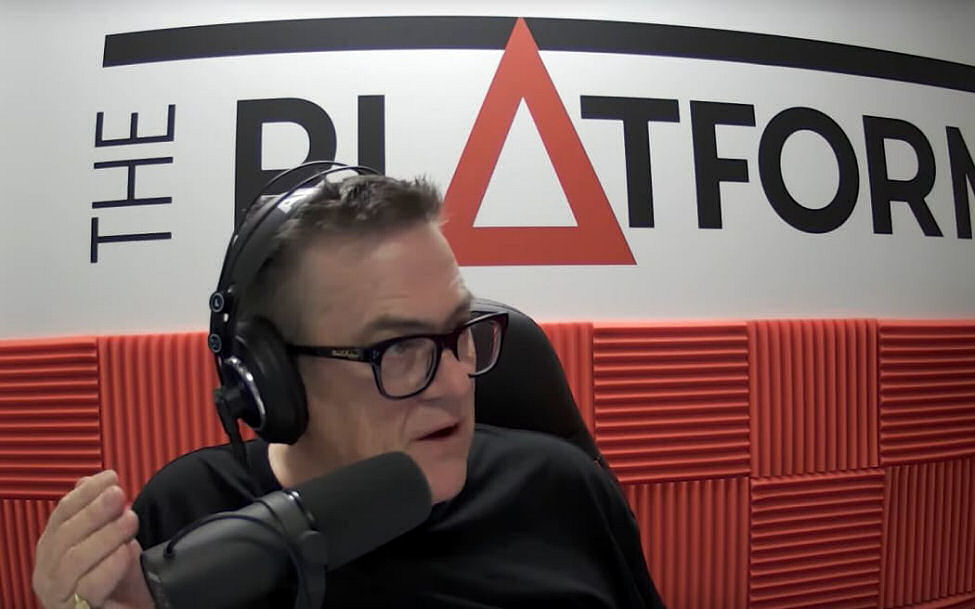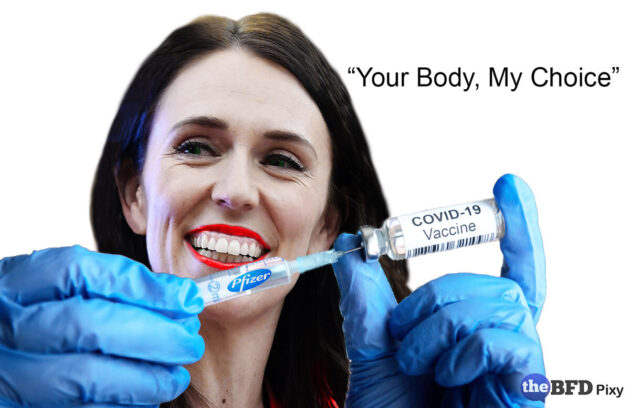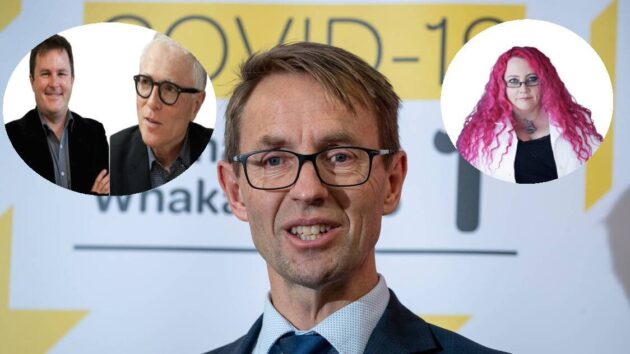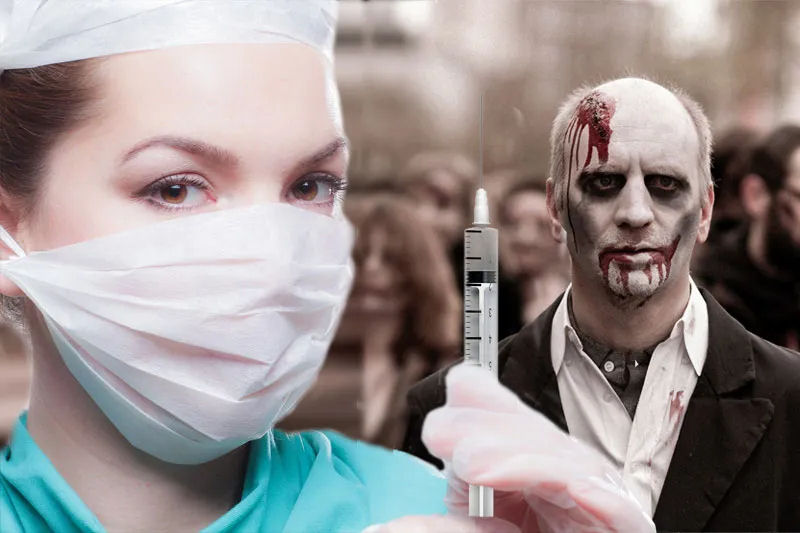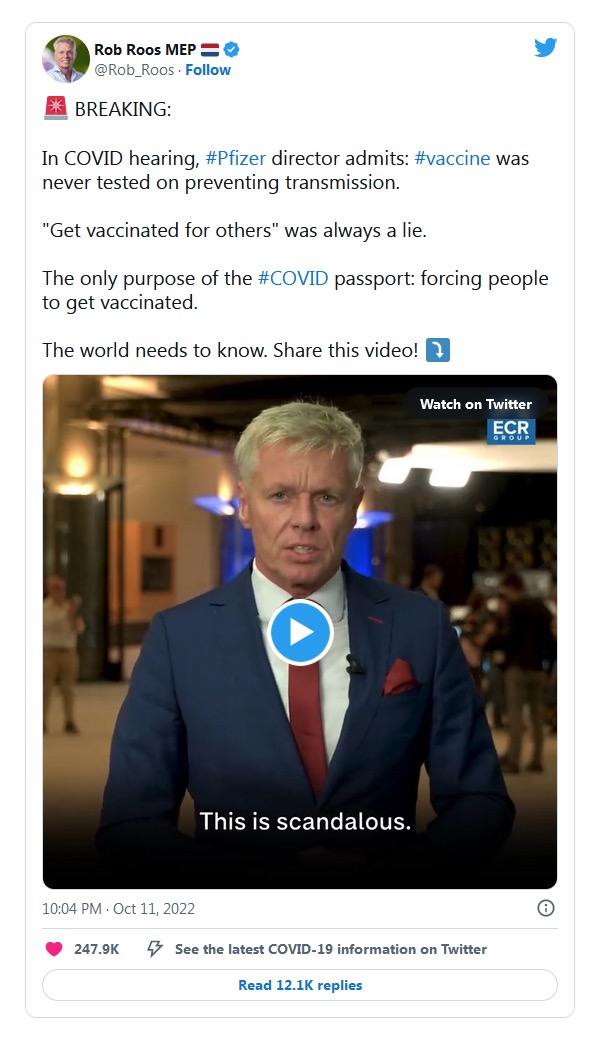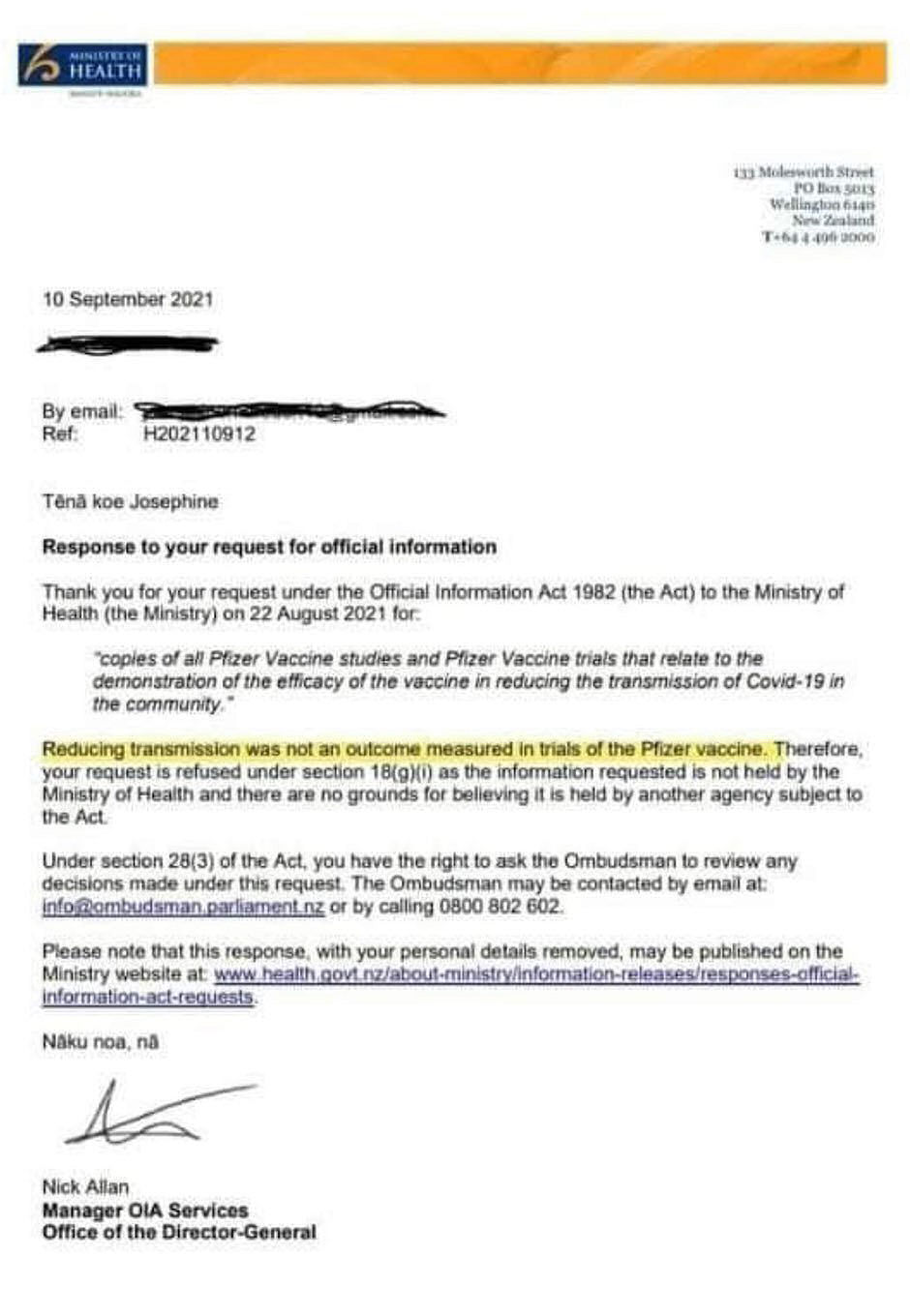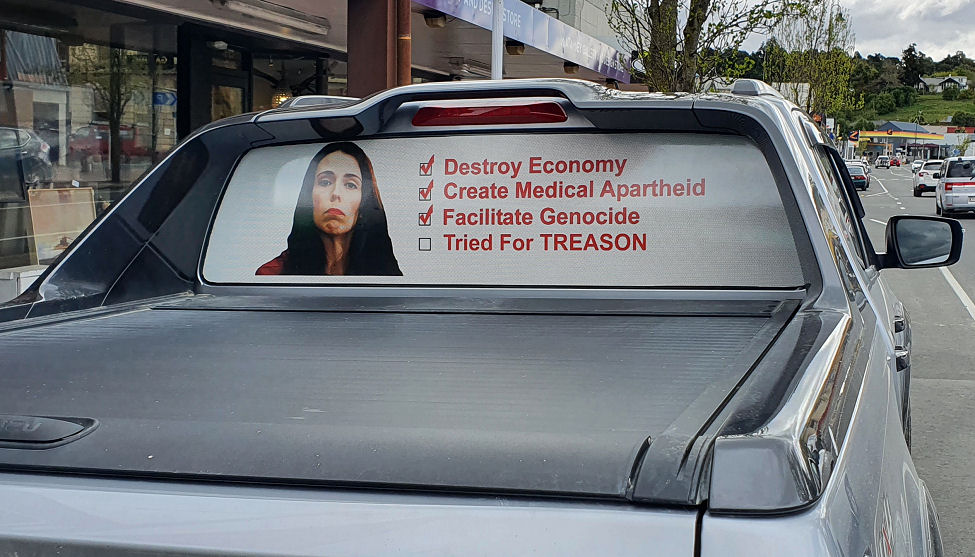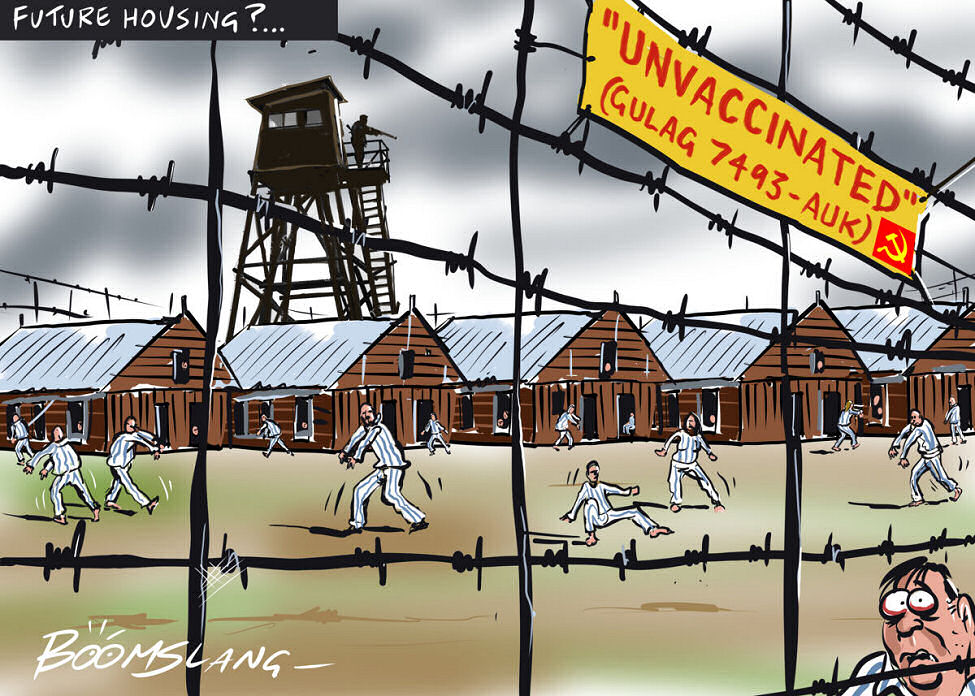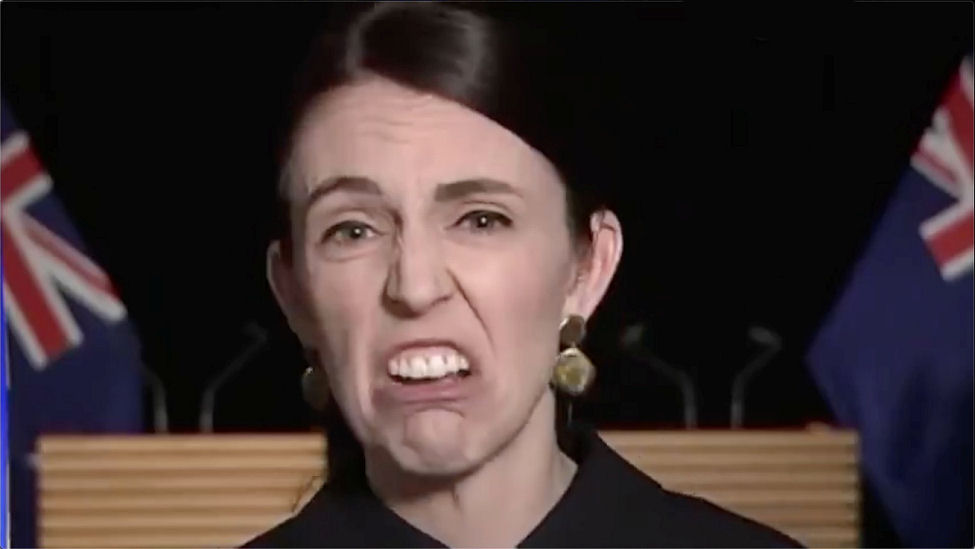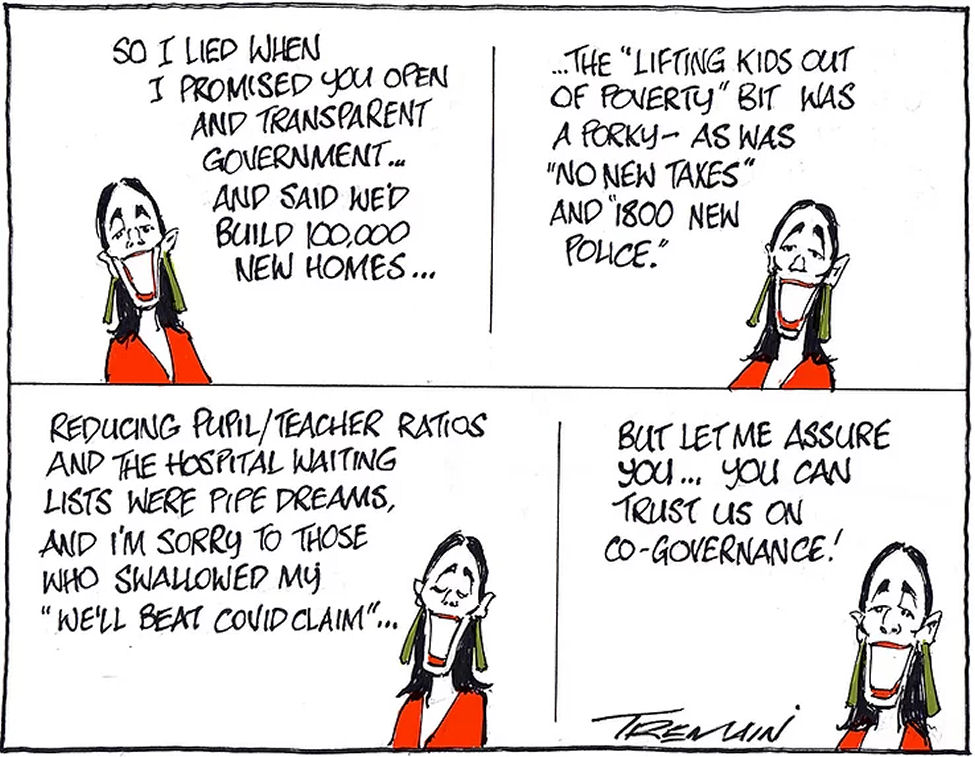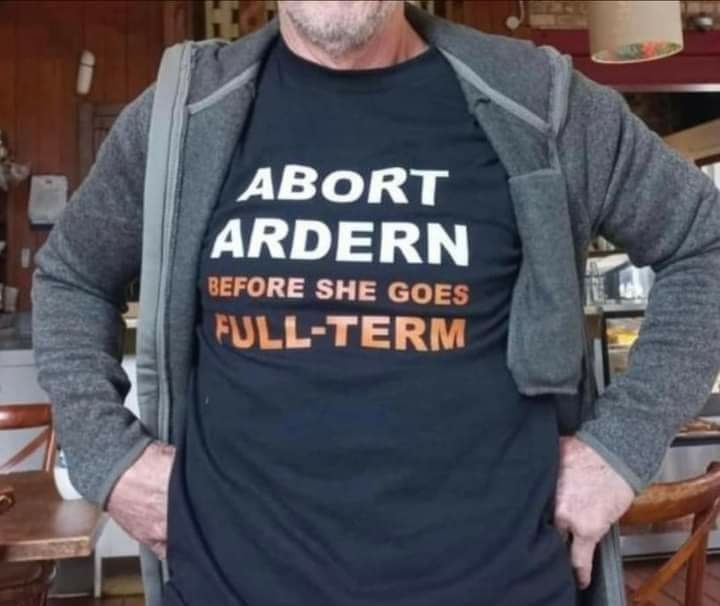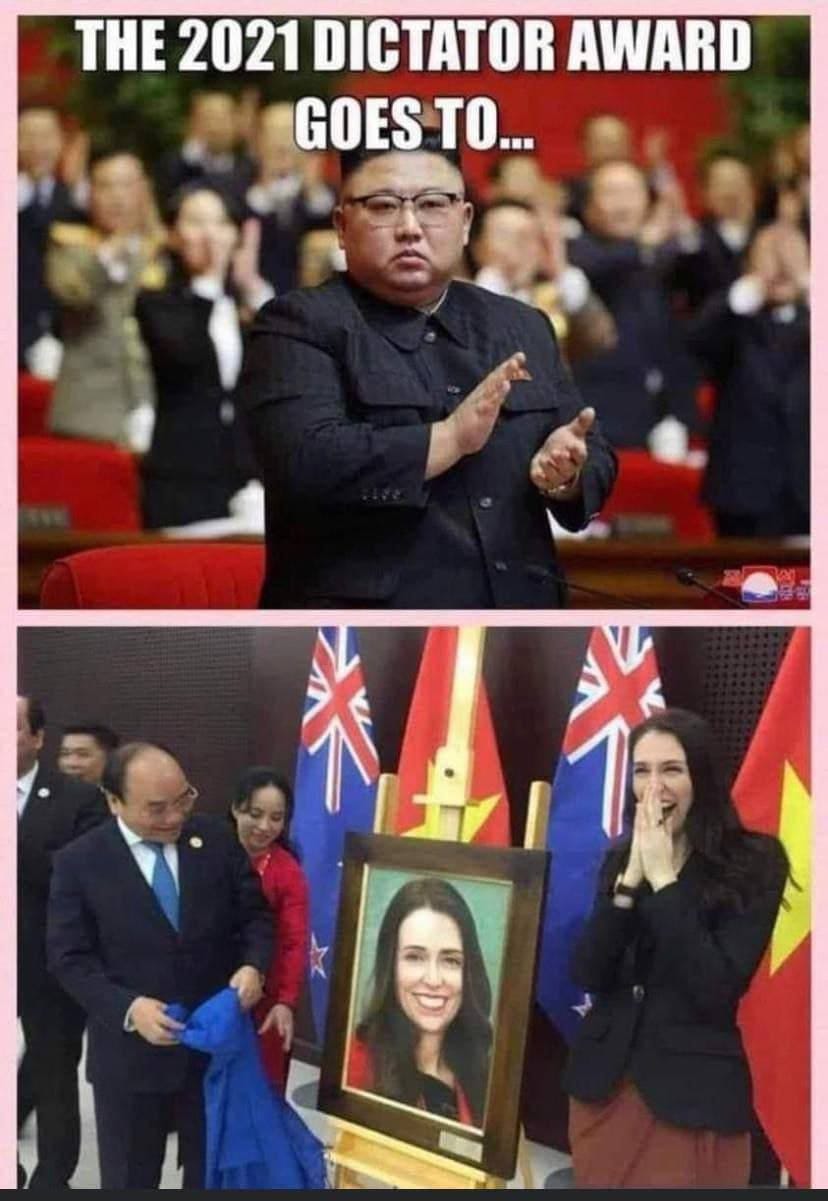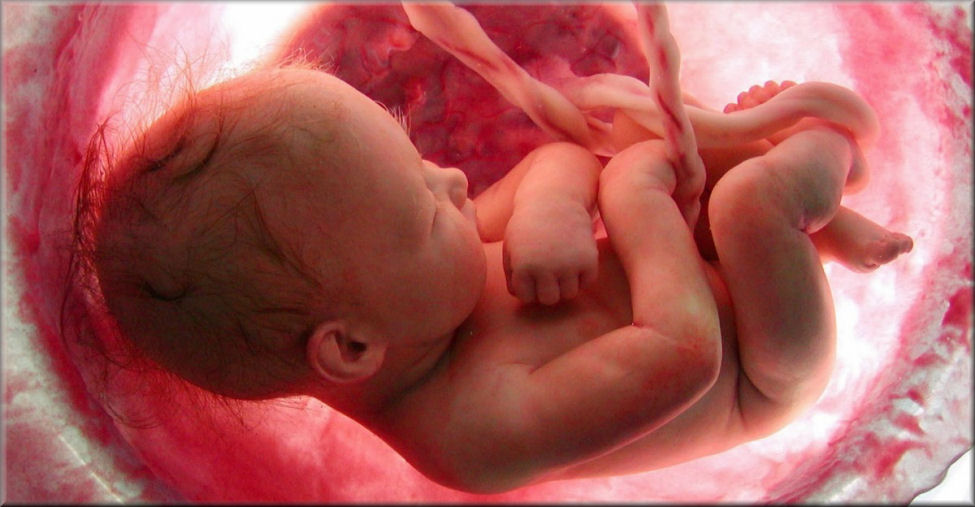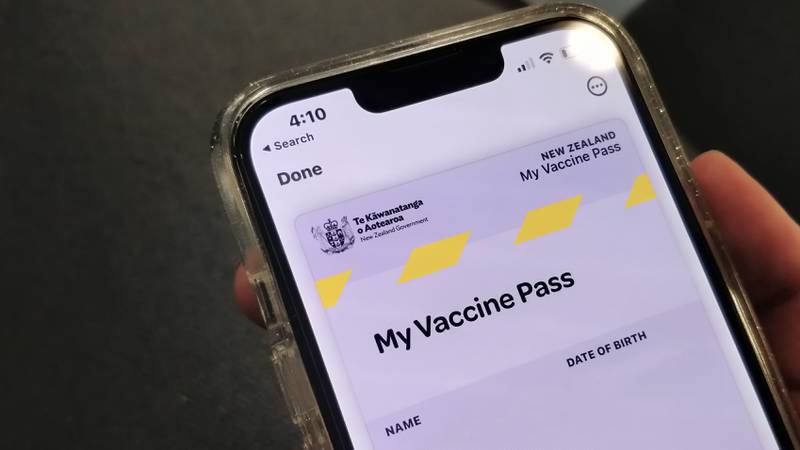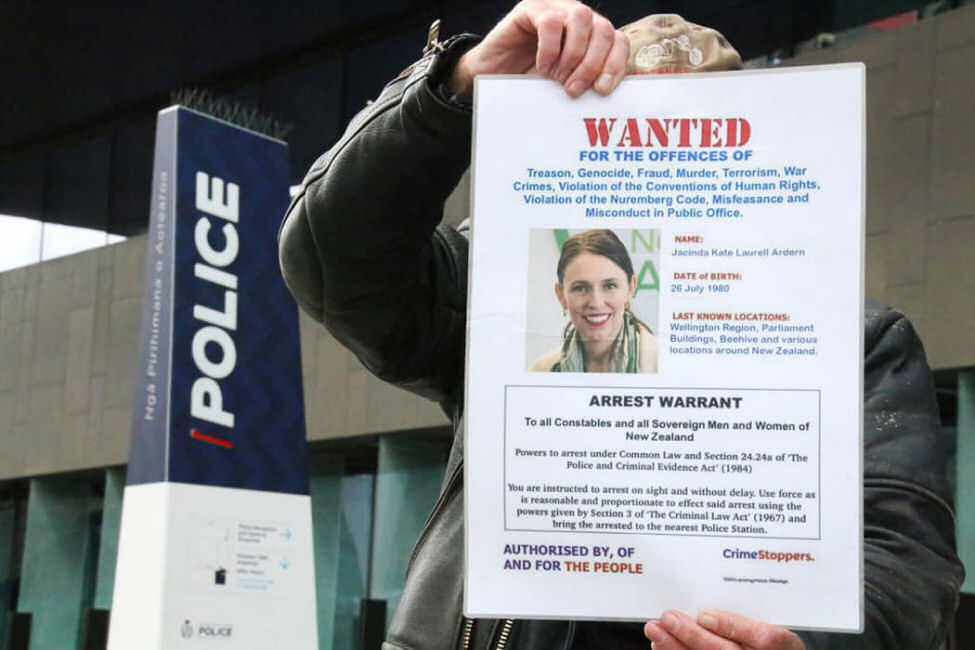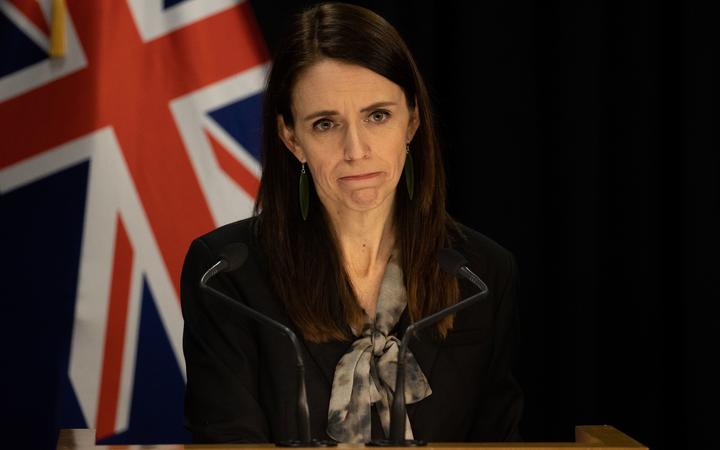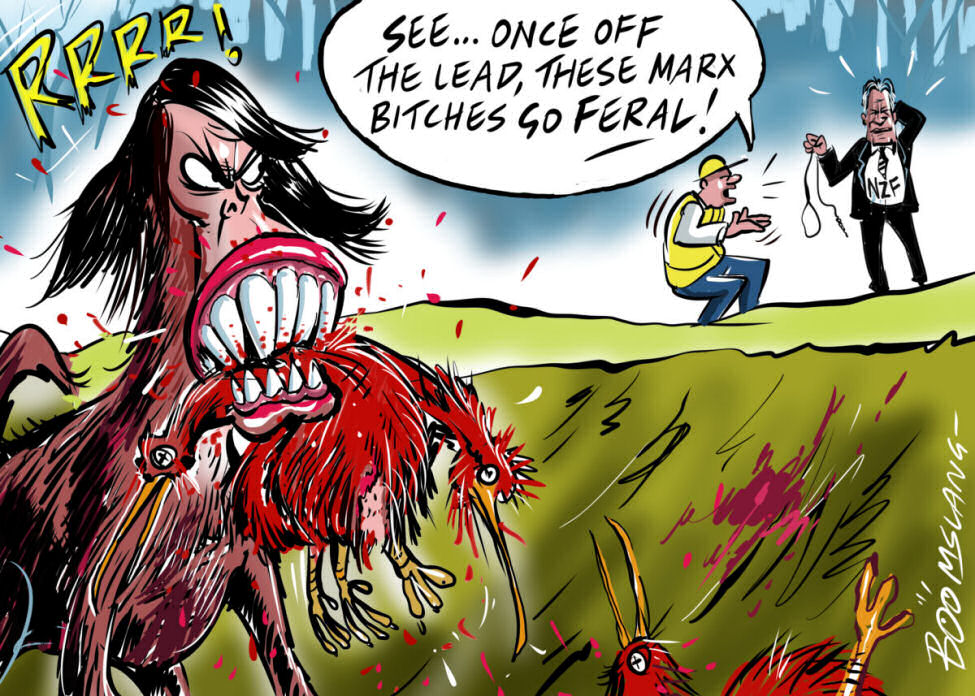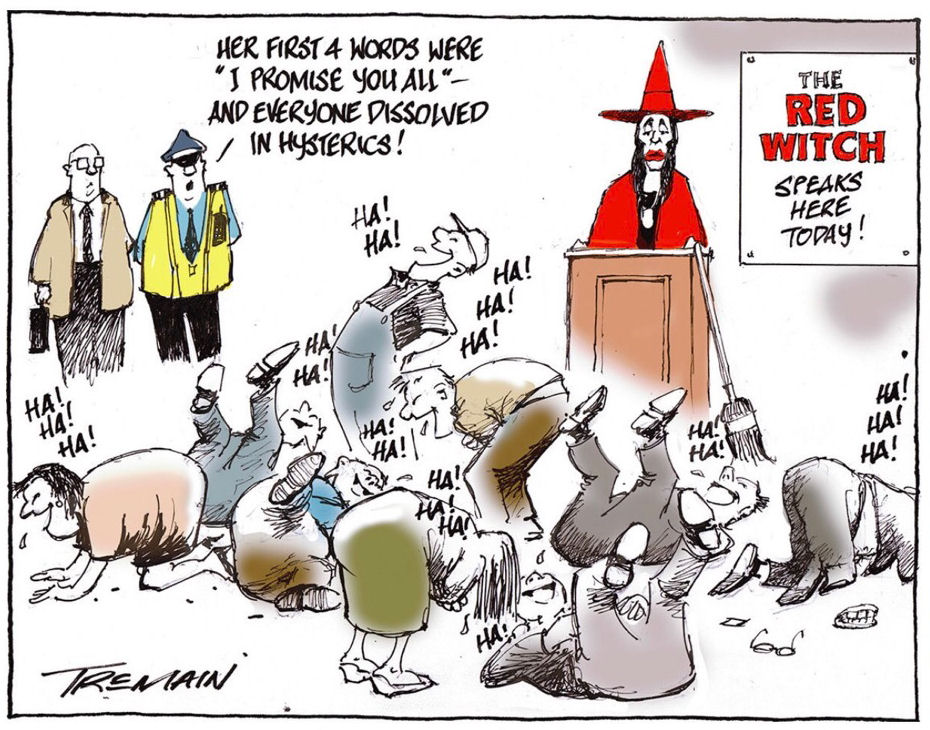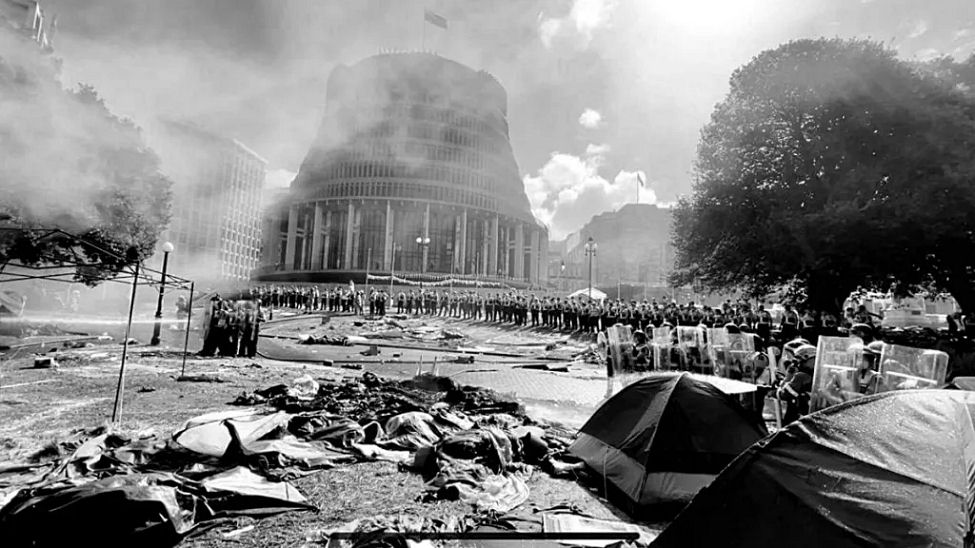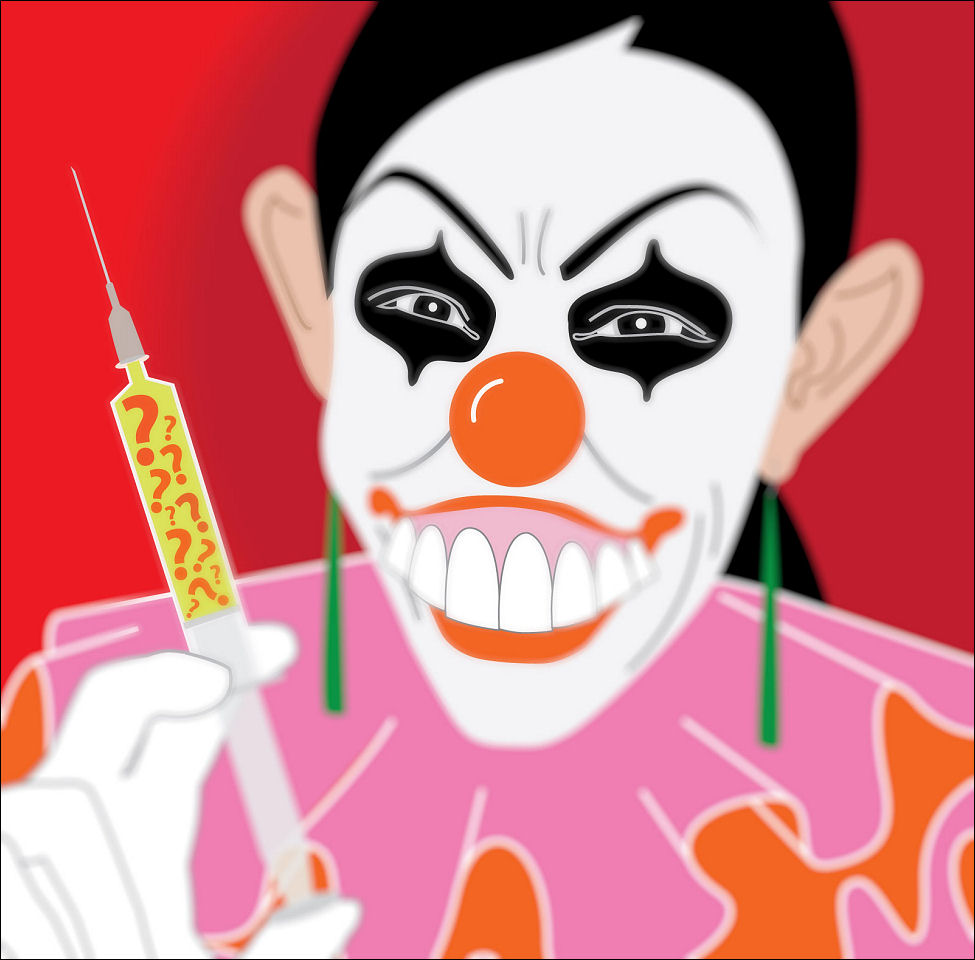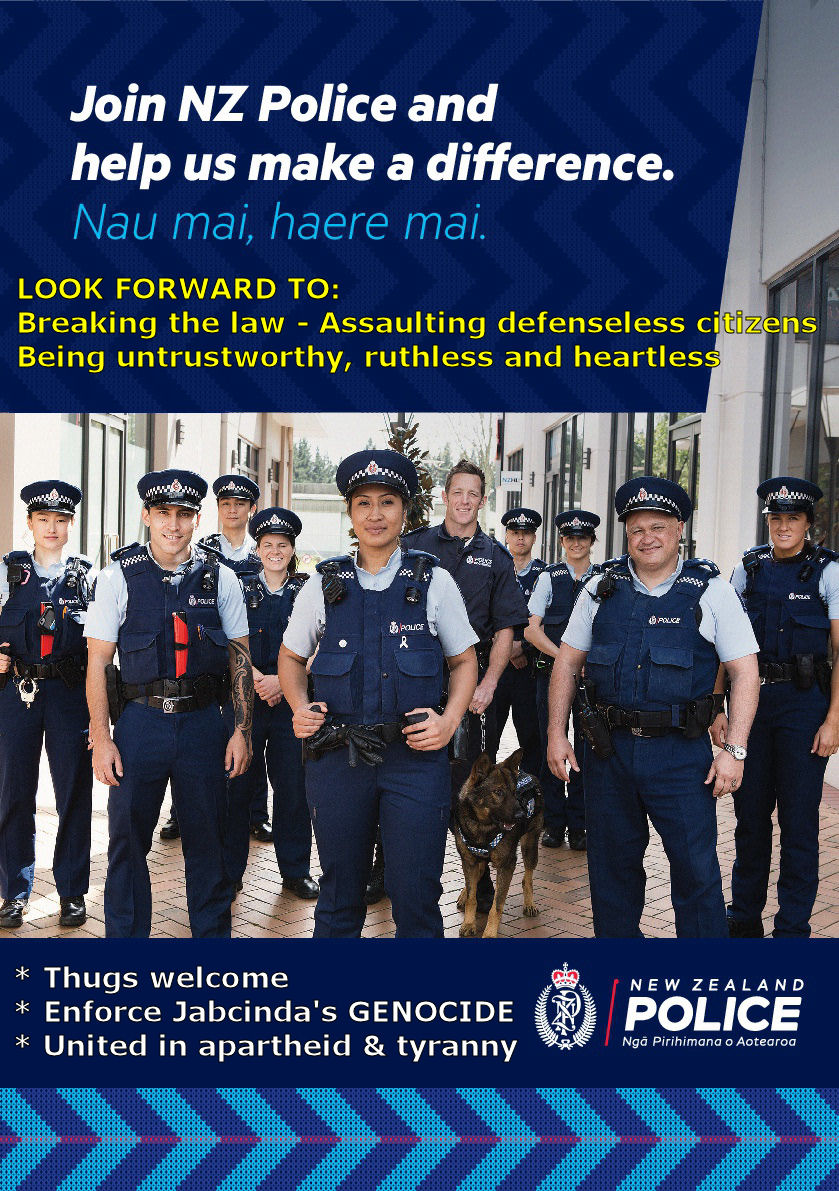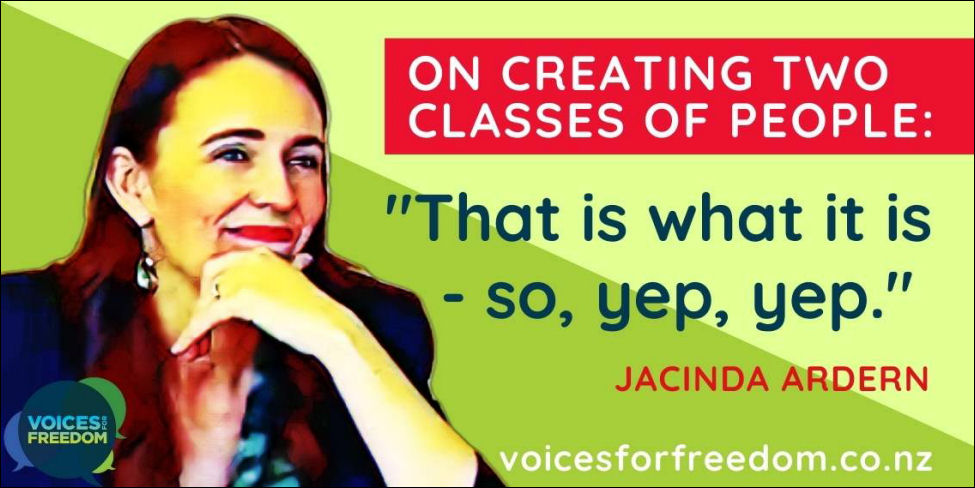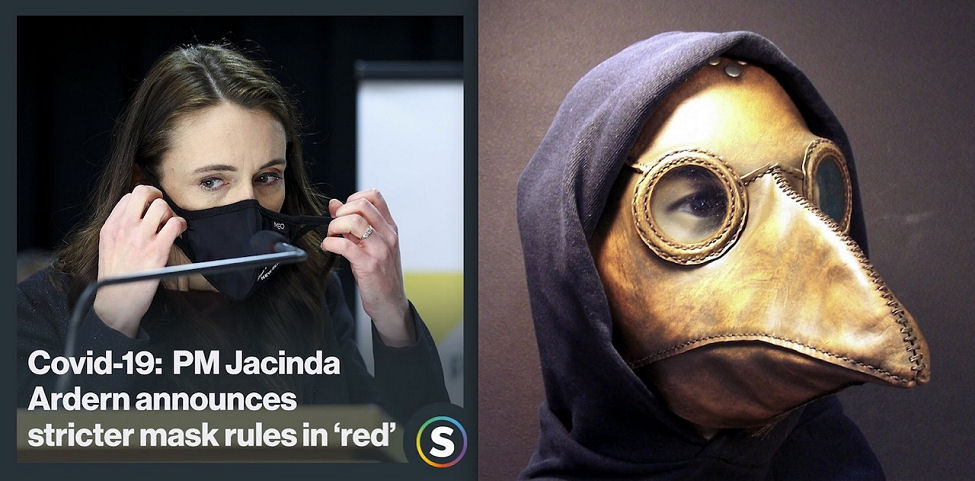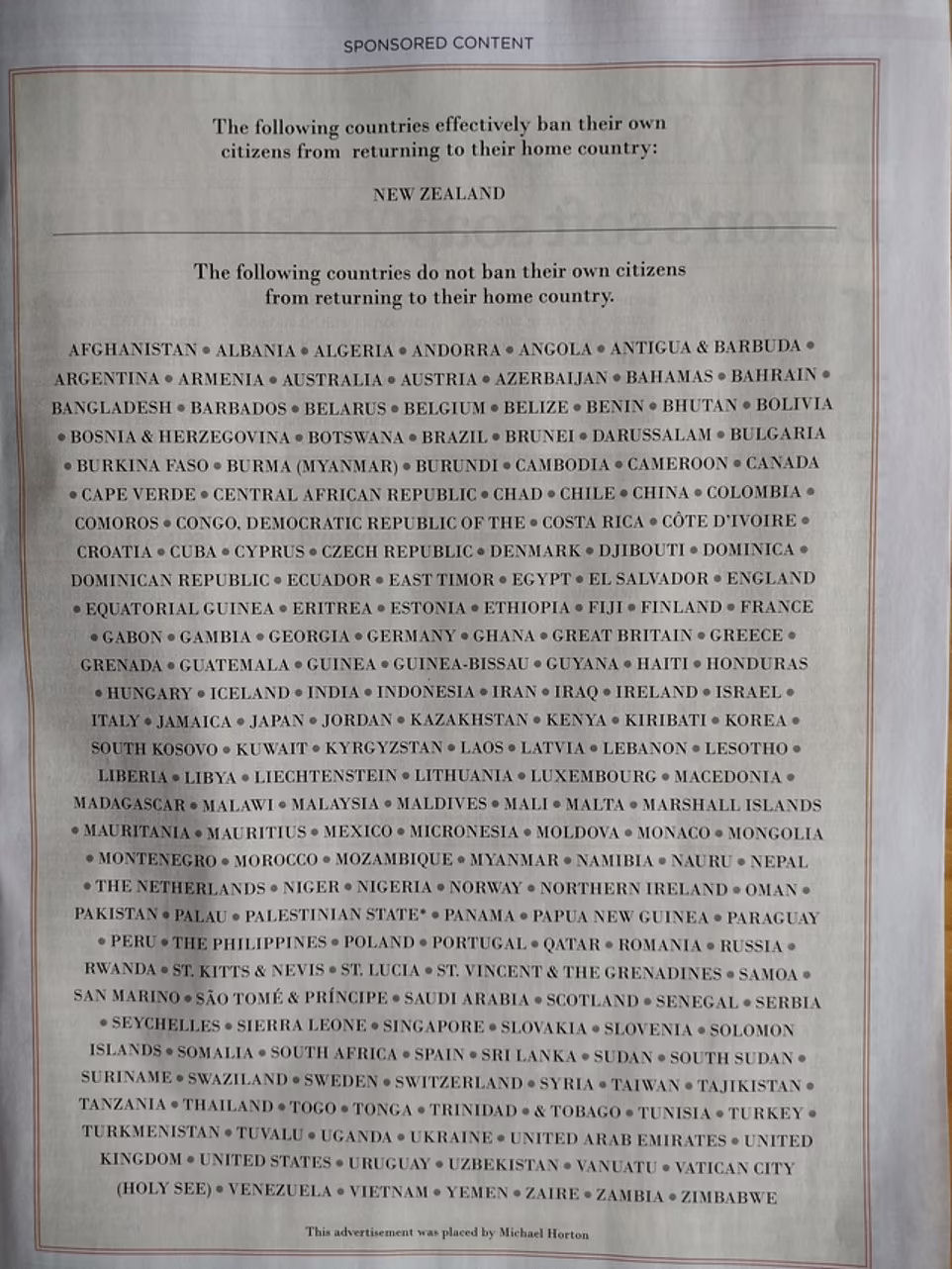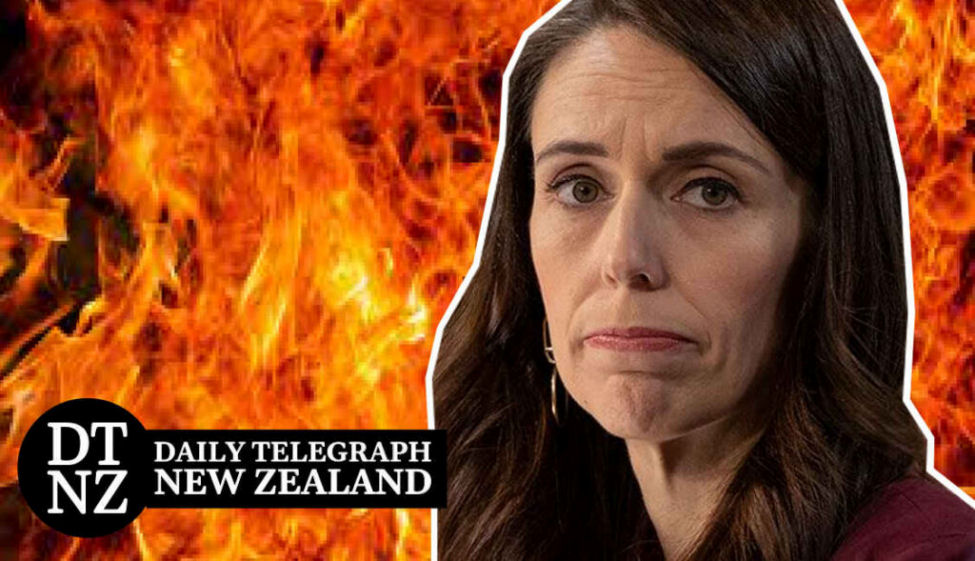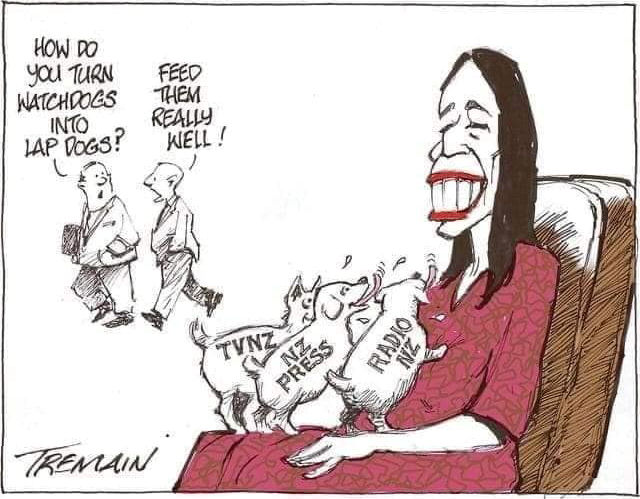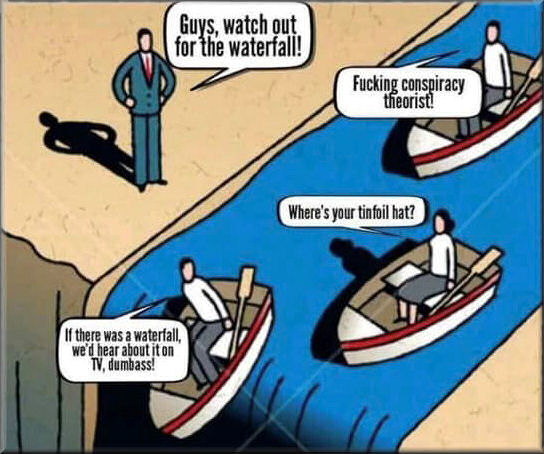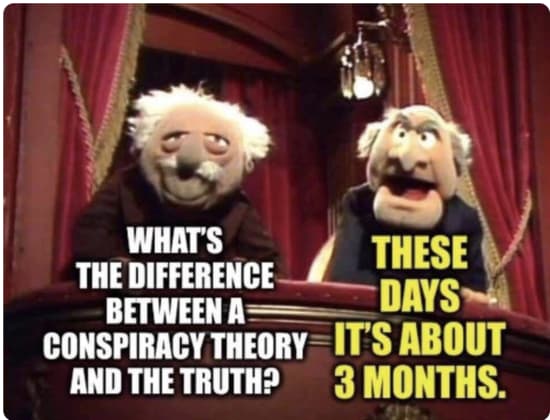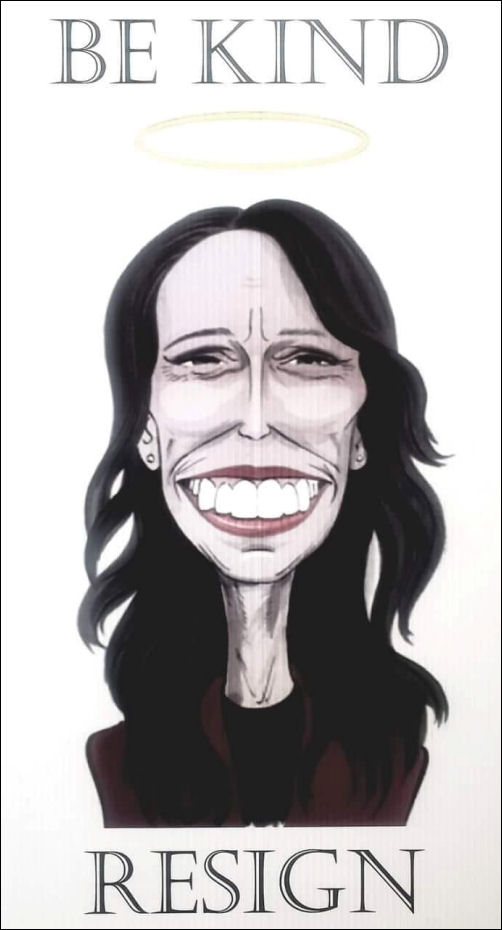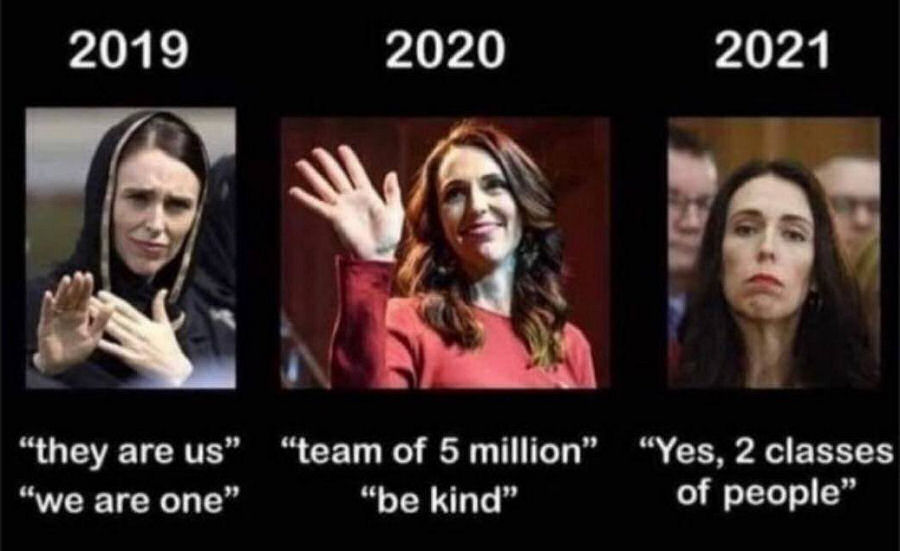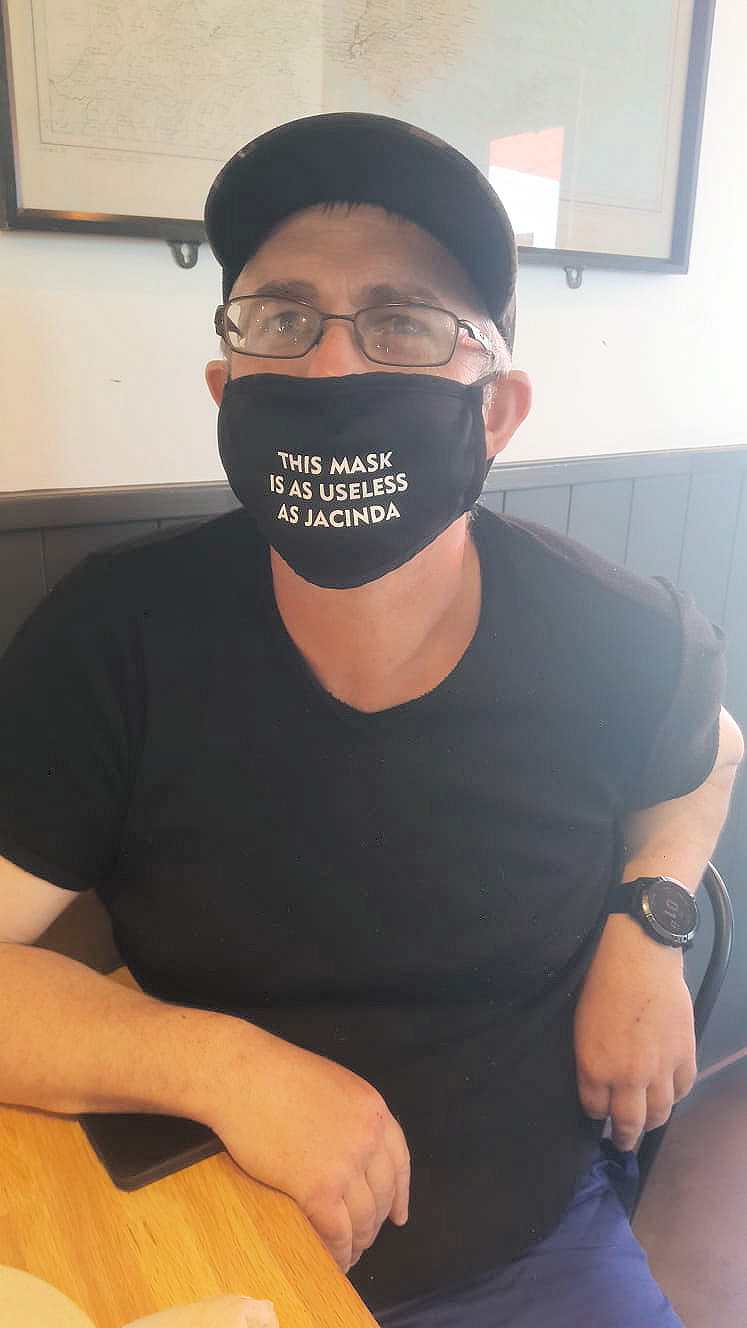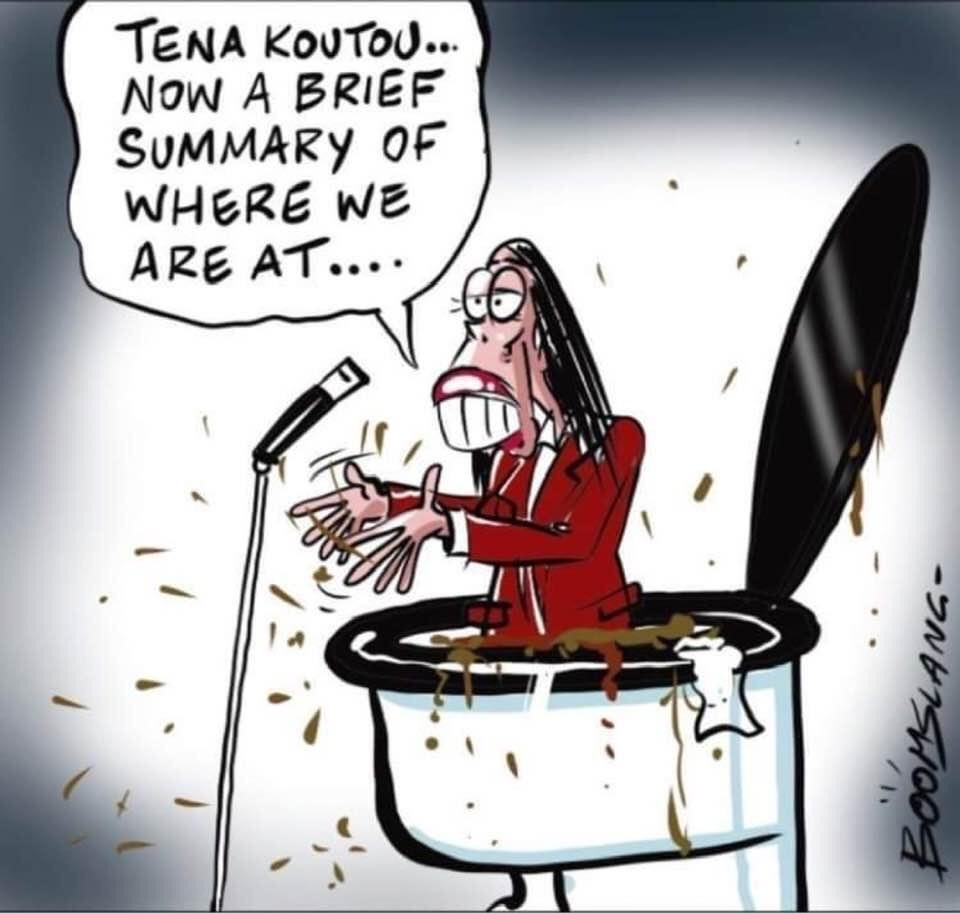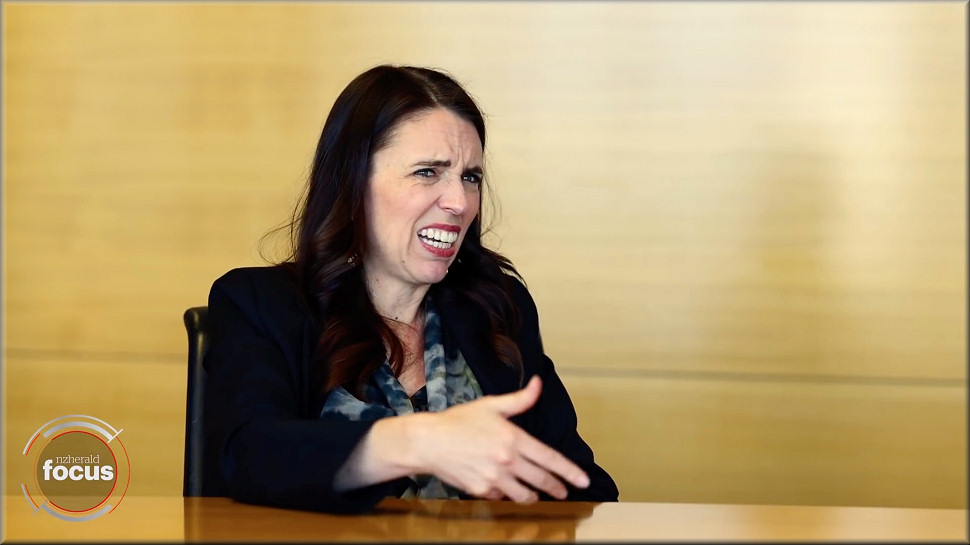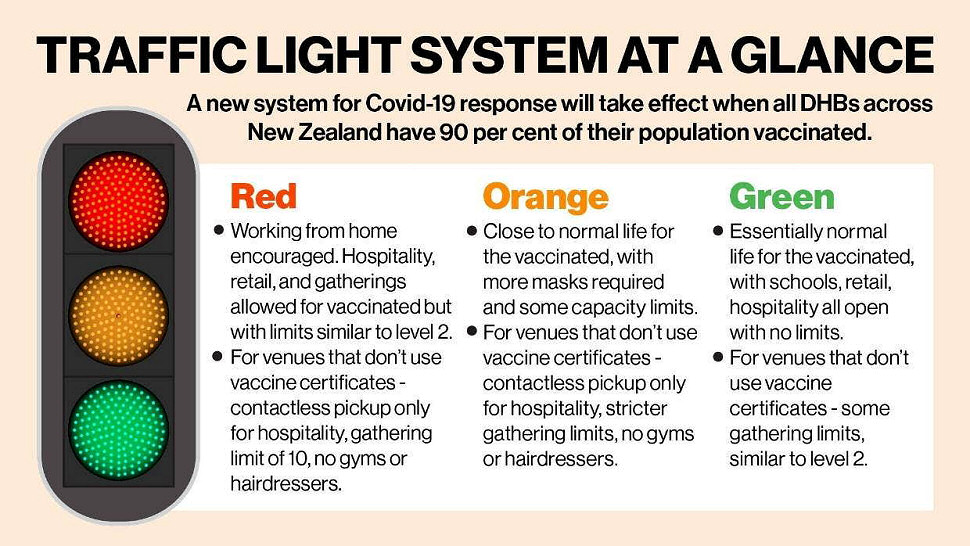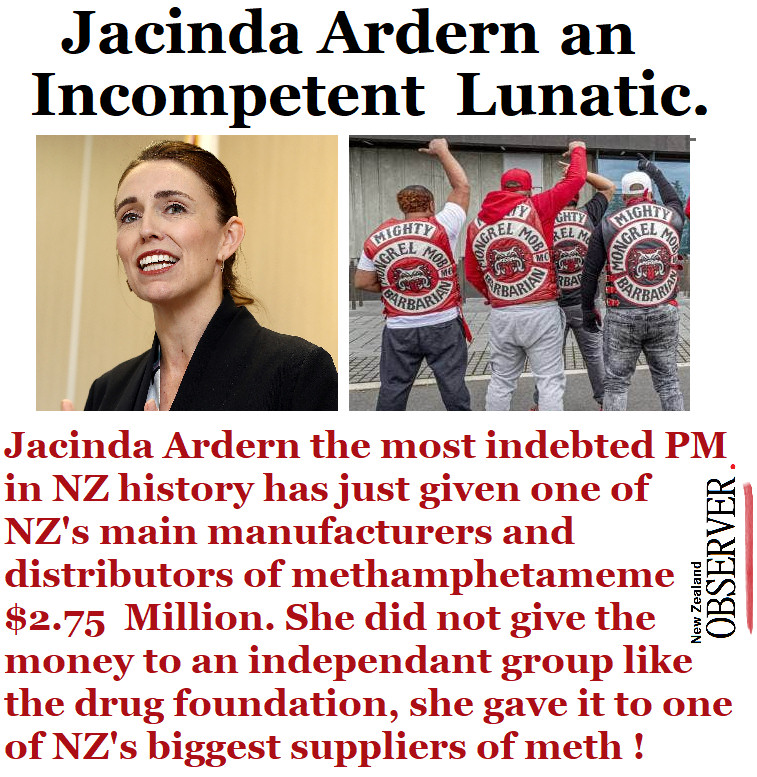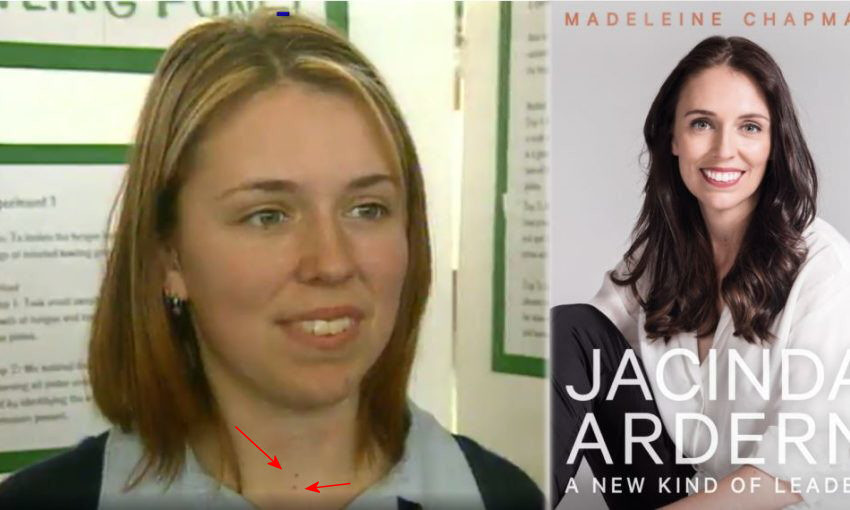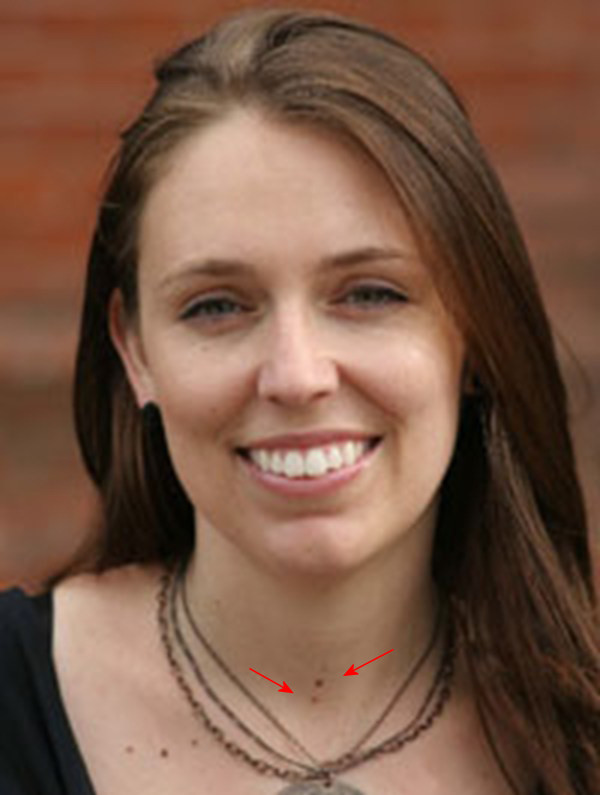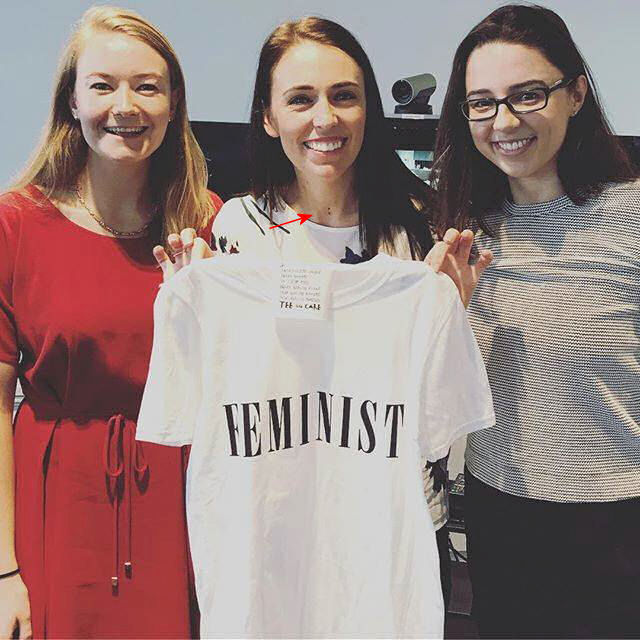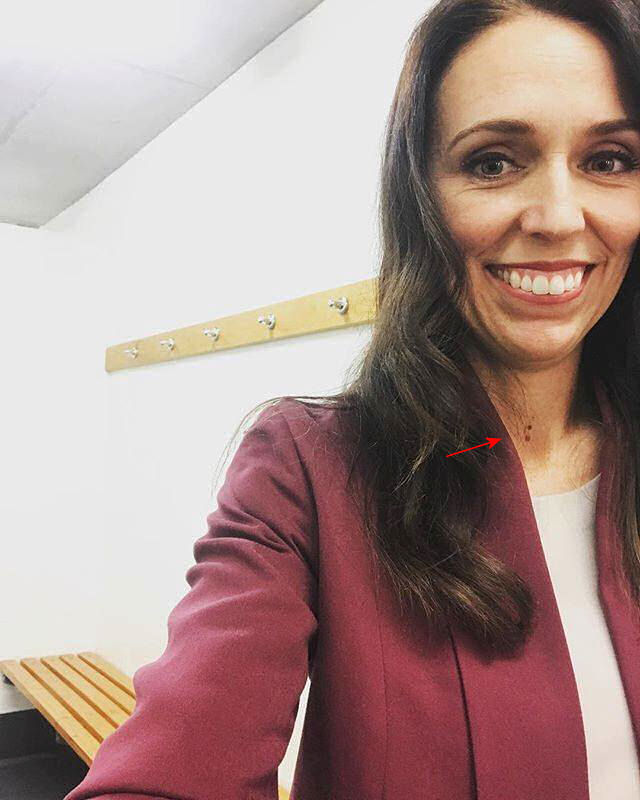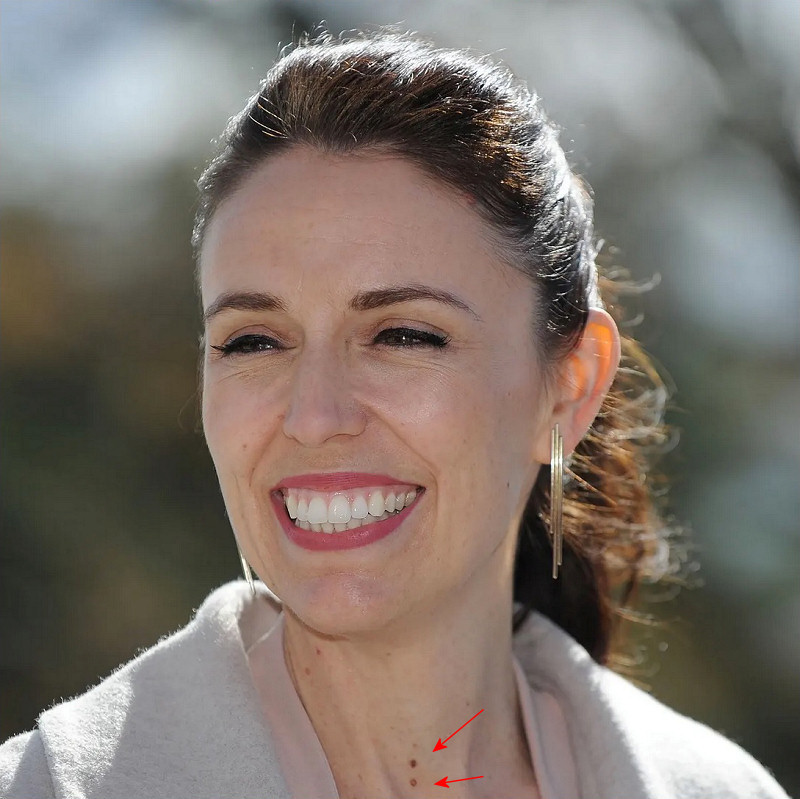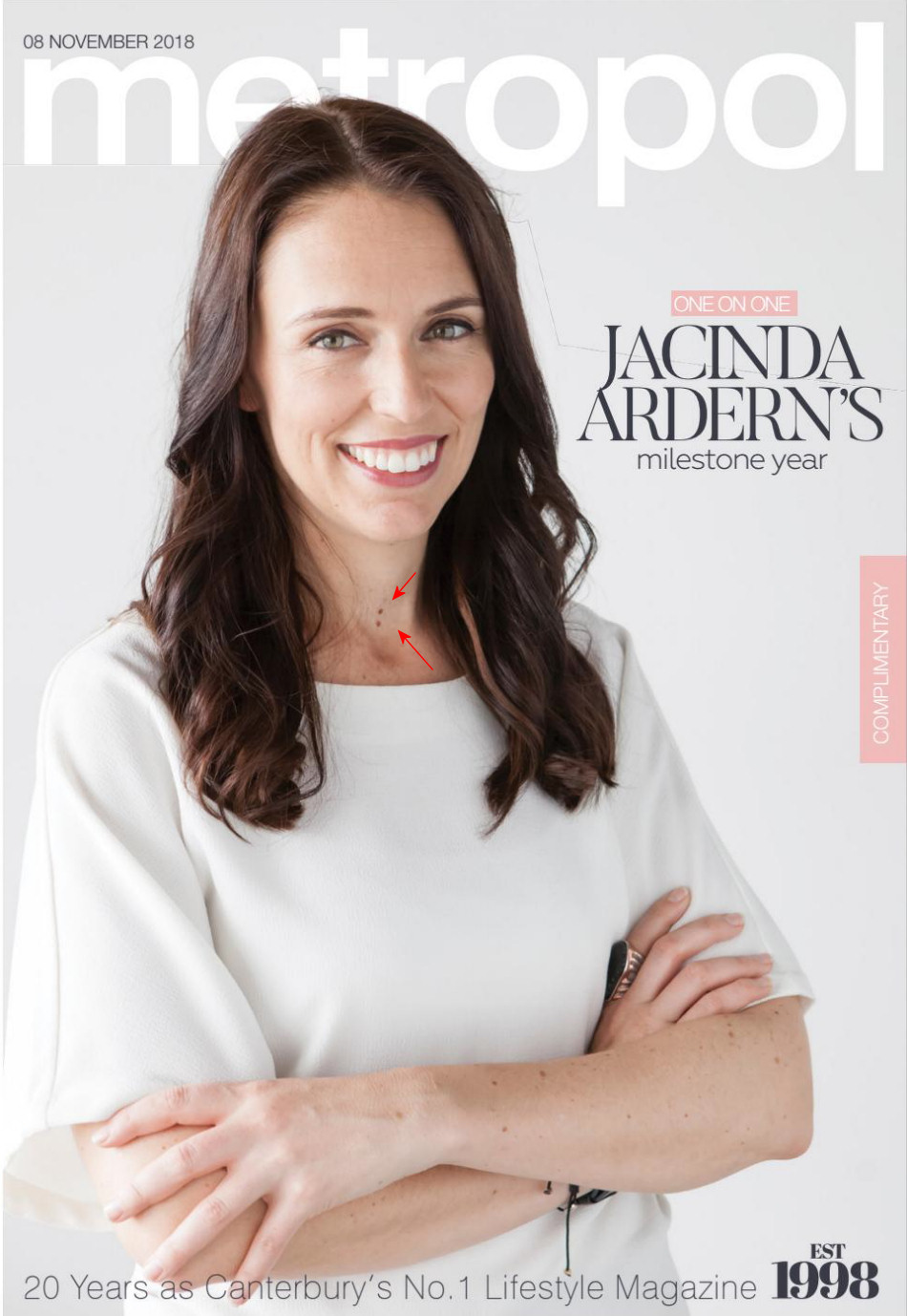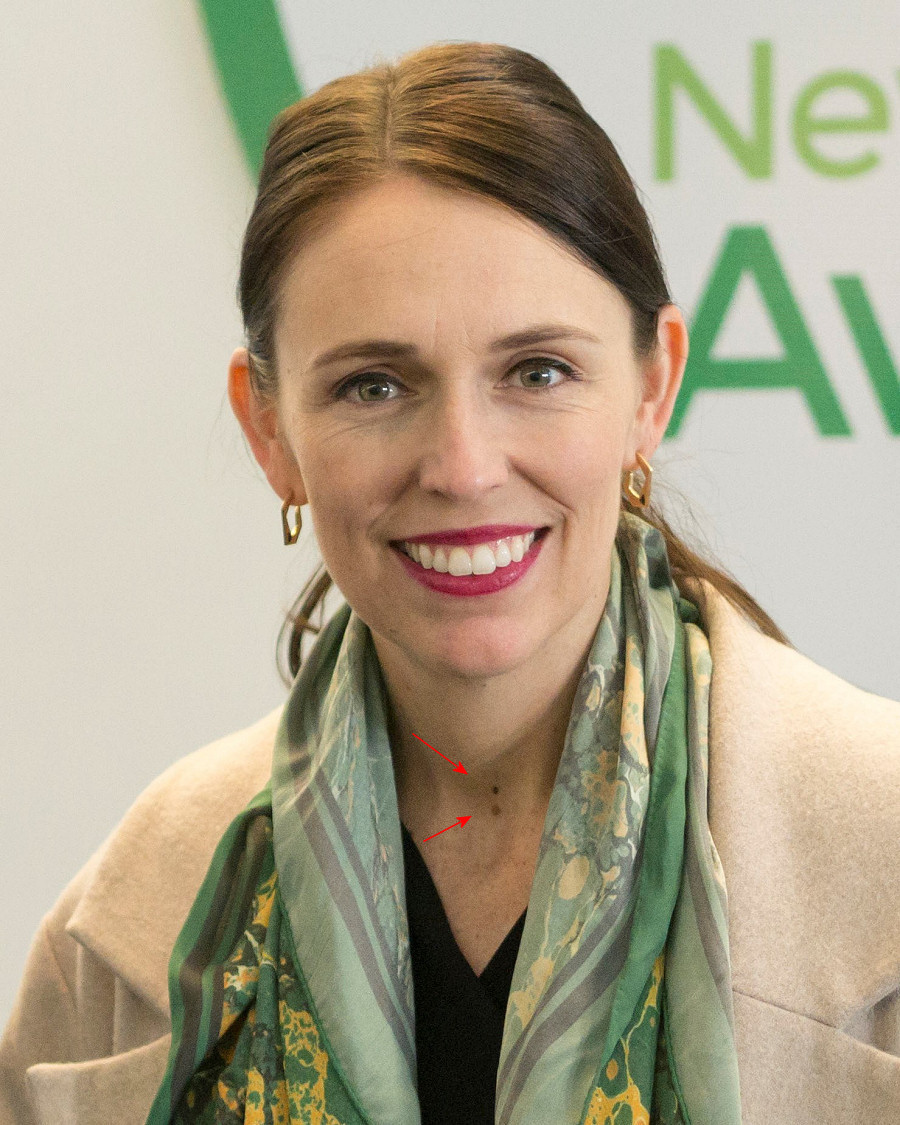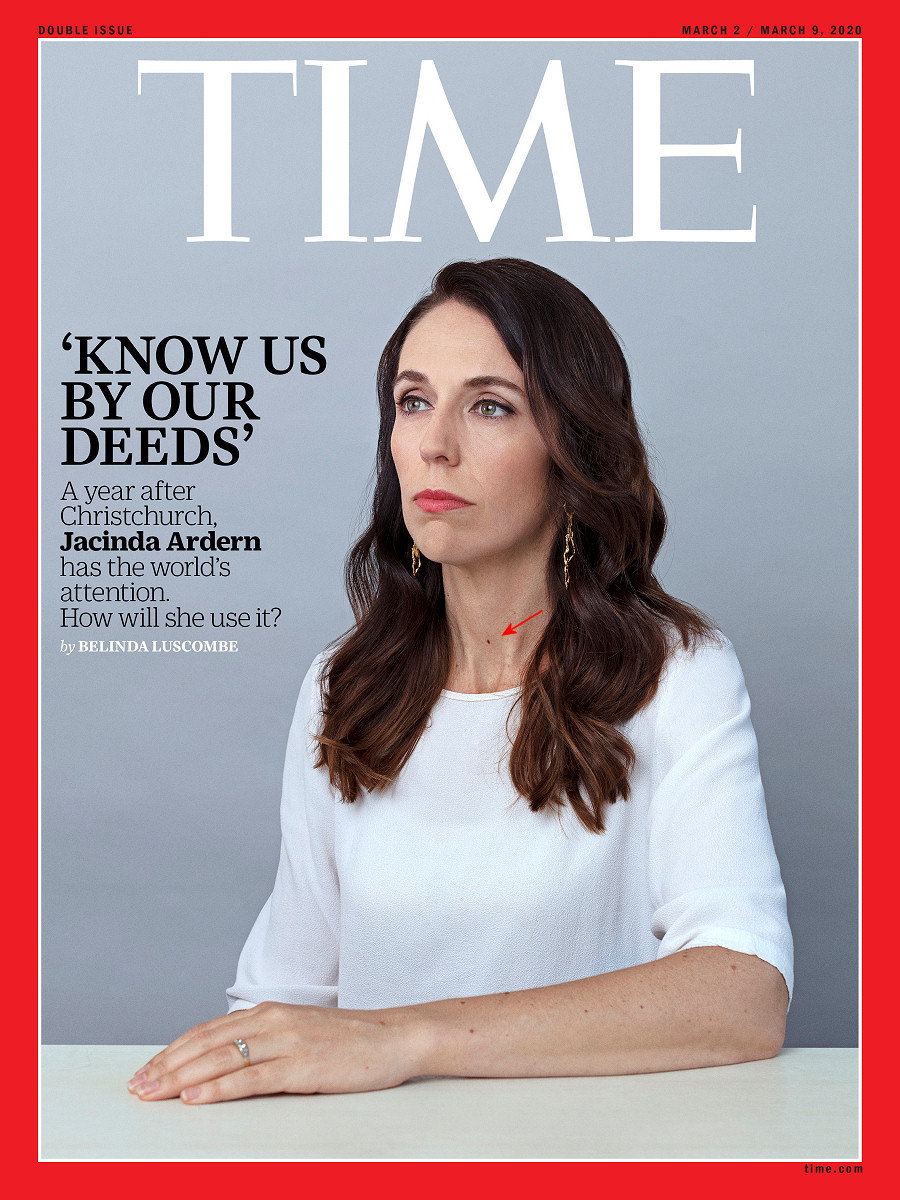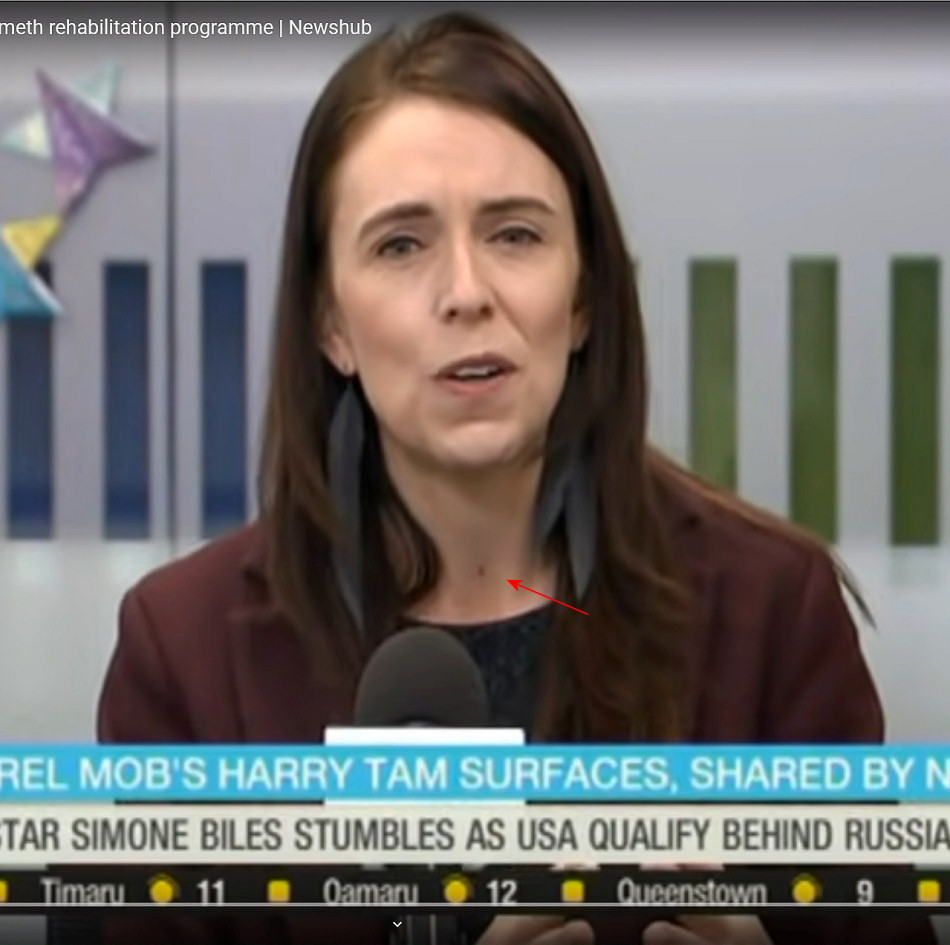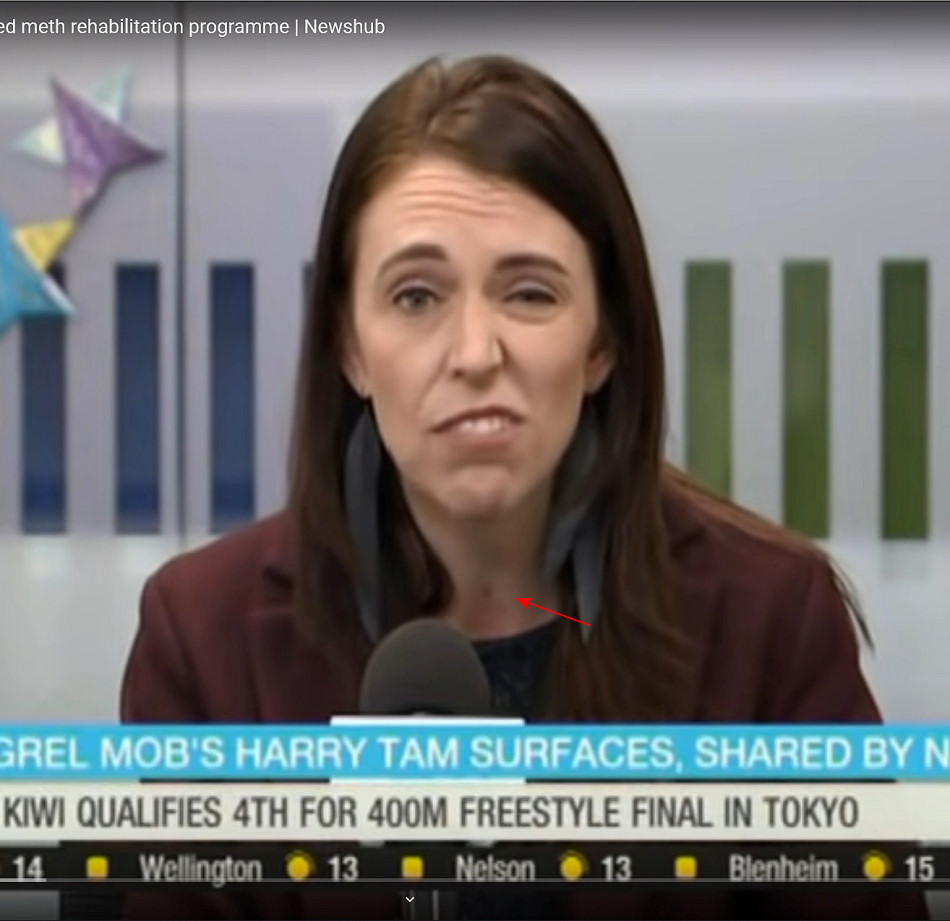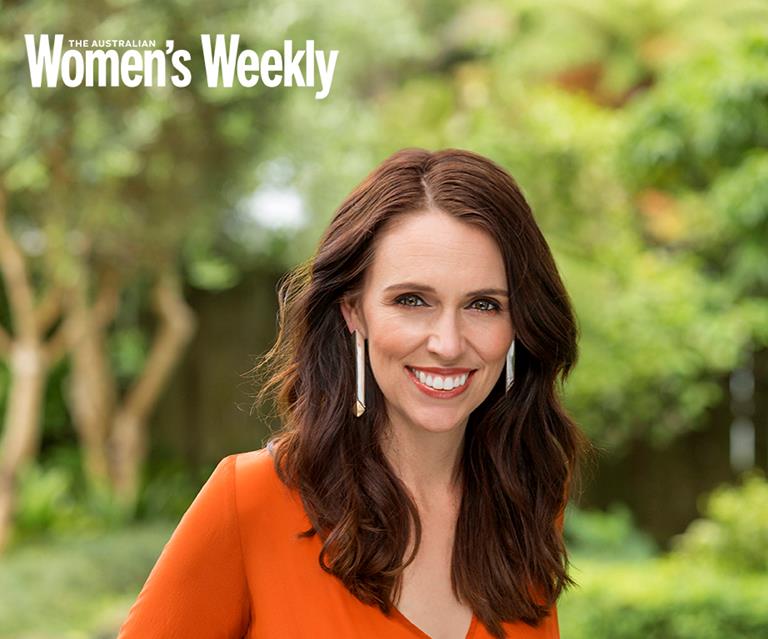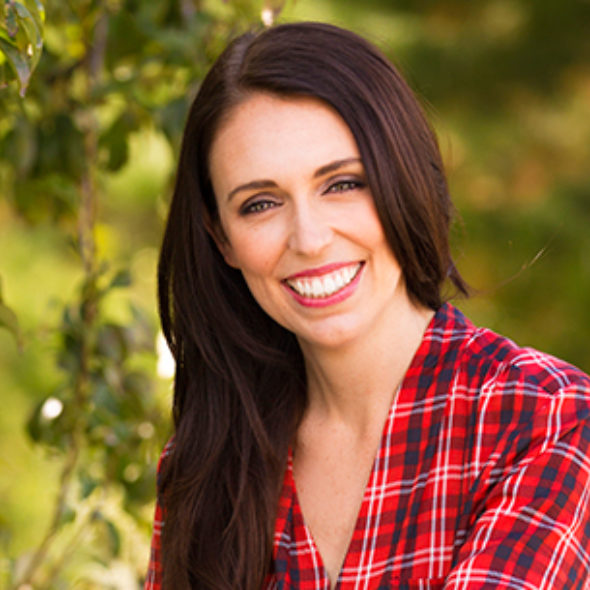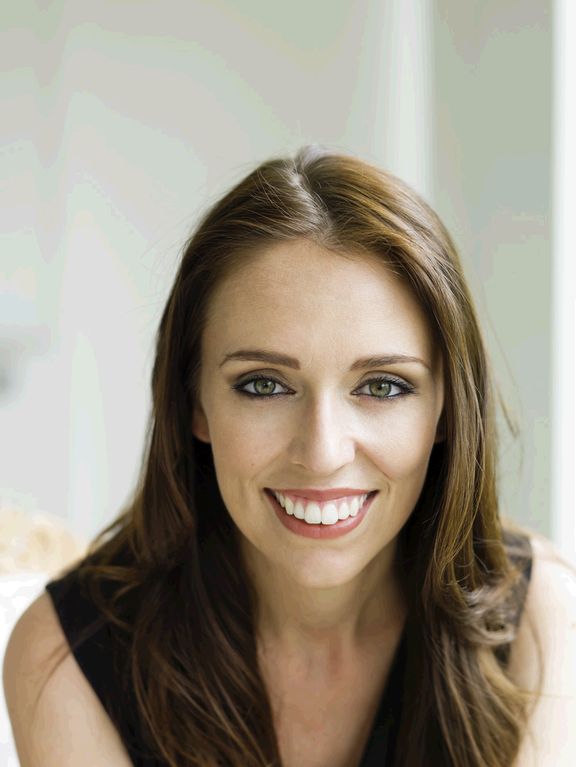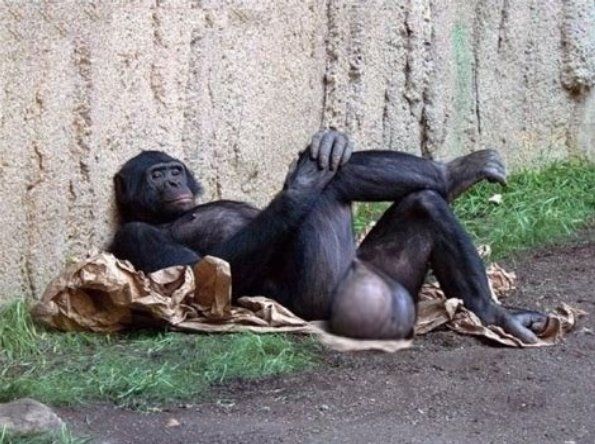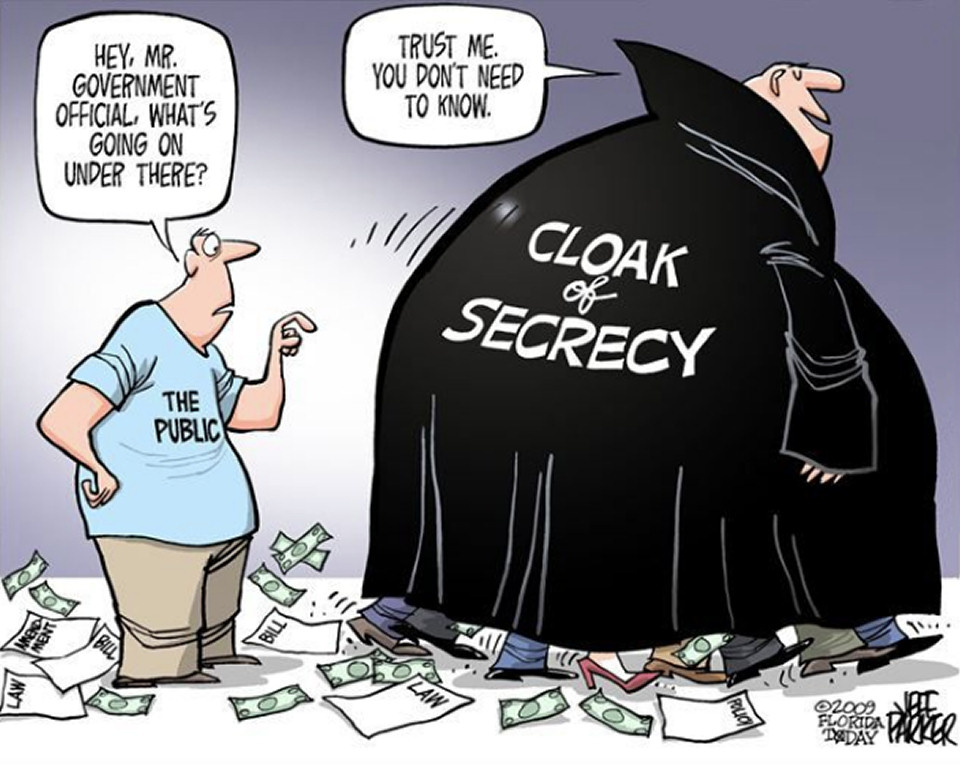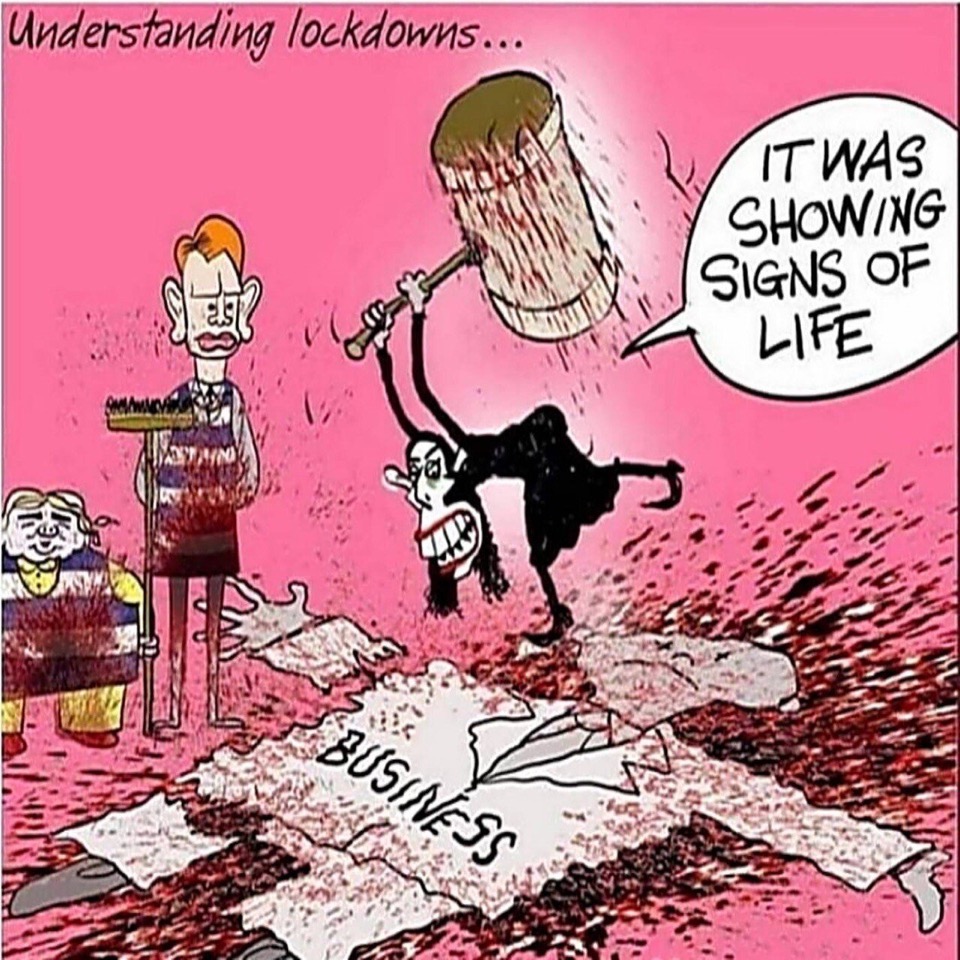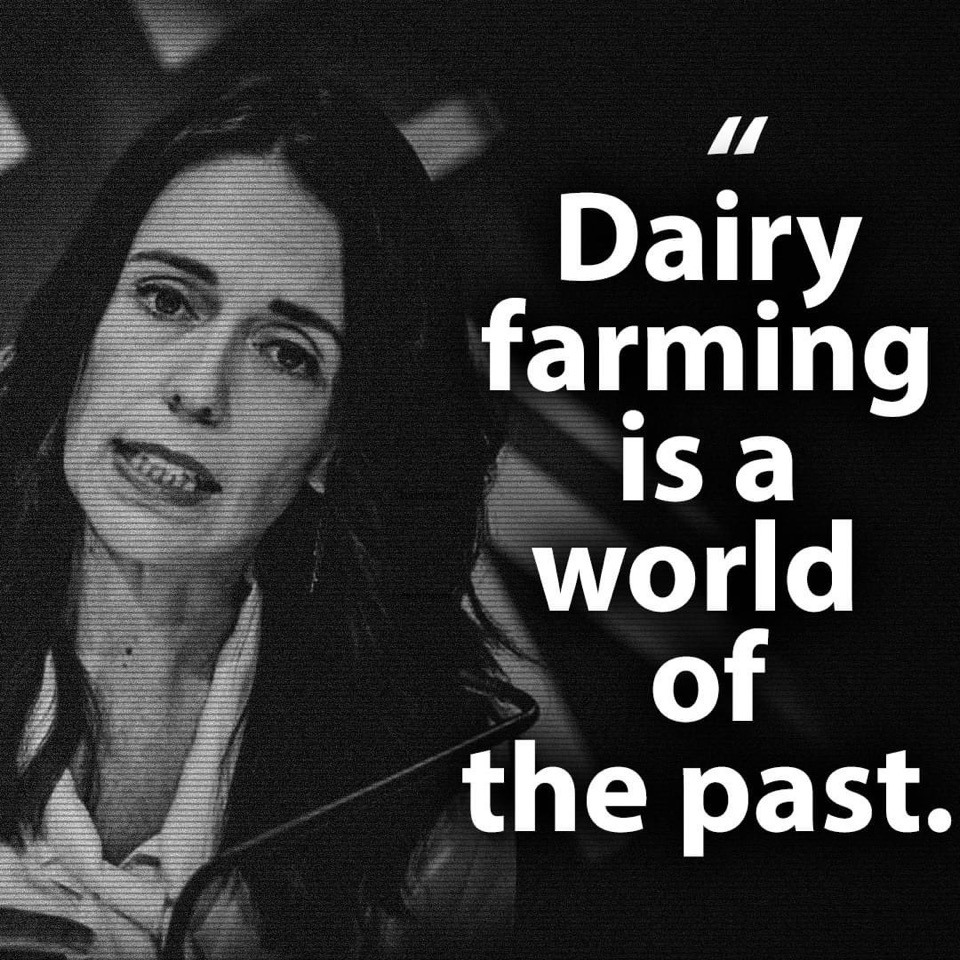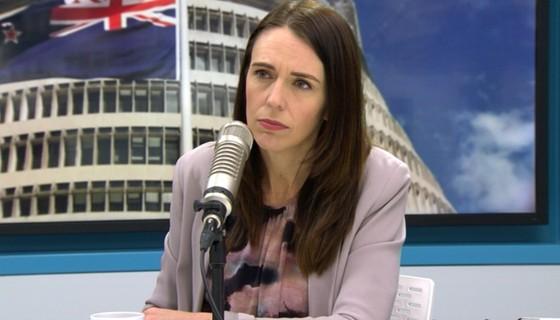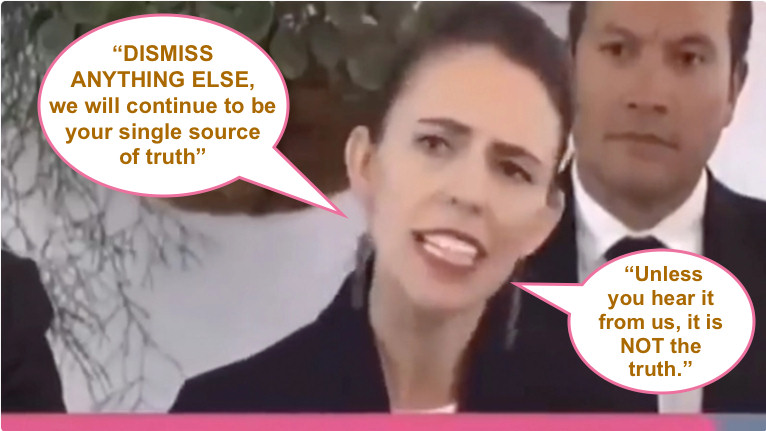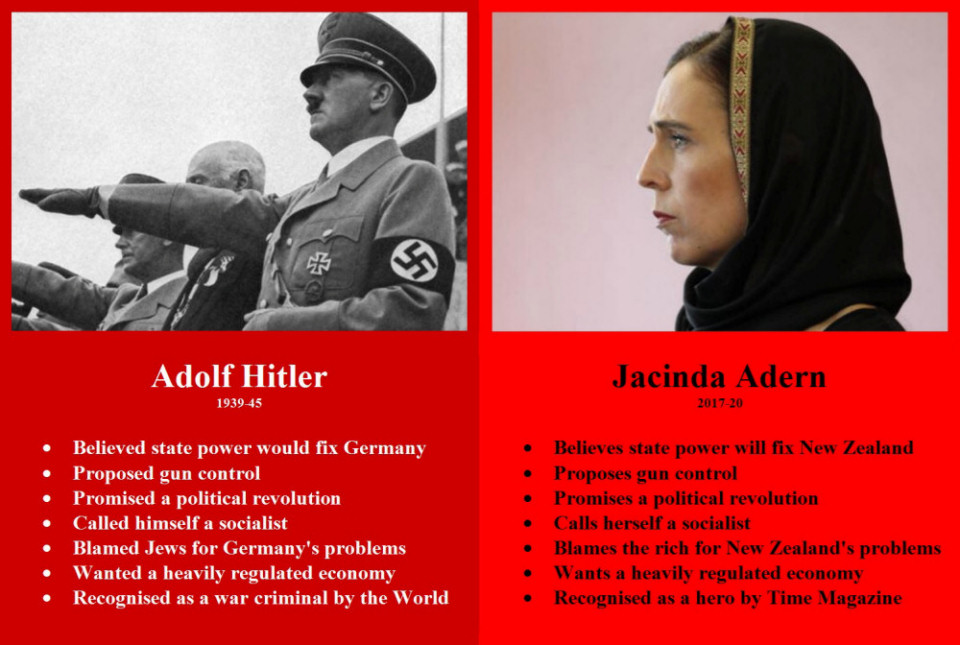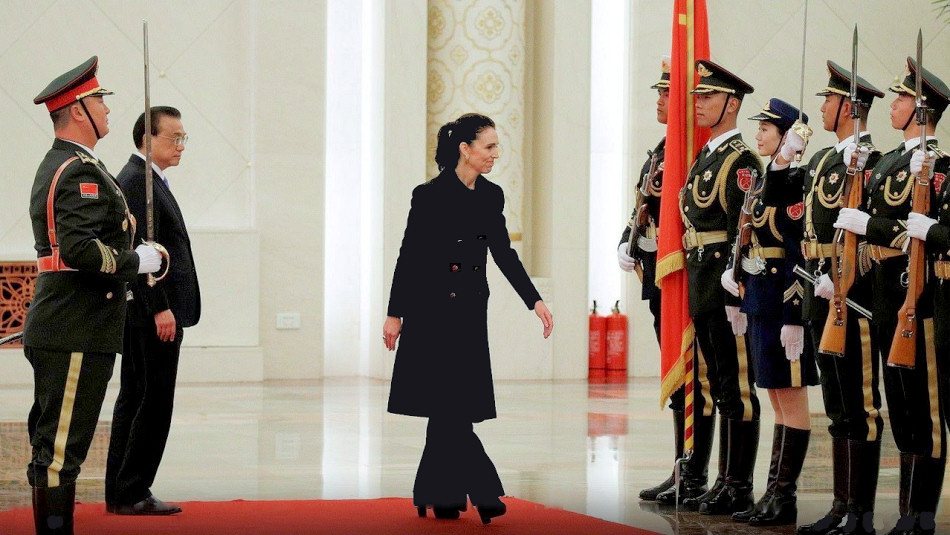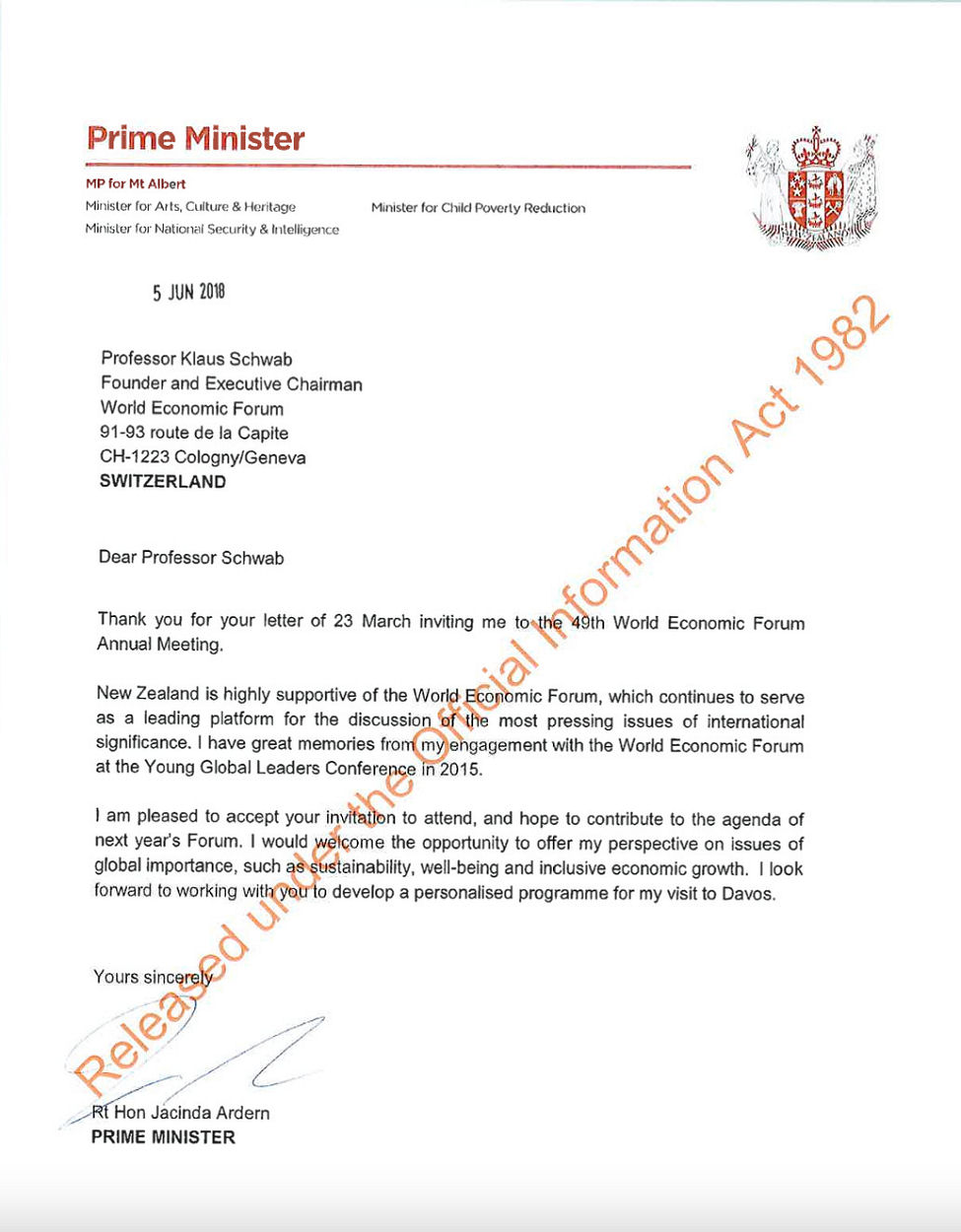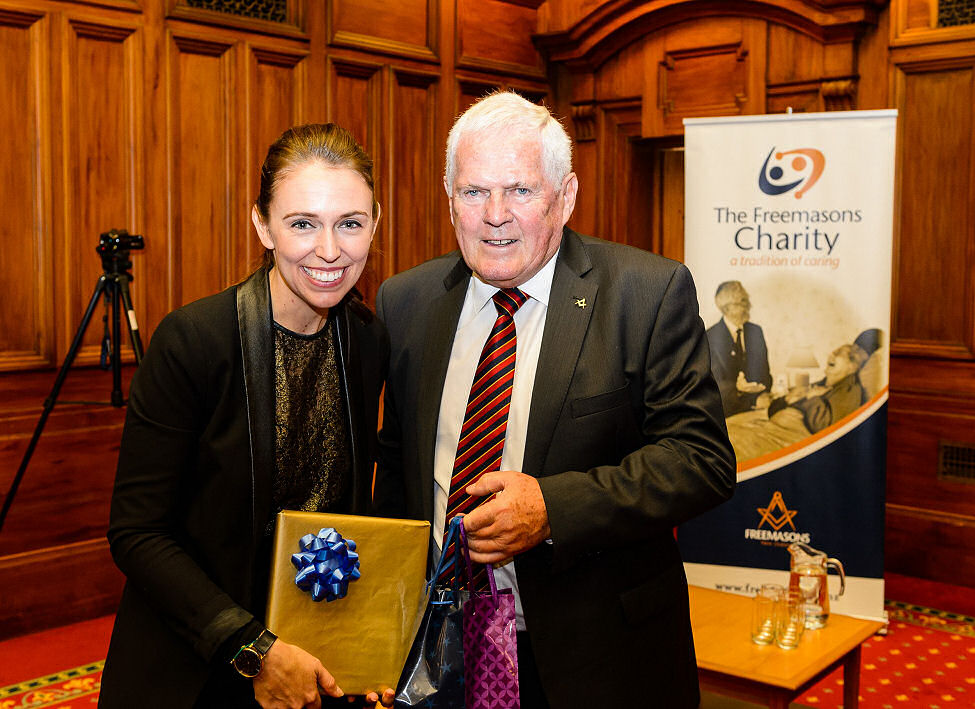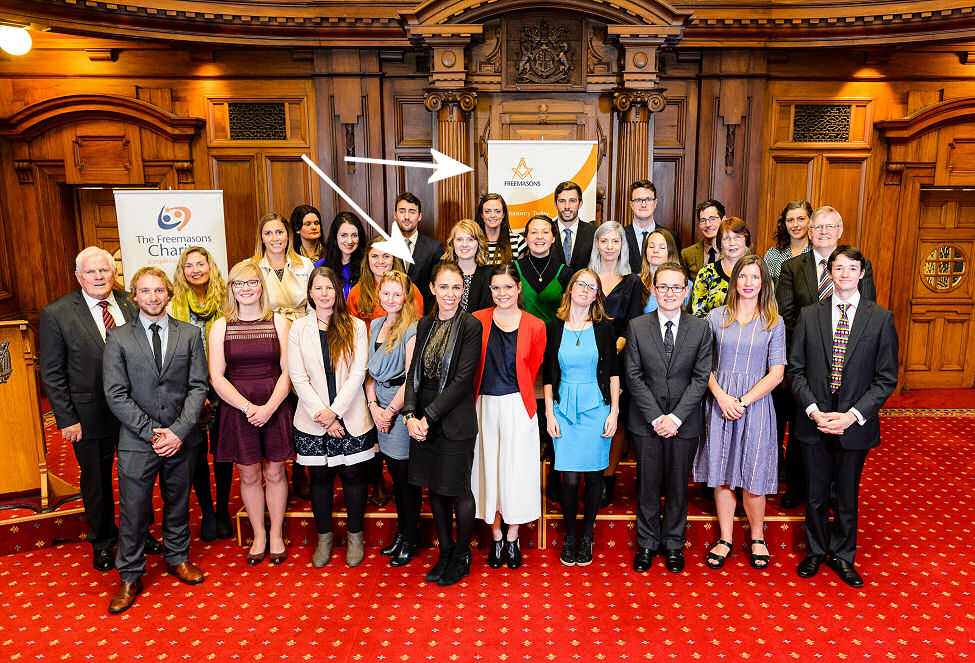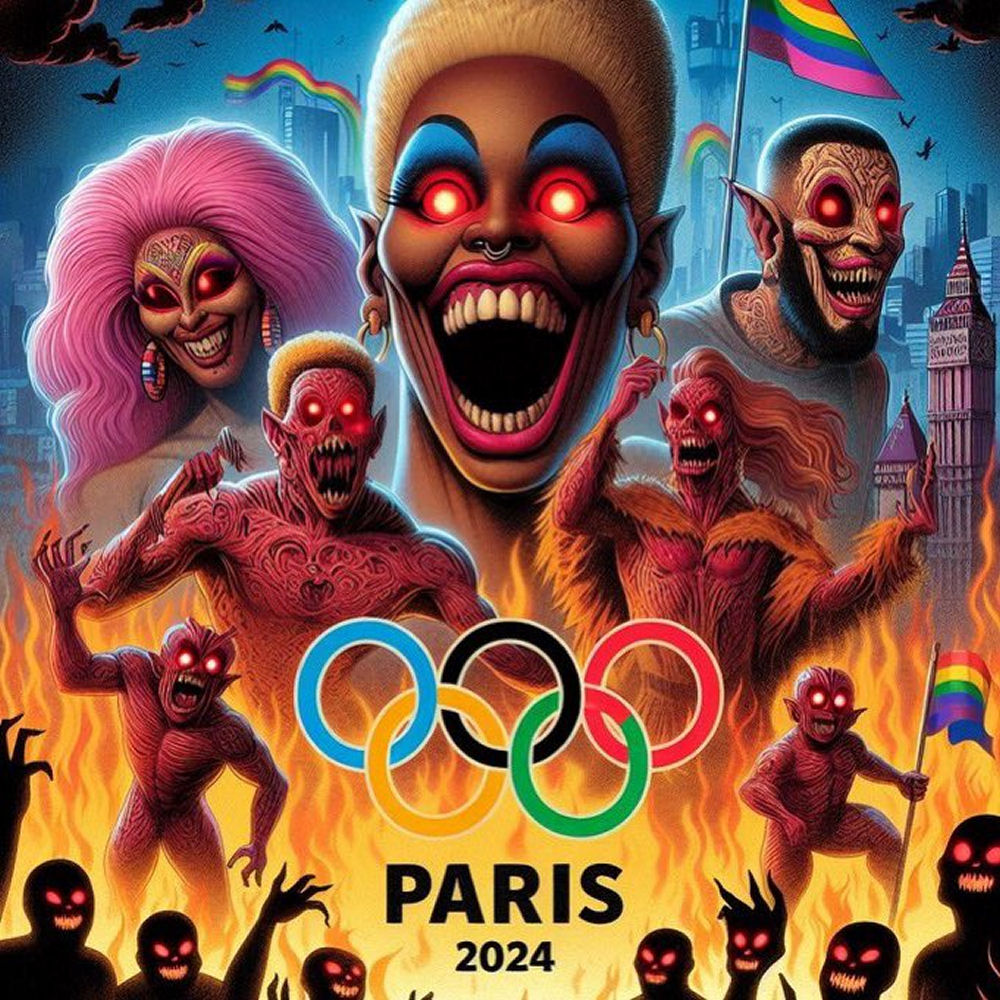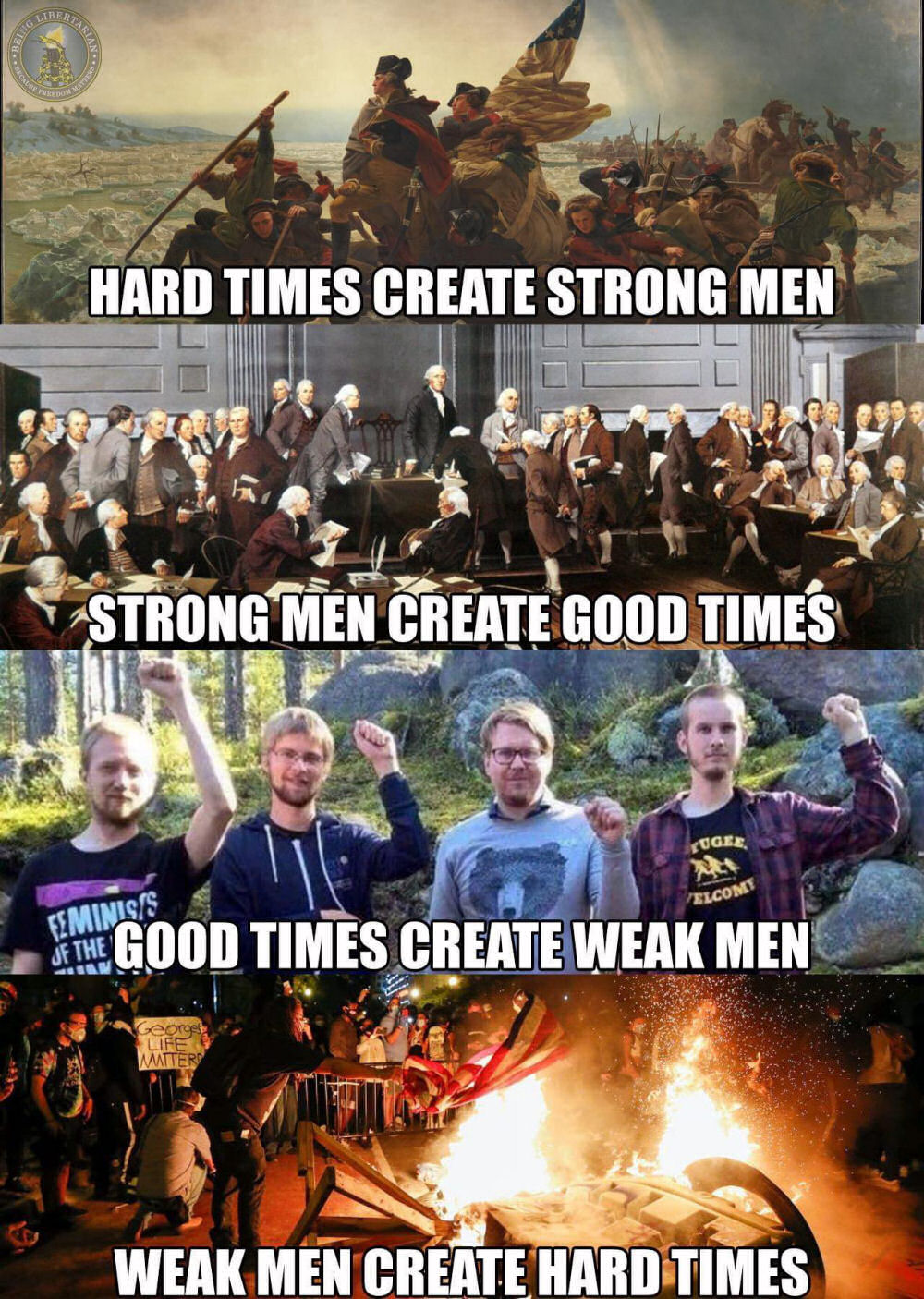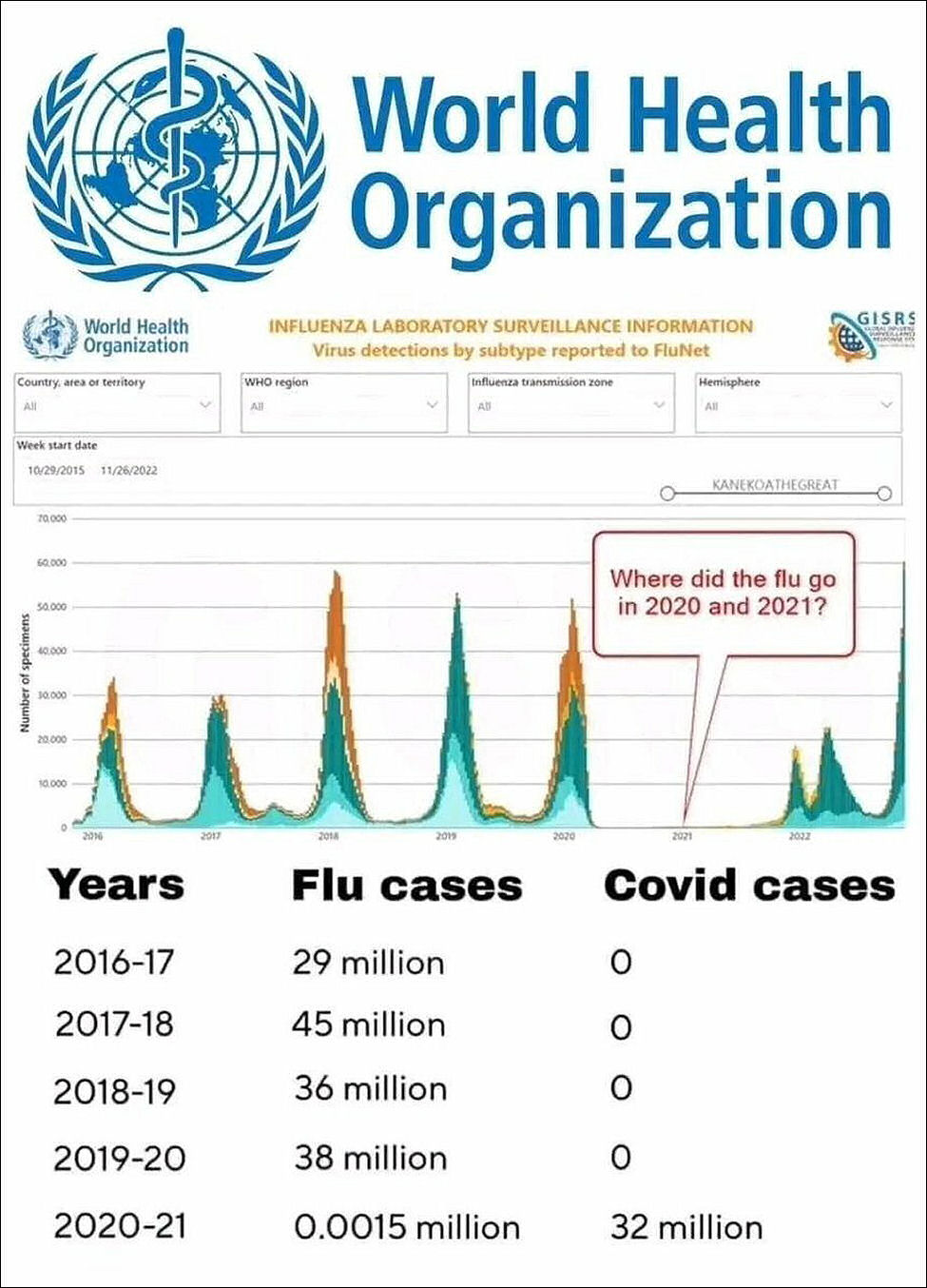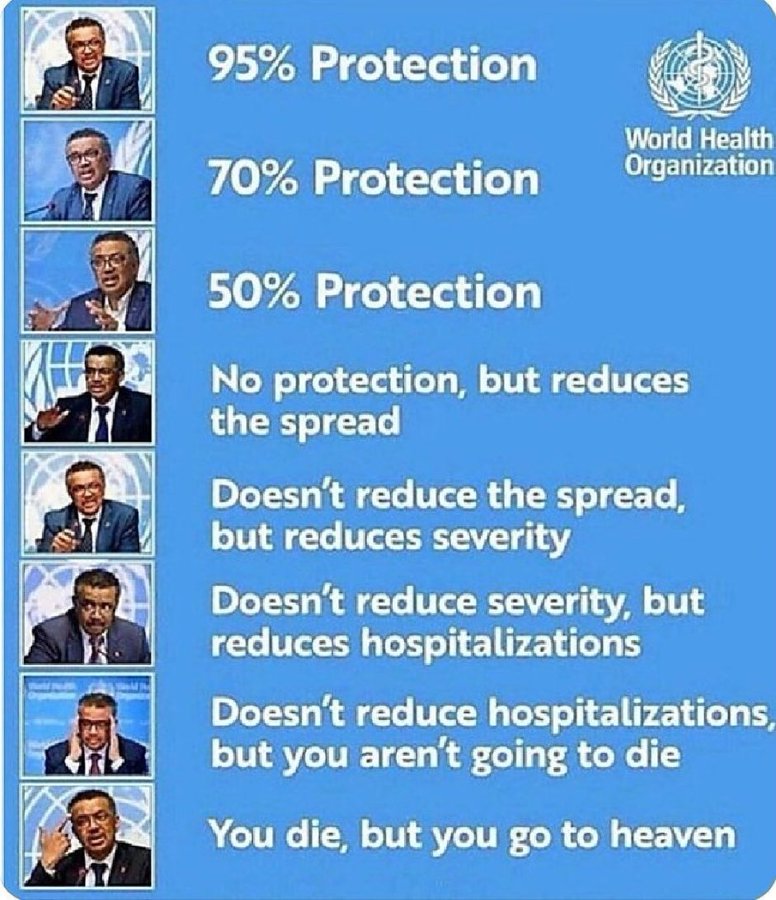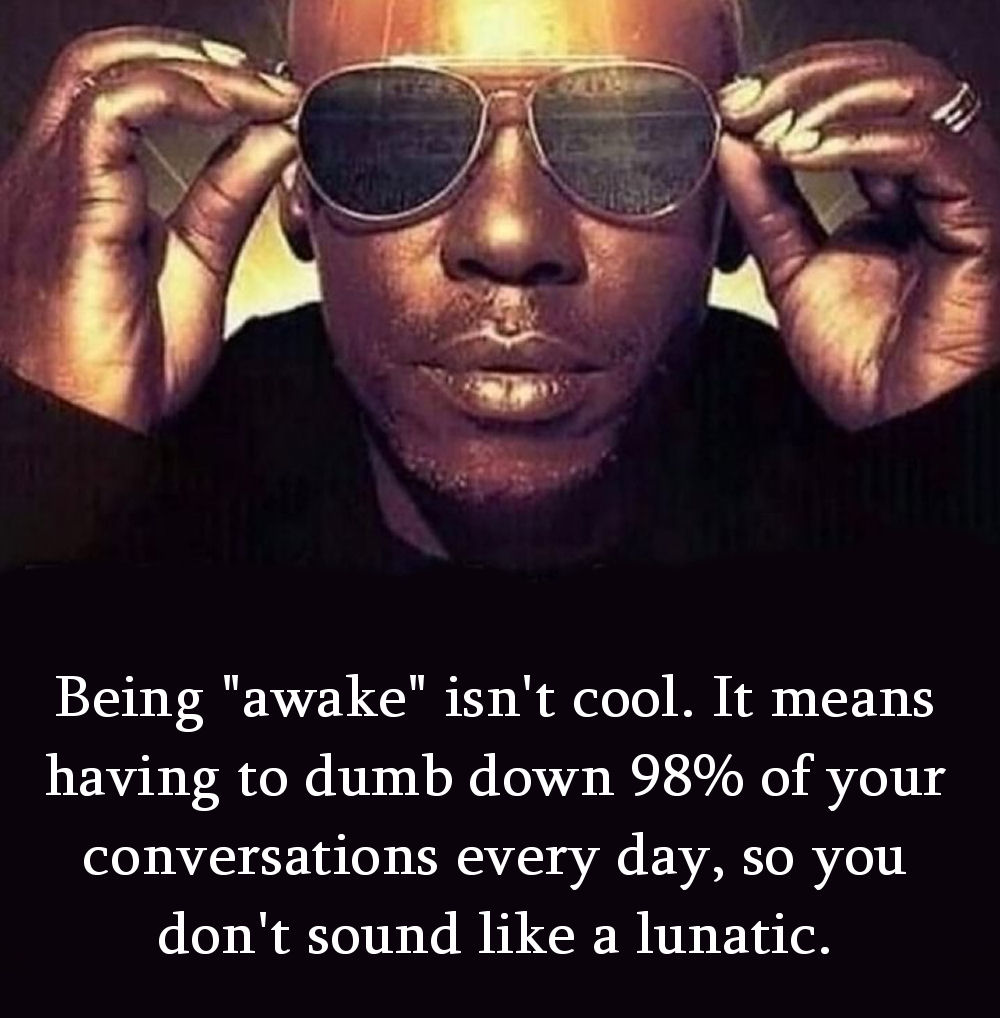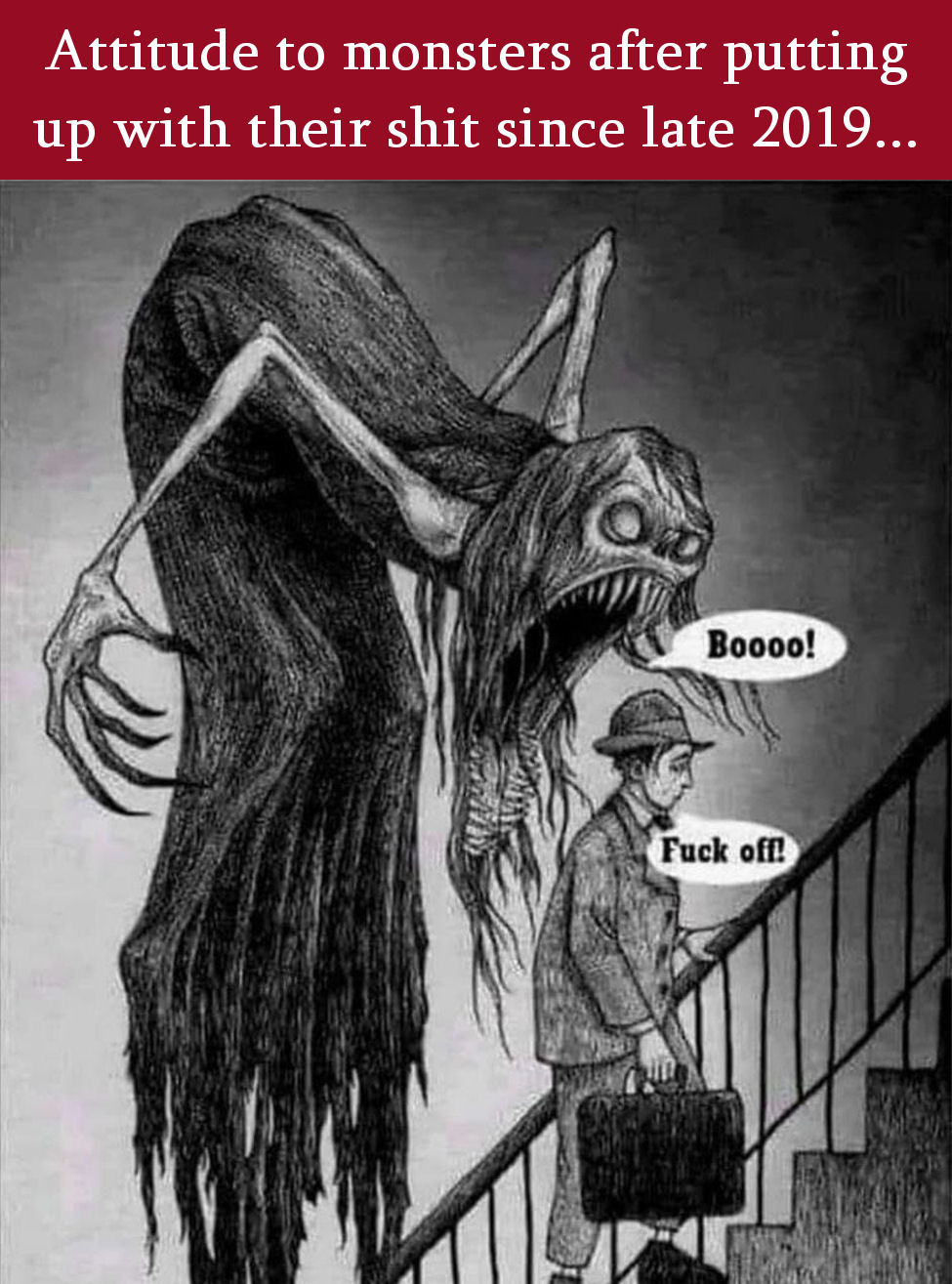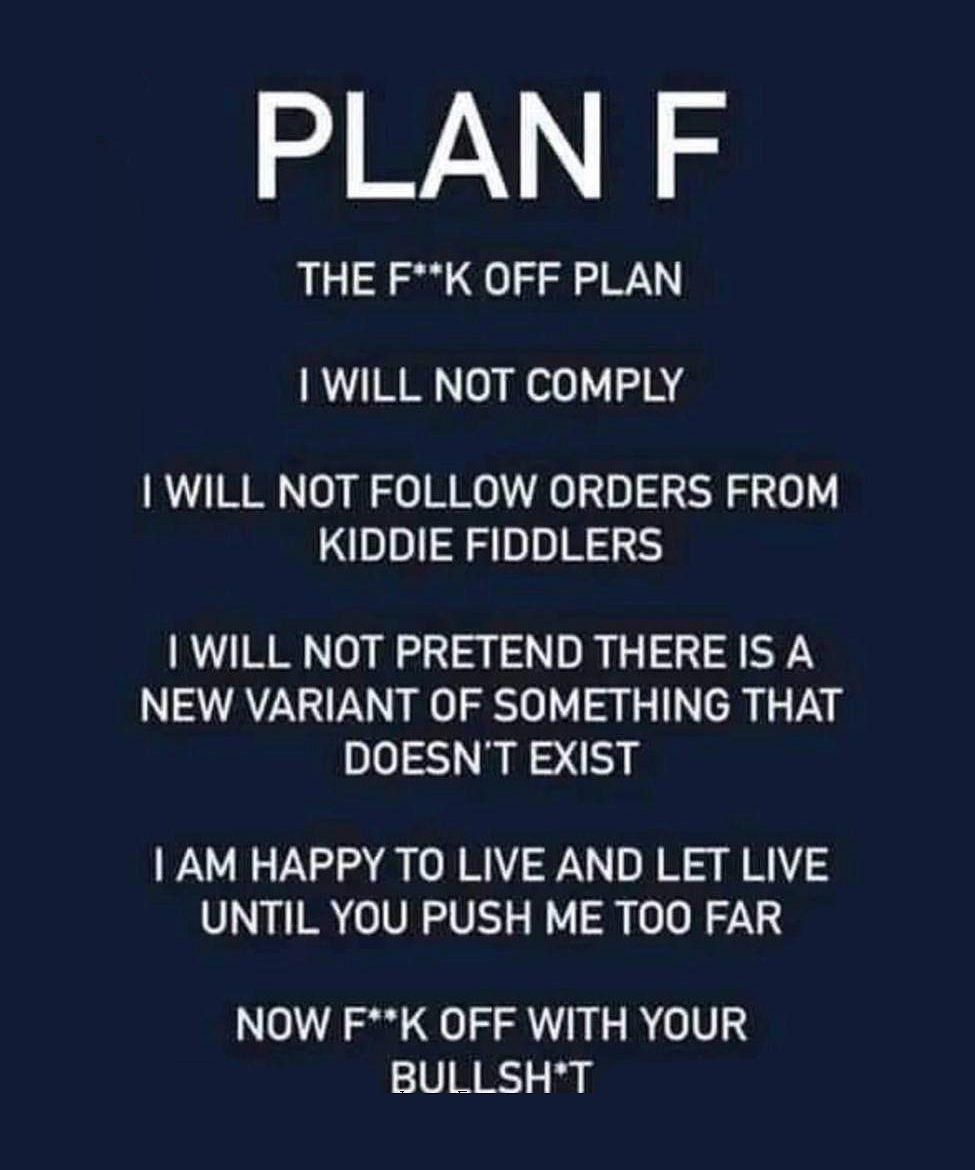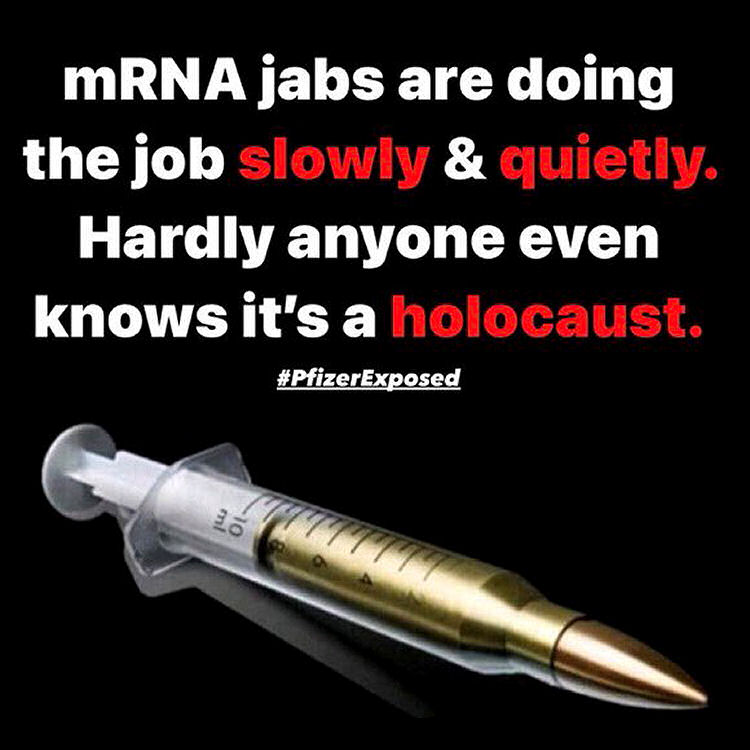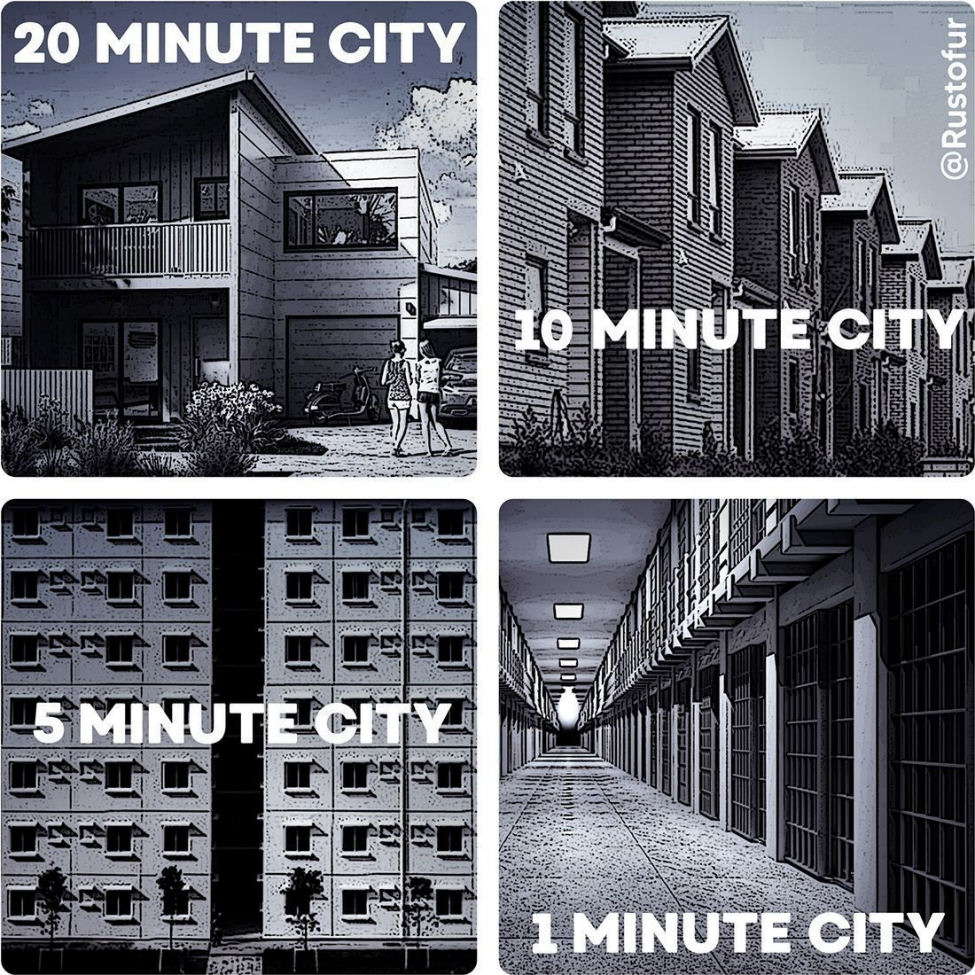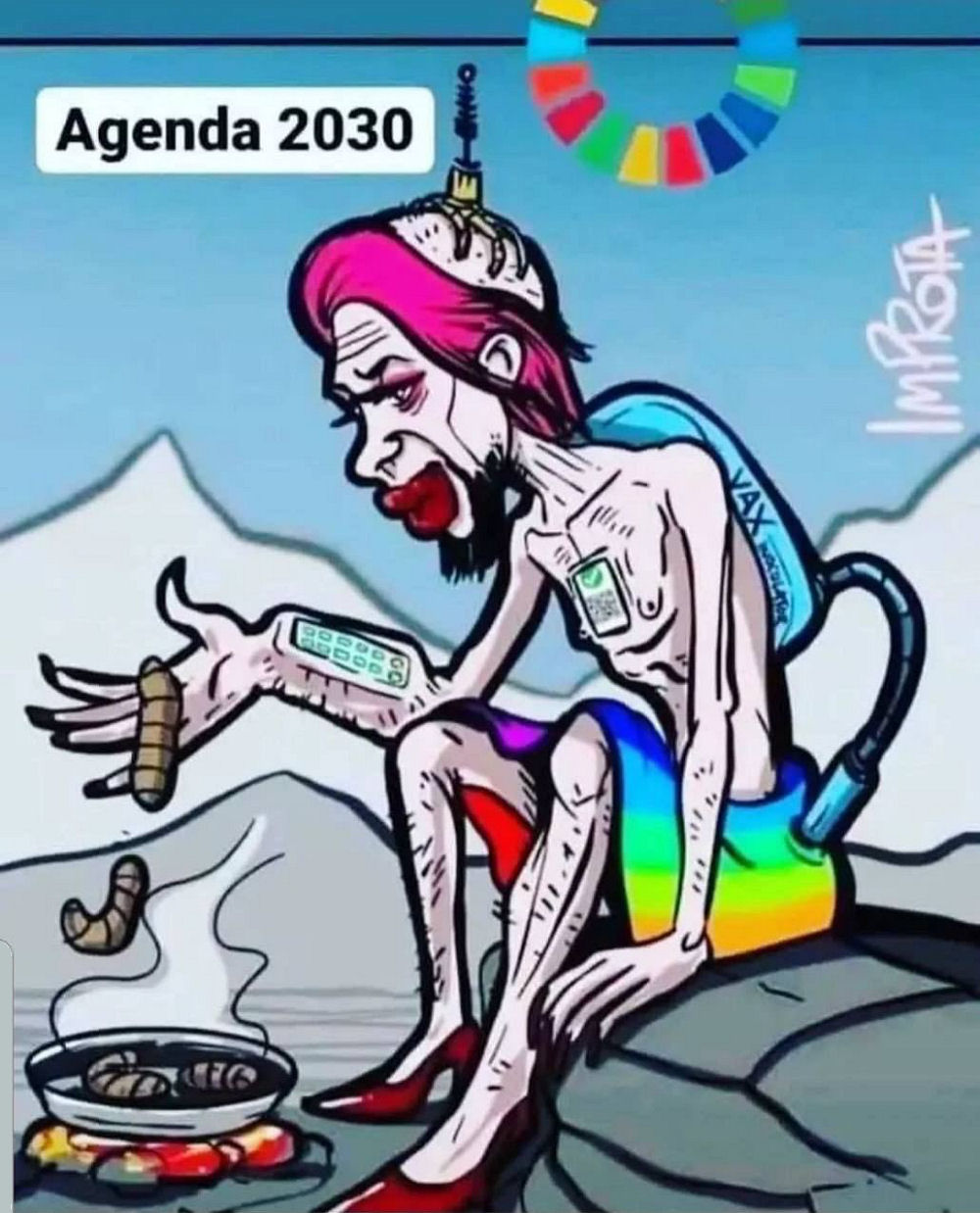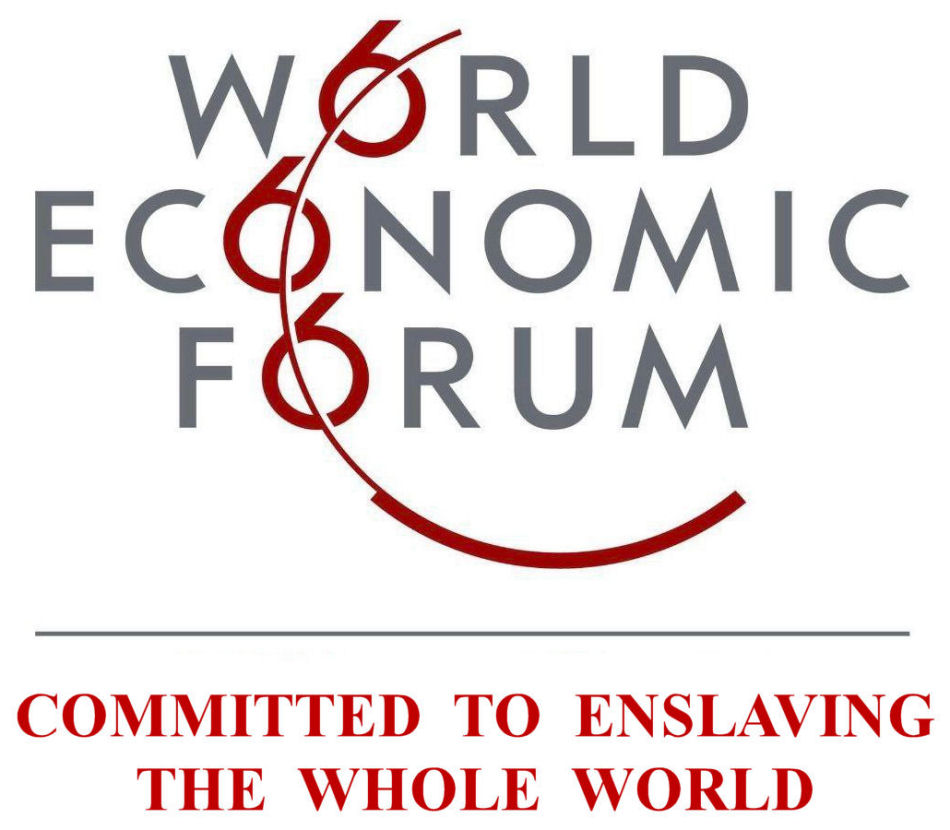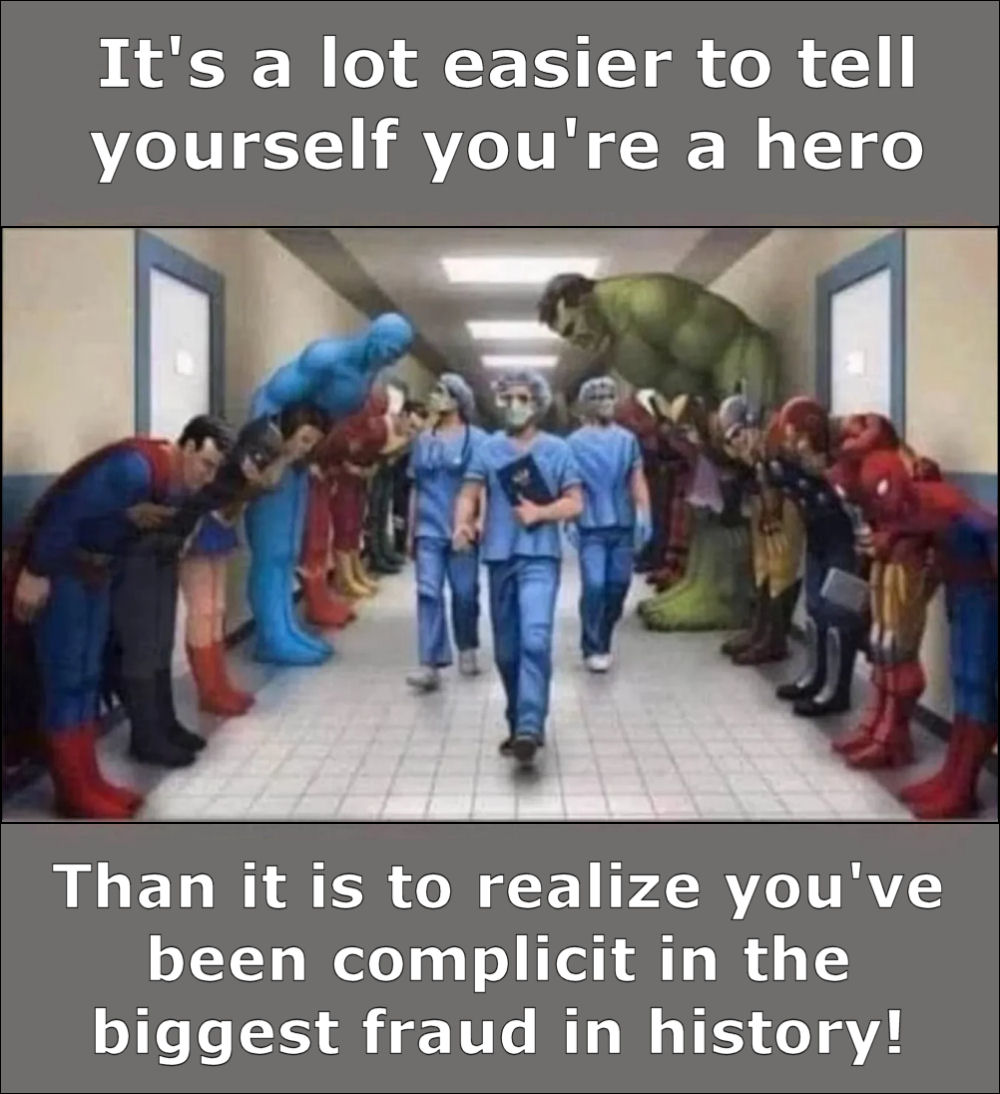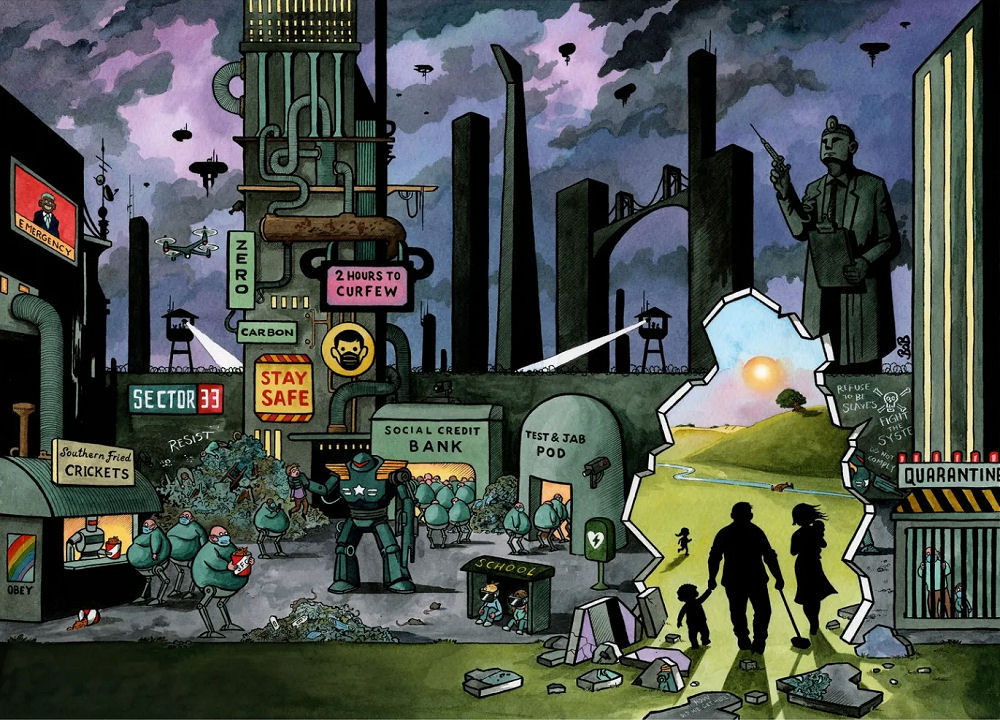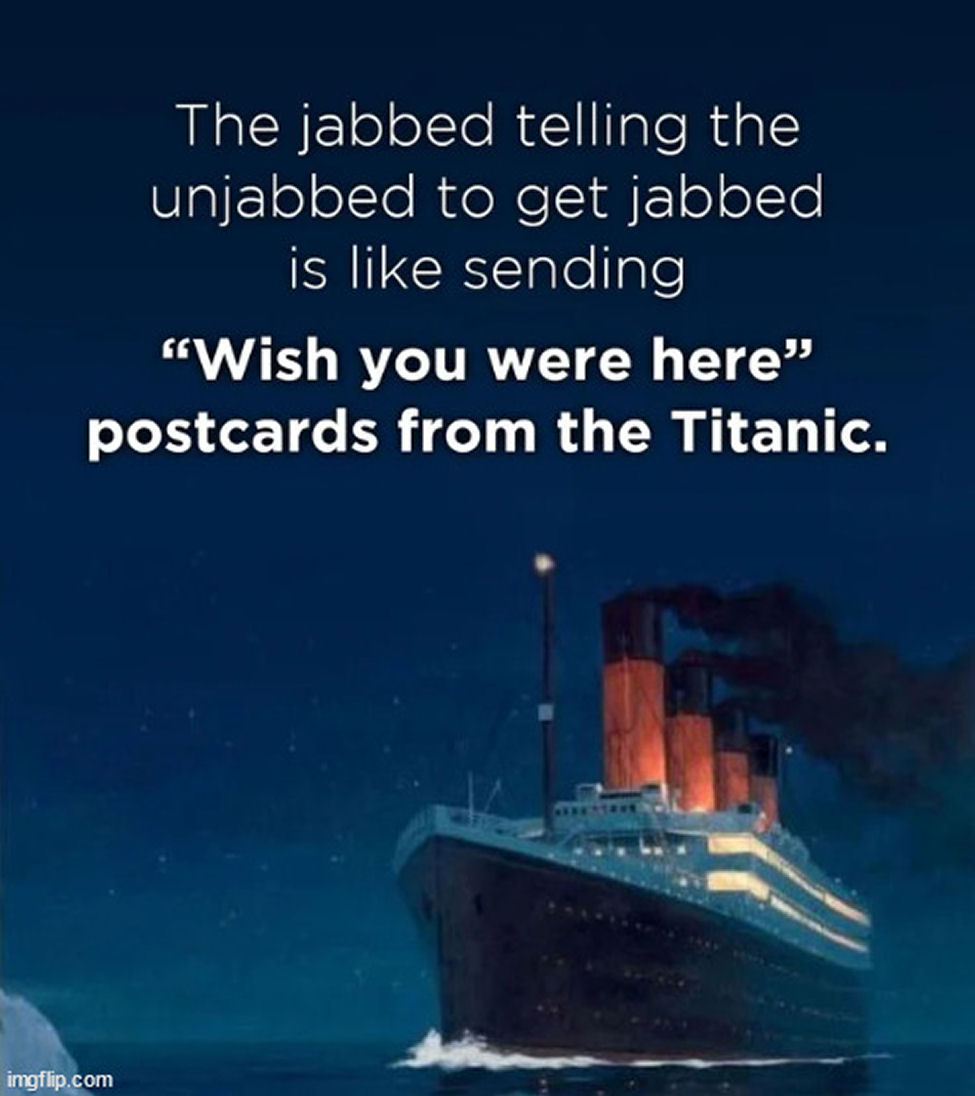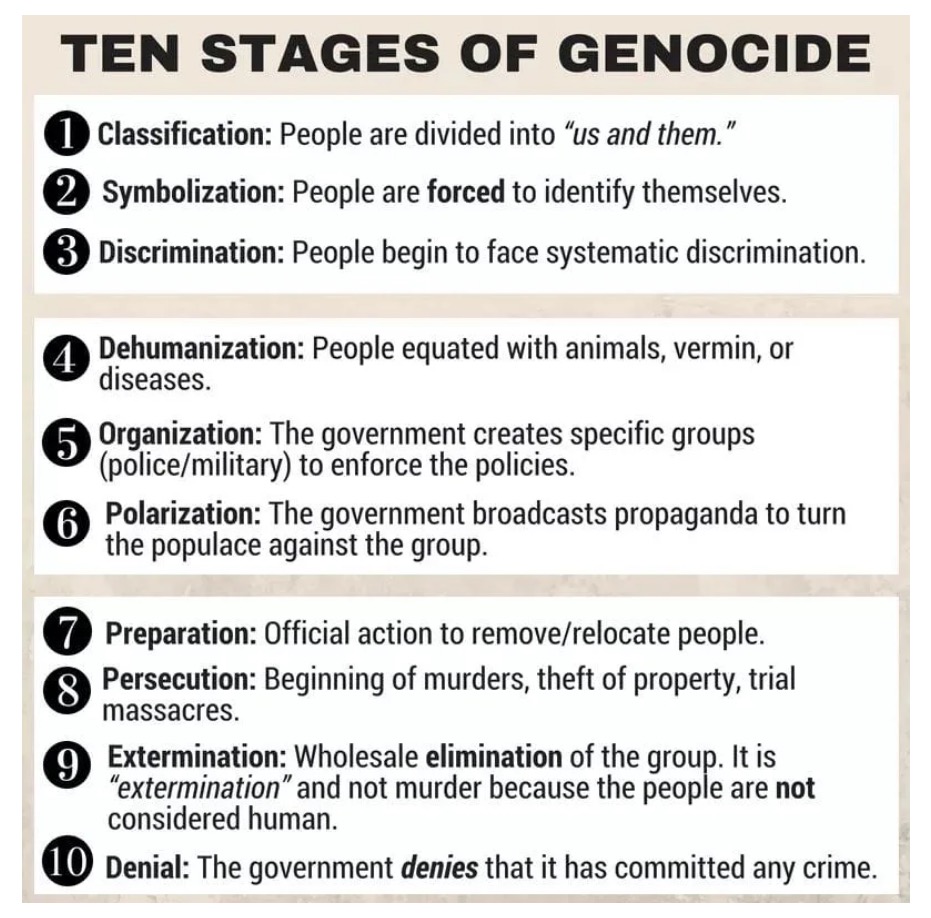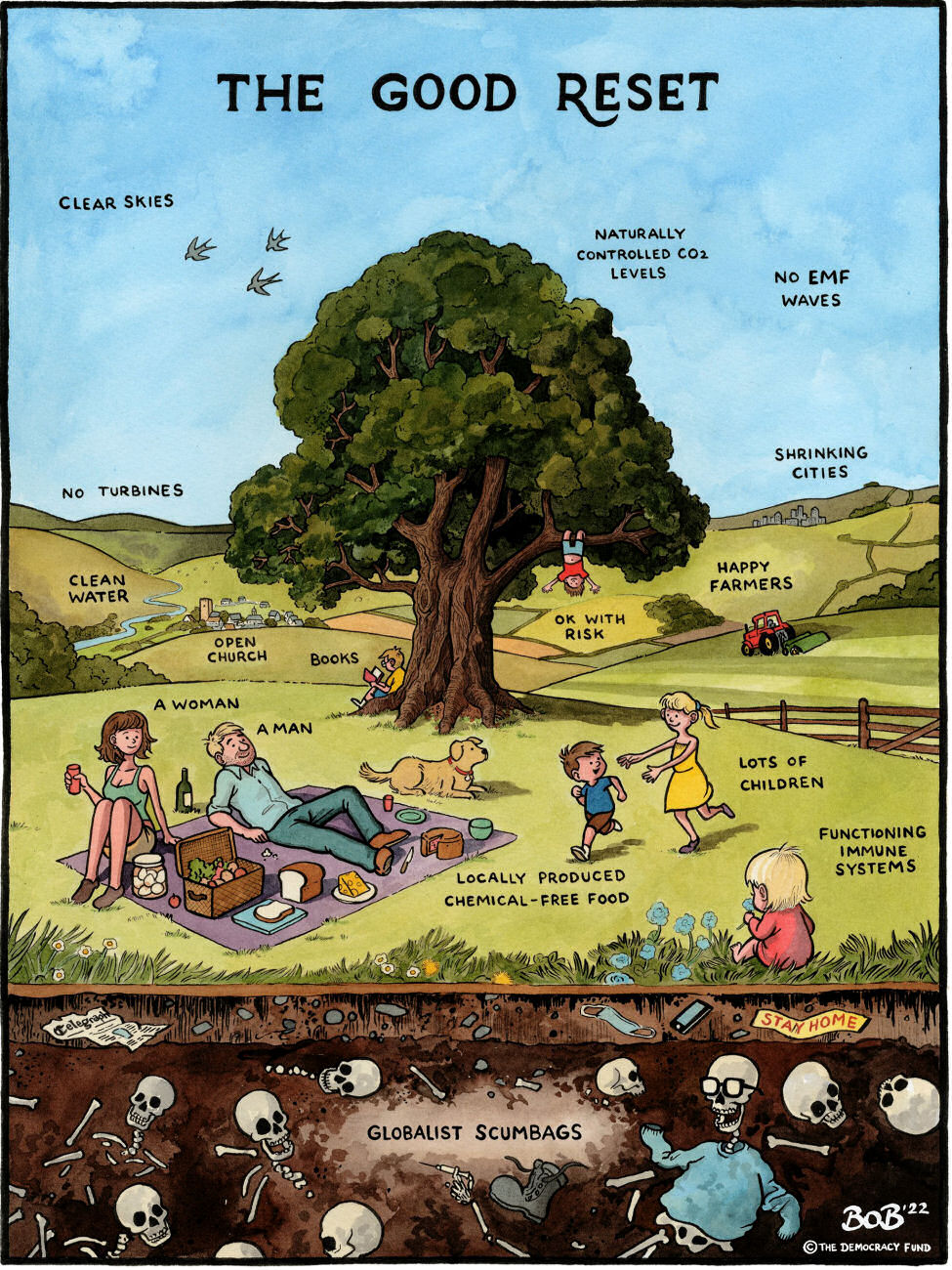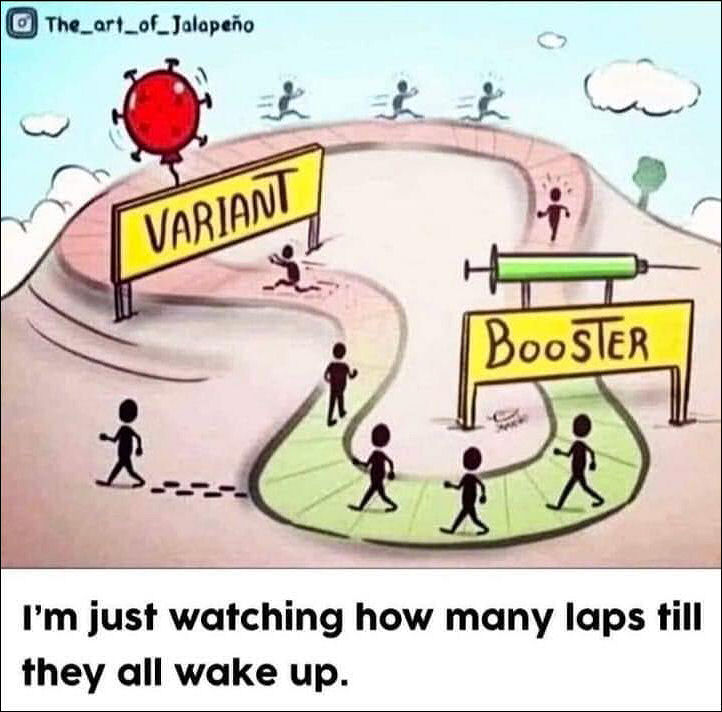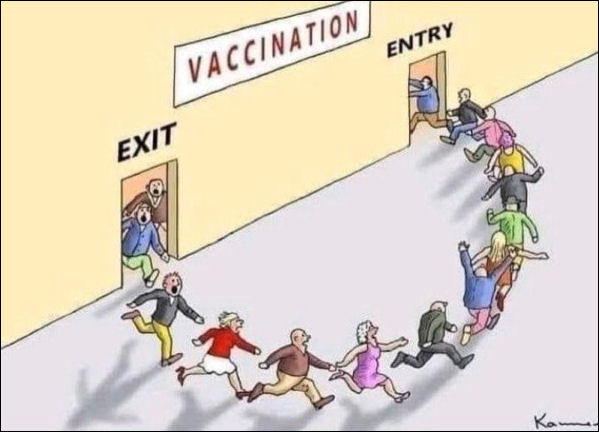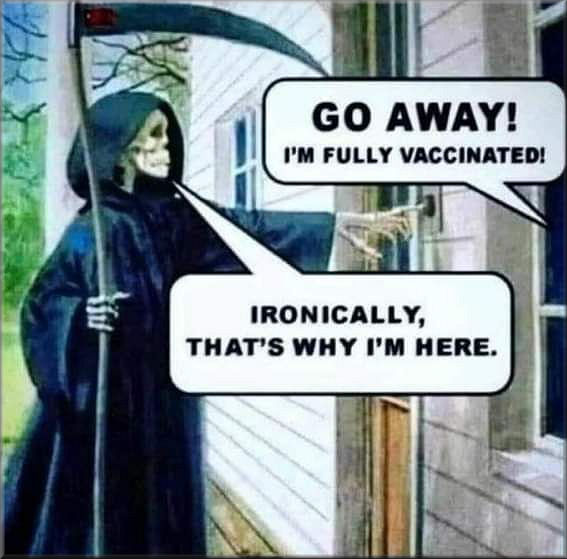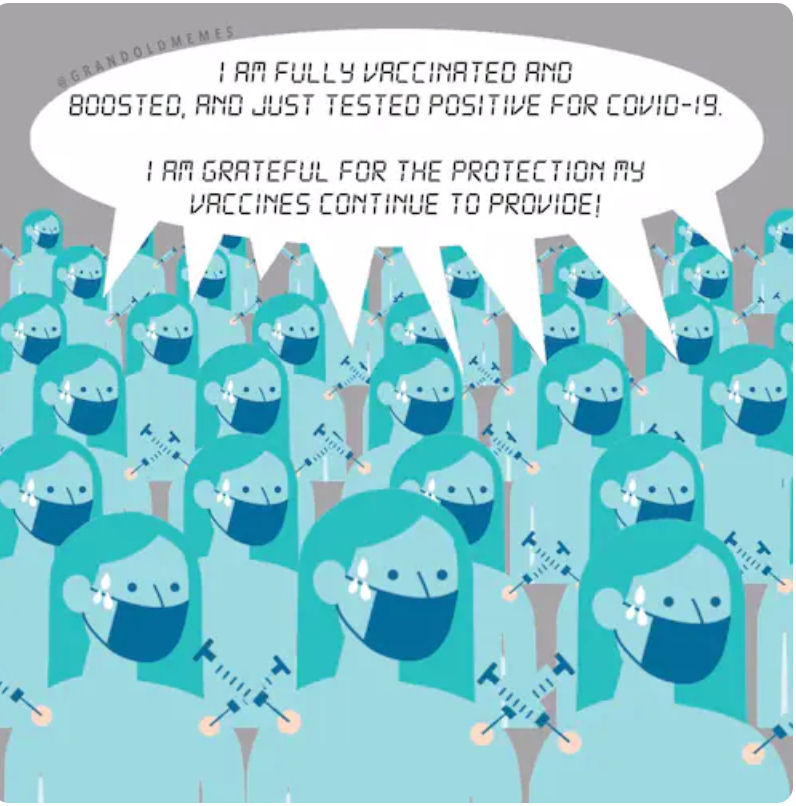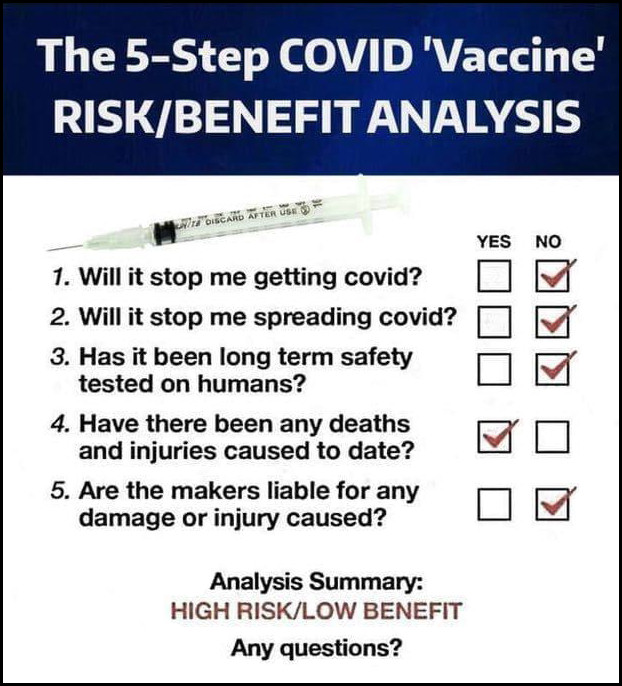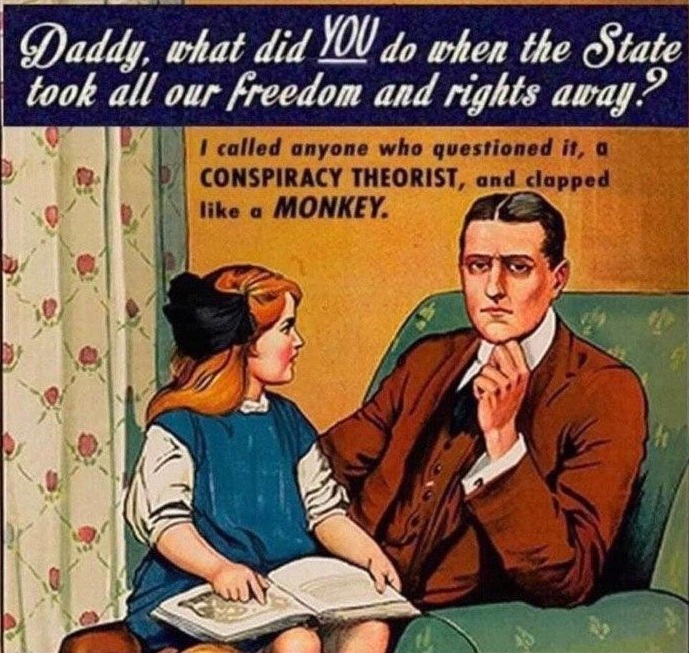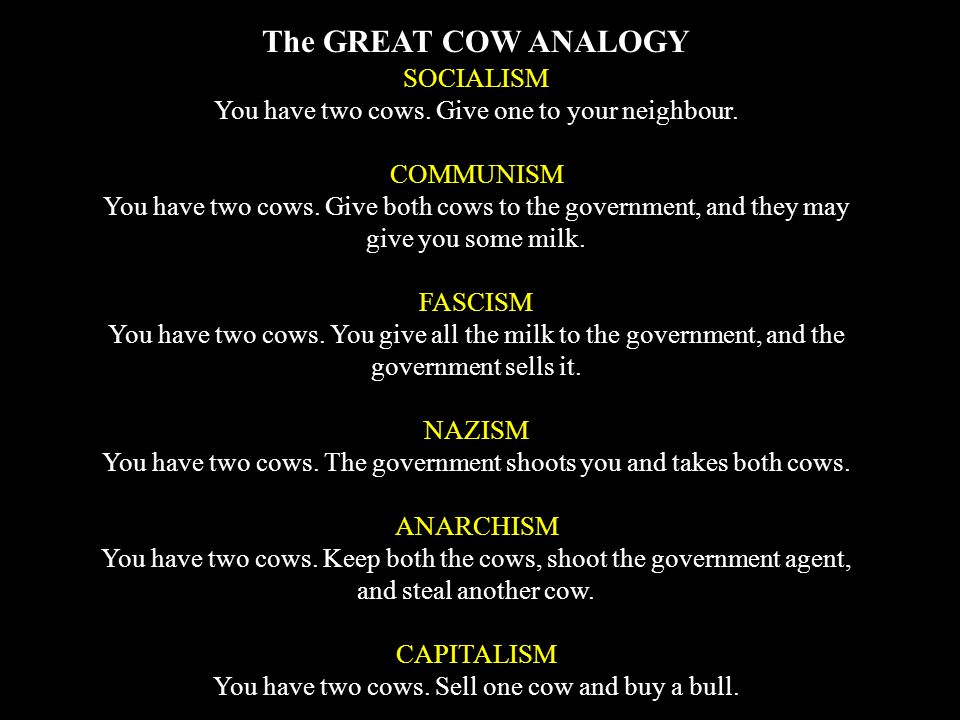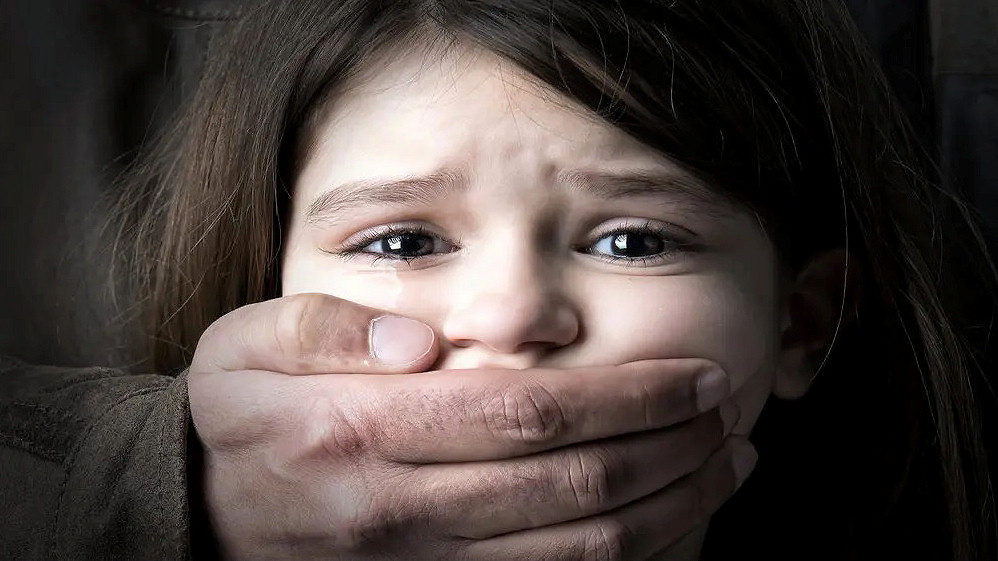|
Jabcinda: "It certainly tells us
that,
what, we always feared with Covid, and
that was that it would,
uh, reach into our uh,
potentially into our Maori and Pacific communities and, and that has proven to be the case. However, we have two really
important ways that we can continue to
protect our people, one is the vaccine; and so there's been a huge focus on,
making sure that we are reaching
everyone, um, wherever they are in the
country, and ensuring that we're
overcoming those barriers.
 Uh we're now up to 83%
first doses for Maori, um, and and
obviously, chasing with those second
doses; but in my mind, so long as these
people who are eligible, who haven't been vaccinated - we've got work to do." Uh we're now up to 83%
first doses for Maori, um, and and
obviously, chasing with those second
doses; but in my mind, so long as these
people who are eligible, who haven't been vaccinated - we've got work to do."
"What are
your high hopes for vaccination for Maori?"
Jabcinda: "Well you know I don't think I'll ever be
satisfied, so long as there's someone
who chooses, you know, who, who is
eligible and hasn't been... and that's why I've said this, there's not going to be
an end point to this vaccination program.
Jabcinda: Uh once we've, obviously we're rolling
out boosters now. So we've got a another,
you know, wave of people that we need to
make sure that we're protecting again, so
um, those who were vaccinated six months
ago, we really need them to come back - or
we need to go to them."
"We have absolutely
amazing rates with our Komatsu. Some up
to about 94%, 93%. But how important is it looking offshore
now, to some of those fourth waves, um how
important is it for Kaumatua to get the
booster?"
Jabcinda: "Oh incredibly important. When you see
those countries that are experiencing
those, those fourth waves, you can see
that in many cases, they either haven't started a booster
campaign, or they're only just starting and
it does seem to be the thing that's making a difference for those countries
that are experiencing another tough time. The, the advantage New Zealand has, is
that we can watch them a season ahead, so
they're coming into the Winter and doing
it tough. We've got the opportunity now,
in the the safety of Summer, to make sure
that we are reaching
uh, uh, all of our our older citizens and
making sure they have their booster.
It's
really, really critical. It brings your
immunity back up, to where it was when
you were first vaccinated!"
"You haven't
got a crystal ball obviously, but you
know we're looking ahead now, in the near
future to five to 11 year olds for
vaccination. Maori having such a,
a large
young population. What are you hearing
from your Maori ministers and Maori
health experts about just the uptake, or
is there any concern that we, we might
have low vaccination in that cohort?"
Jabcinda: "What's most important I think, for us is
making sure as a first step people have
confidence in the decision and that's
why leaving it to the experts, Medsafe
and then our expert advisory group to, to
make the call, when they are comfortable with all of the data that they have."
"Is it possible that we might see
vaccination
centres set up in Kura and Farikura?"
Jabcinda: "Kura and Farikura are
wanting that. Let's, let's work together
on making that possible. So we haven't
taken a blanket approach, but we've
really, we've really worked locally and I
think you'll continue to see us take
that kind of approach in the future."
"Reflecting on the year and looking
forward to 2022, what's going to be good
for Maori next year?"
Jabcinda: "One of the things
that really stands out for me, is, the
strength of our holder -
providers across the country and you know the additional,
out of necessity,
um growth that we've seen in those
providers; and how do we now,
carry that forward, into the new health
reforms; and I'm really optimistic about
the possibility here."
"I guess you
couldn't have asked for a better pilot
project,
than this forced Covid rollout plan, so
in terms of devolving resources into the
Maori Health Authority, are you confident
that you'll have the support?"
Jabcinda: "Yes and
look you only need to see the, the
jump in rates that we've had in
vaccinations since you've seen that additional support go into those
providers; and as I say, these you know,
already when I'm out talking,
uh with providers though, they're excited
about what it means for,
you know cervical screening, what it
means for measles, and what it means for
rheumatic fever and all of those issues
that we know have devastating impacts on
our community, but we now have the
facilities and
the people, to really, reach into
communities that we have done a poor job,
serving in the past."
"Teo maori is meant
to be available to every child in 2025. How are we tracking for that?"
Jabcinda: "So I'm
really confident about, um,
our ability to embed within curriculum. It's making sure that we've got,
um, the the workforce and that's been
something that Minister Davis in
particular has been really focused on. Uh,
how do, we uh not just bring through uh
more teachers and uh proficient in Tiramari Maori, but how do we empower our existing
workforce to feel confident in the classroom, to use um, to use Tiramari in
every day, in everyday teaching; and so
the training that's been happening there,
has been excellent,
um but, yeah obviously just that's an
area we need to continue that focus."
"Iwi leaders around the country are
asking people in the red traffic light
zones, to stay home this Christmas, to not
come into the Rohi, um to respect, you
know the vulnerability of their
communities. So with that, I guess, you
know,
where are you going this Christmas with
your whanau?"
Jabcinda: "Actually the point that I've continually made is, you know, we've actually created
a system, to protect people, with movement,
so the first, the first point to make is
that many of the places where you do
tend to see a bit of movement, like Auckland, you know of course we know Aucklanders tend to move over the Summer
period, so, they haven't moved for
four months, and for the month that we
expect they will, there's a requirement
on them - that they cannot do so unless
they are double vaccinated, or, they have
been tested before they depart. Um, so that's one thing we've done to make
sure that, that movement is, is safer."
"Although it would be safer, if someone
from,
from Tamaki Makoro, did not go to Tiara,
to a community that's vulnerable and has
a lower immunisation."

Jabcinda: "Actually if someone is vaccinated though,
you know they do pose lower risk to
other people, uh, and so what we're doing
there..."
"They still pose a risk?"
Jabcinda: "Yeah, well,
of, of course we know though that, we are in
an environment now where, if, if we're
doing, you know everything that we can to
make sure that we are, vaccinating, that
we're testing all our symptomatic
individuals, we are still contact tracing
around cases. We still see that even in Auckland,
that actually,
a large portion of our cases are still
household and contacts are still linked,
you know all of that bodes really well
for us to slow the spread and to
continue to keep people safe..."
"Do you hear
those Iwi leaders though in those remote
communities?"
Jabcinda: "I've had um conversation
with them, and with ewe leaders on this
issue; and again the, the reminder I have
is actually for the highest risk area we
have put in those extra, those extra
protections." |



